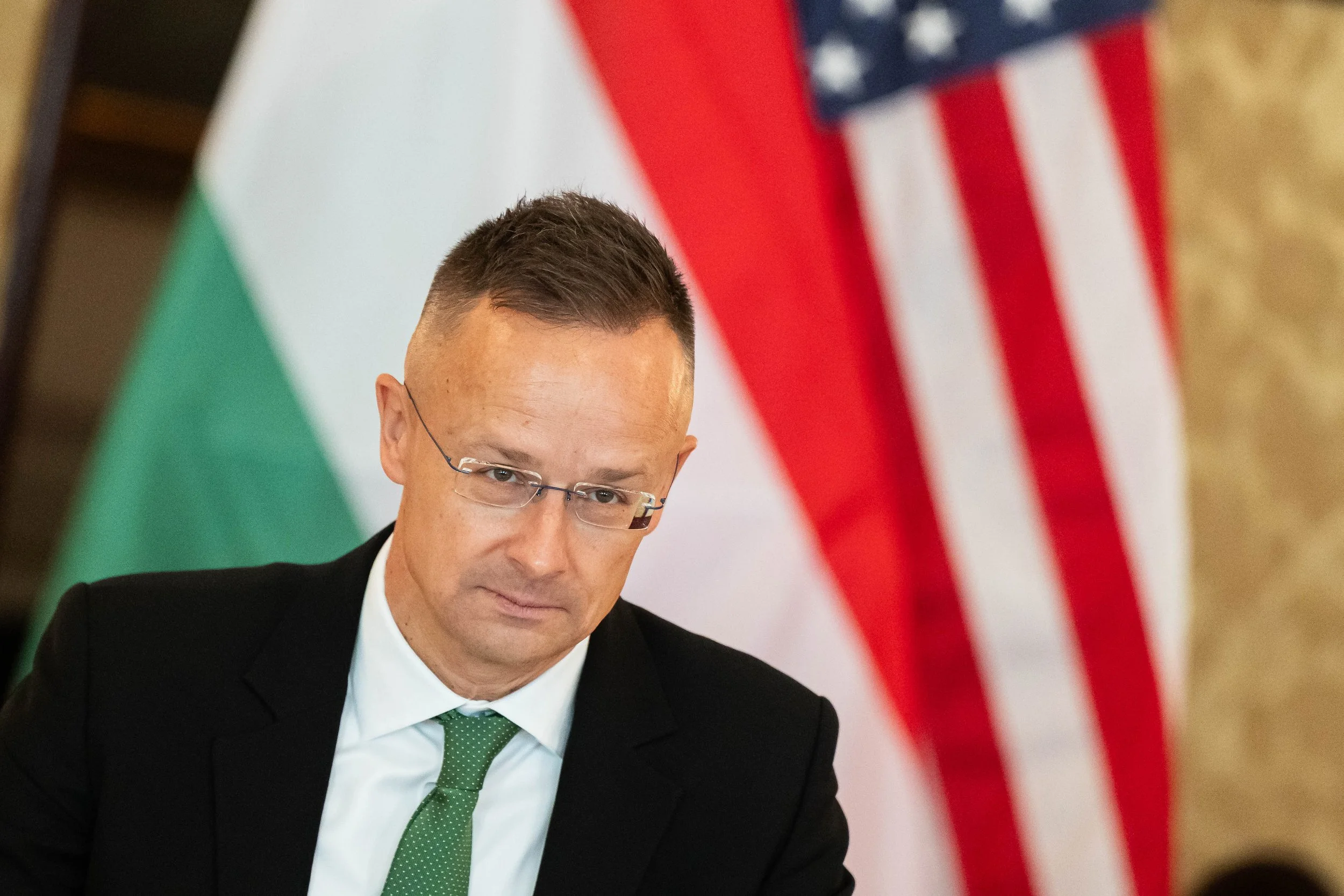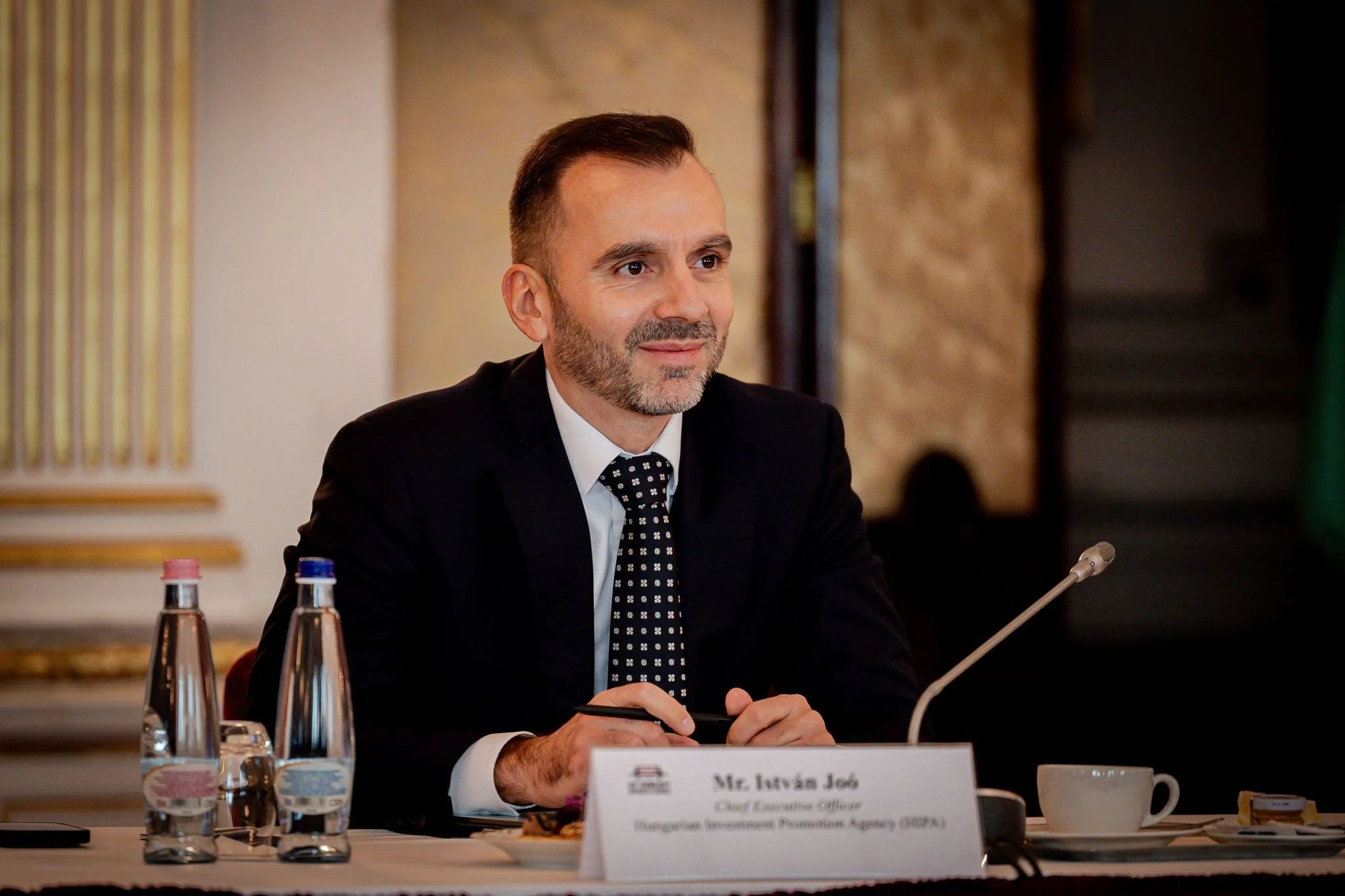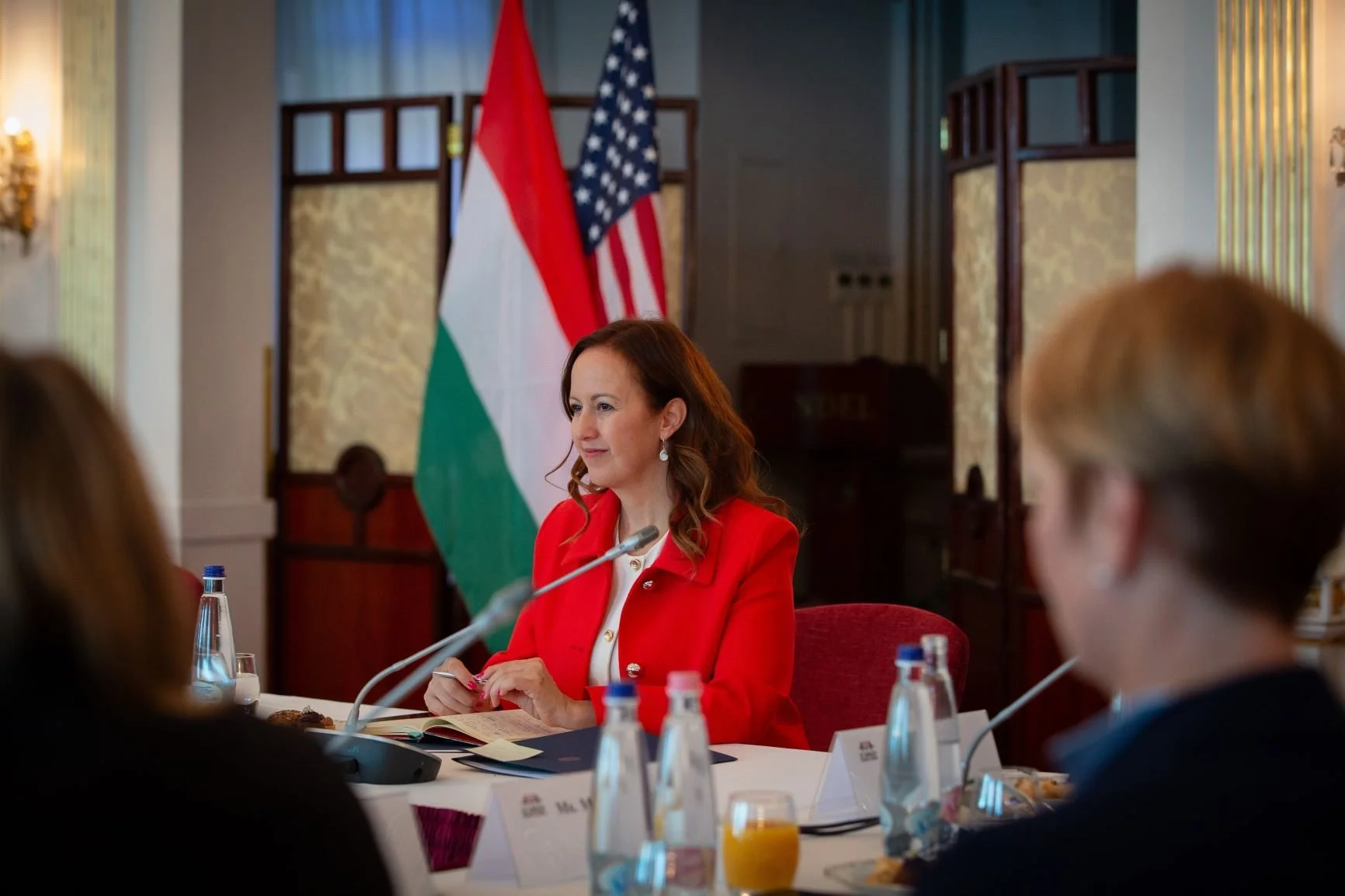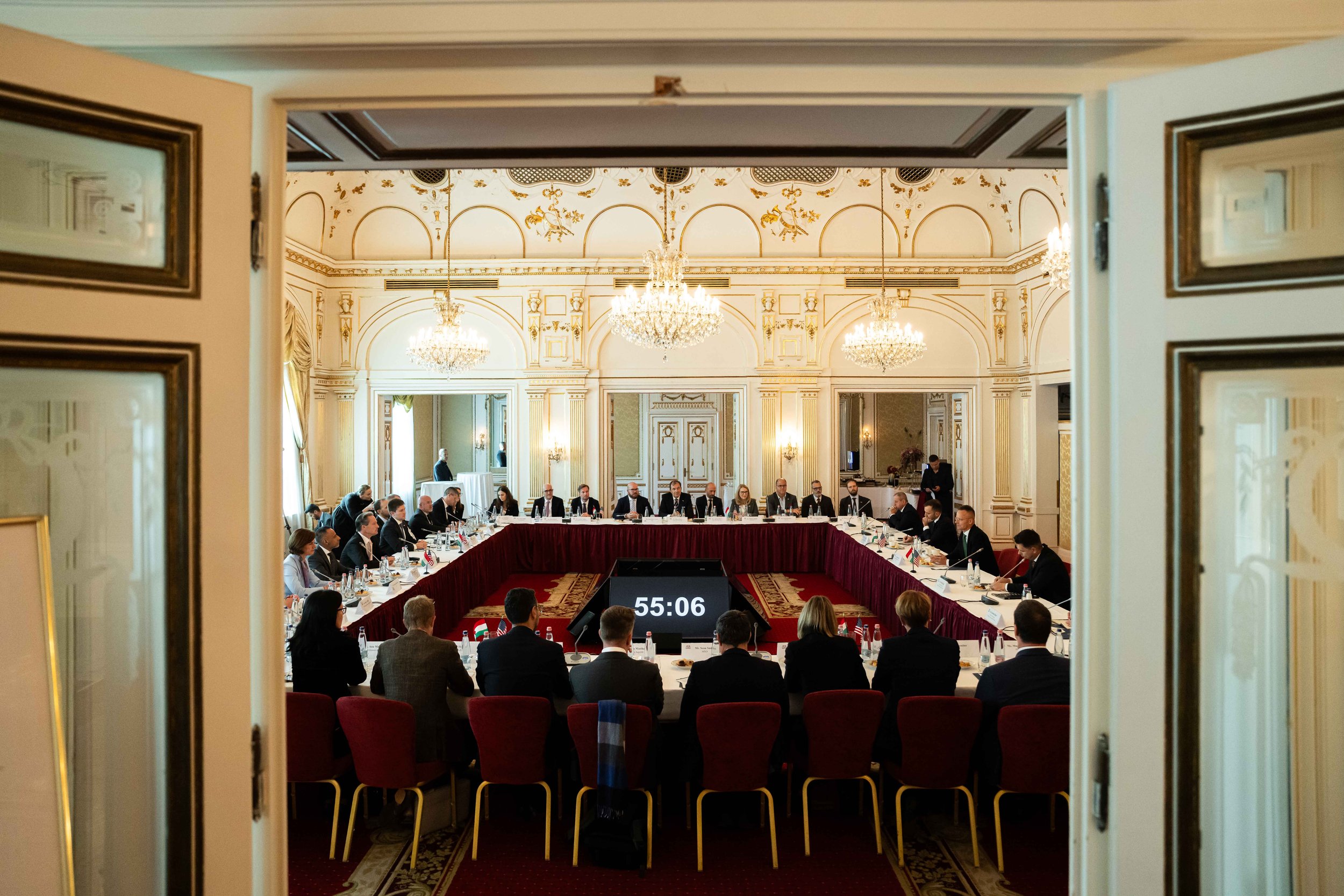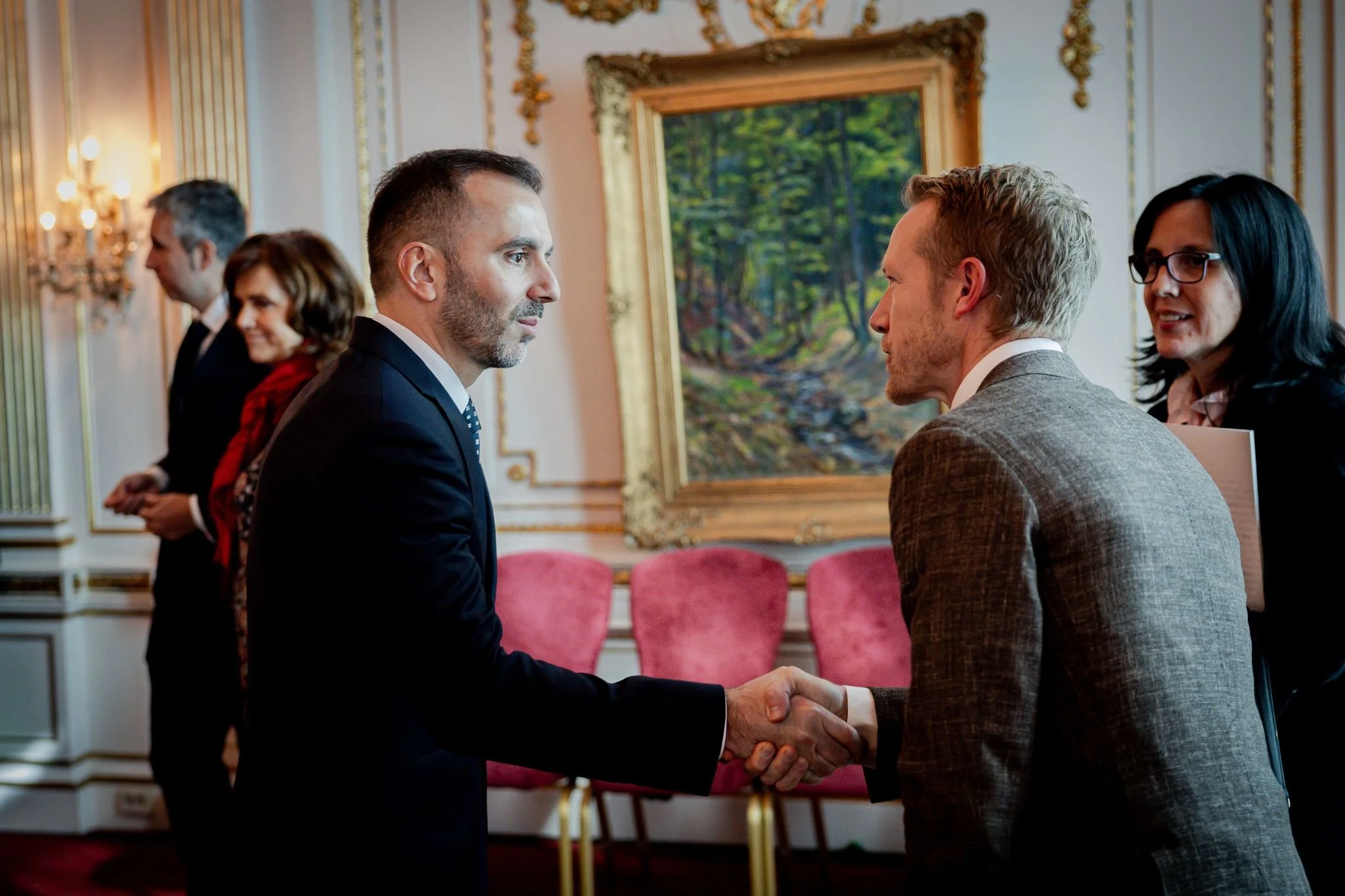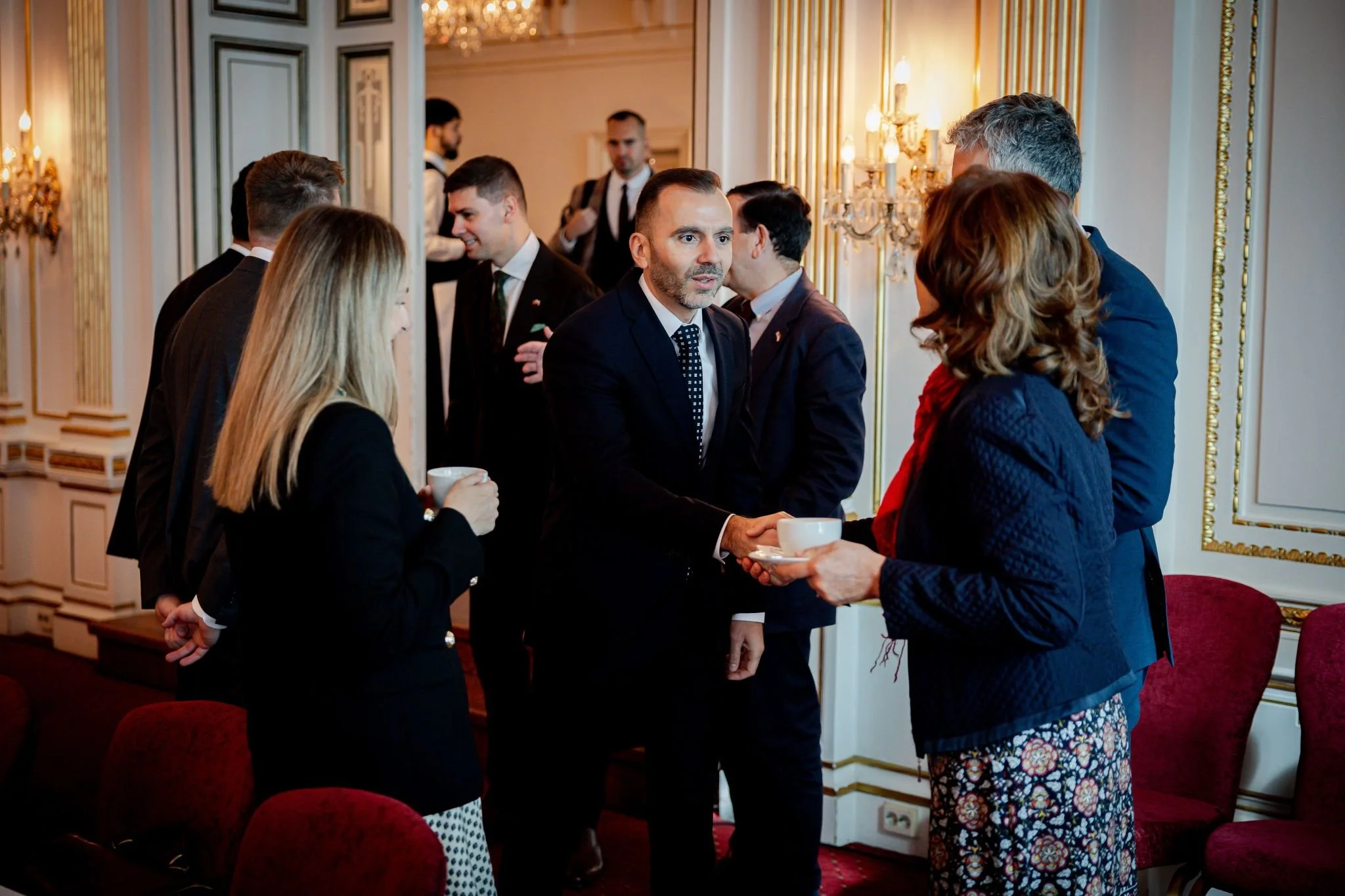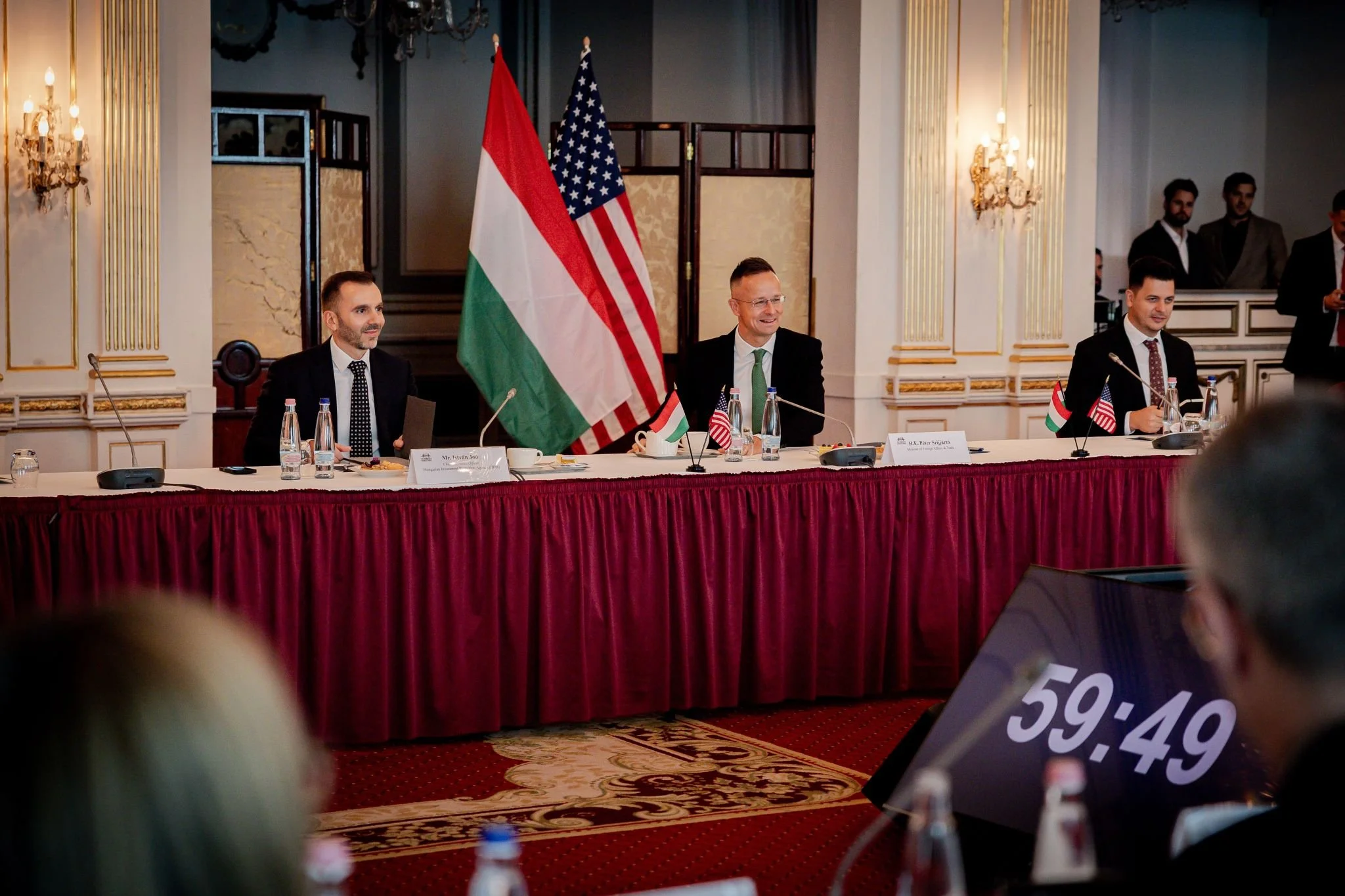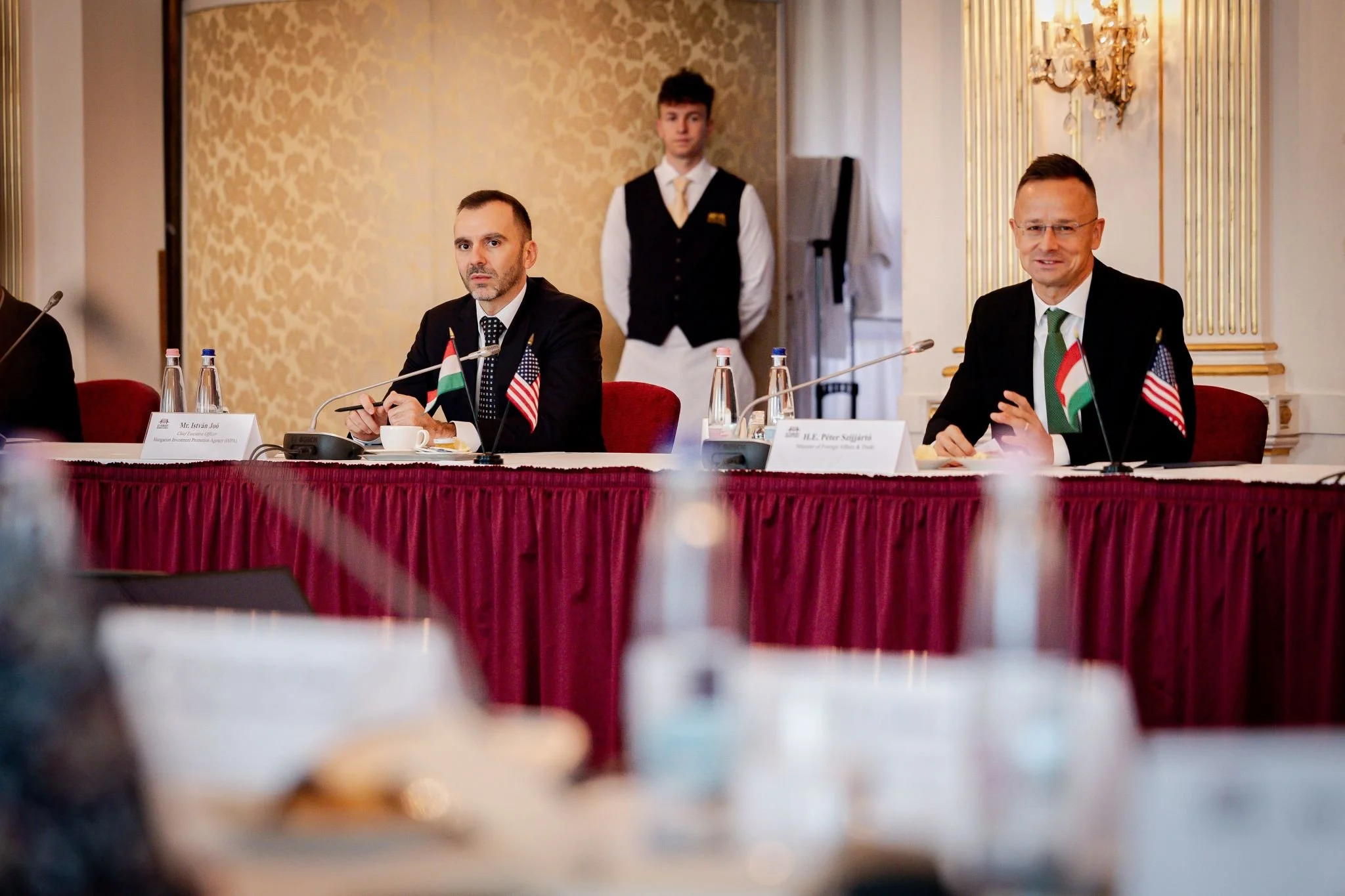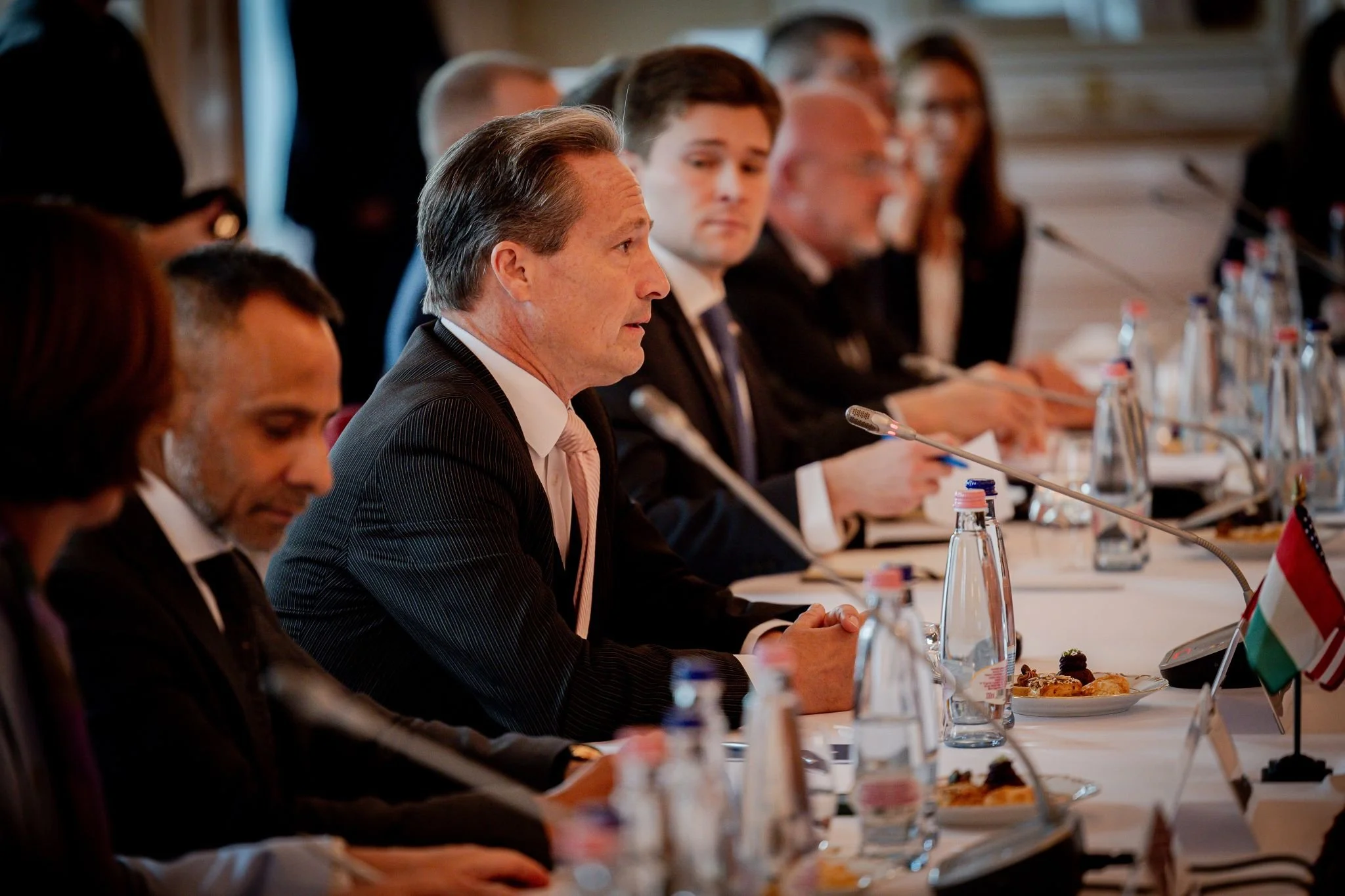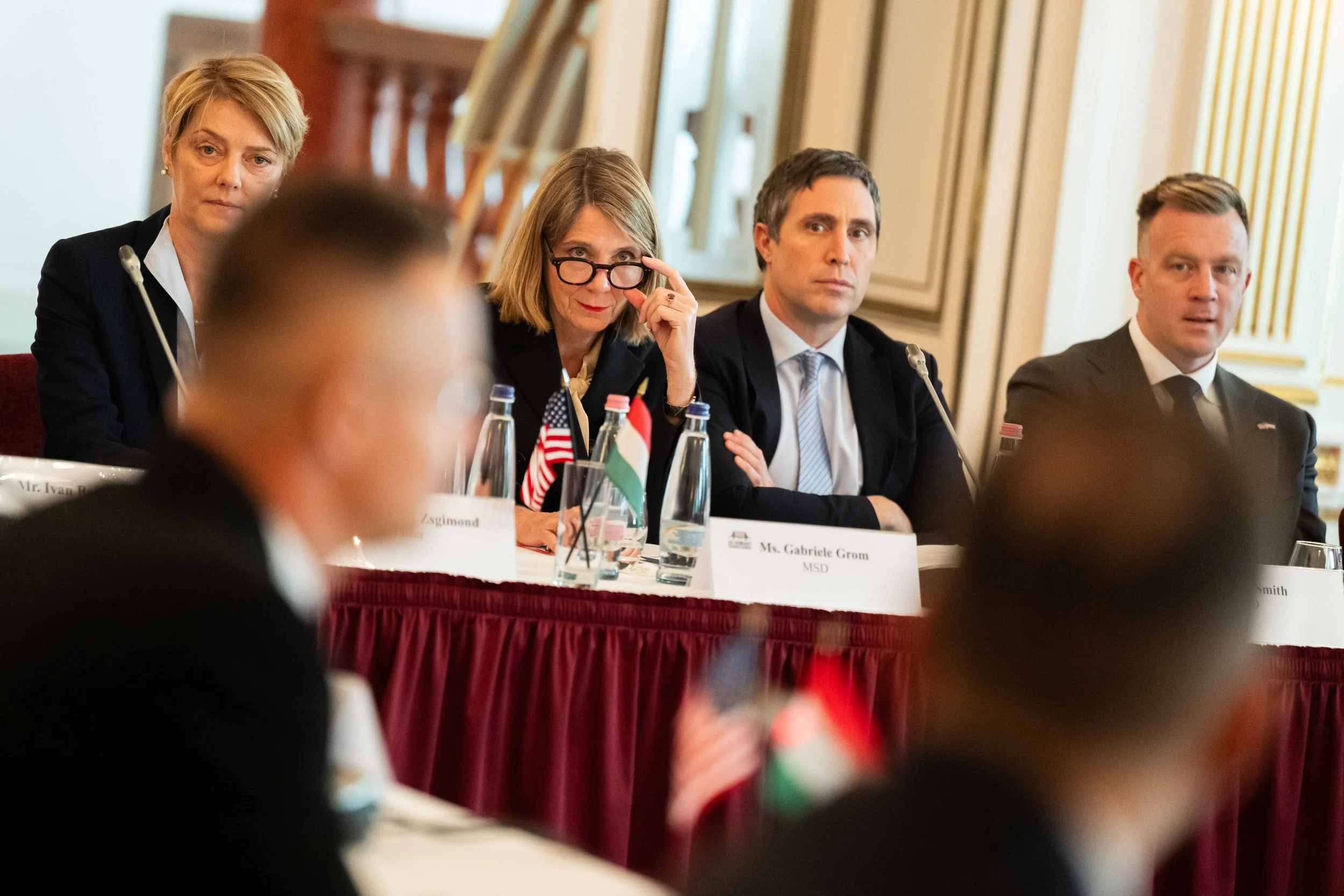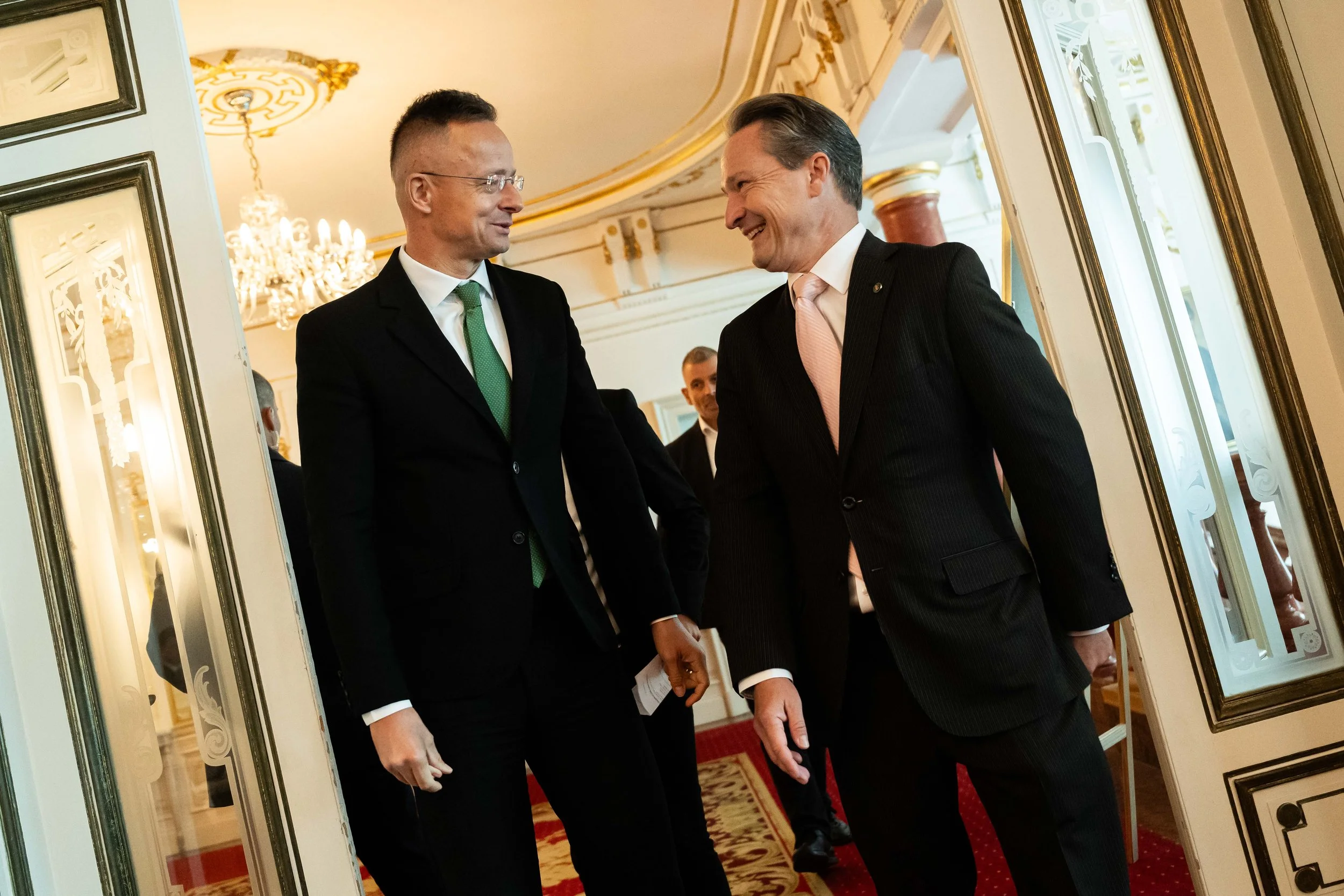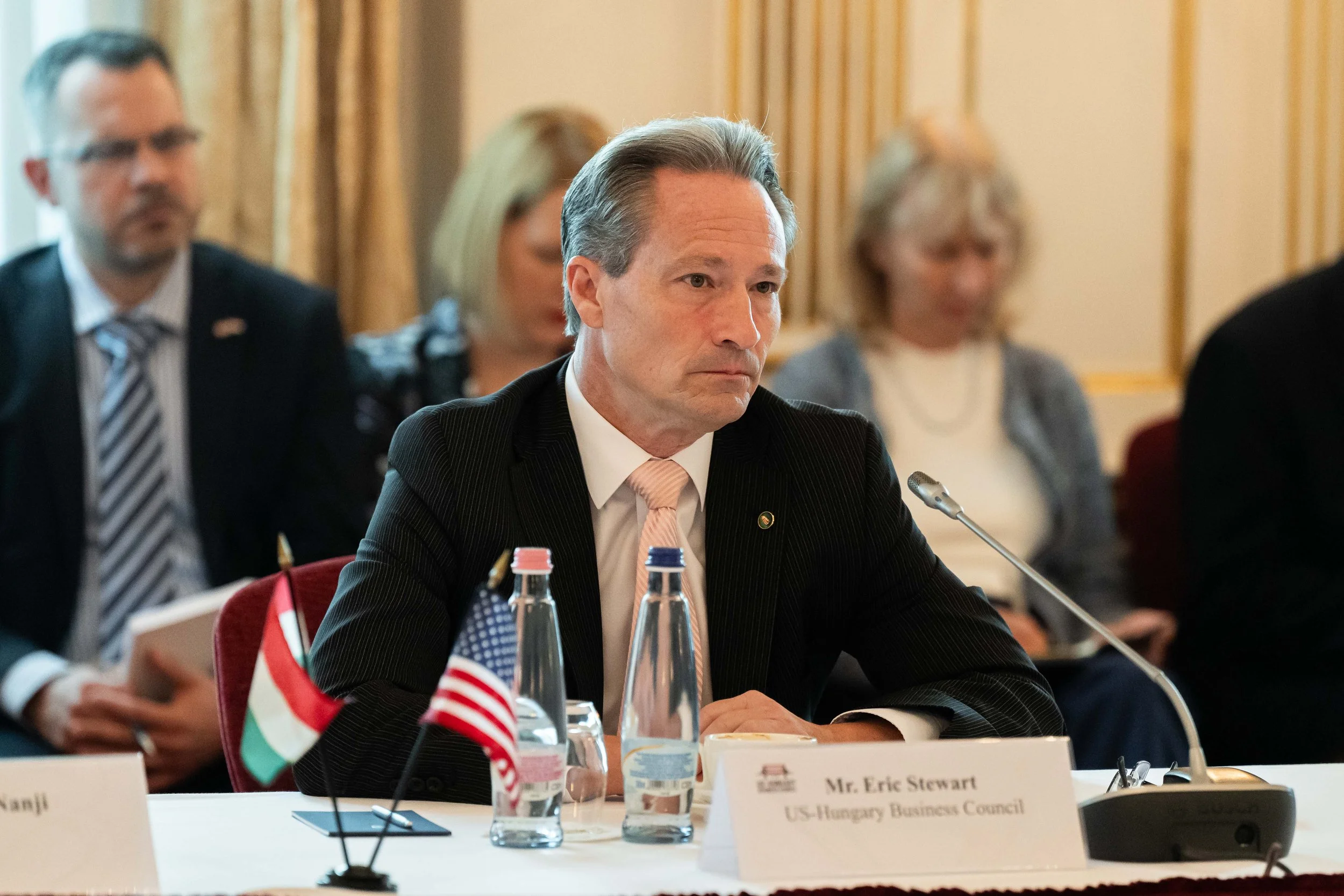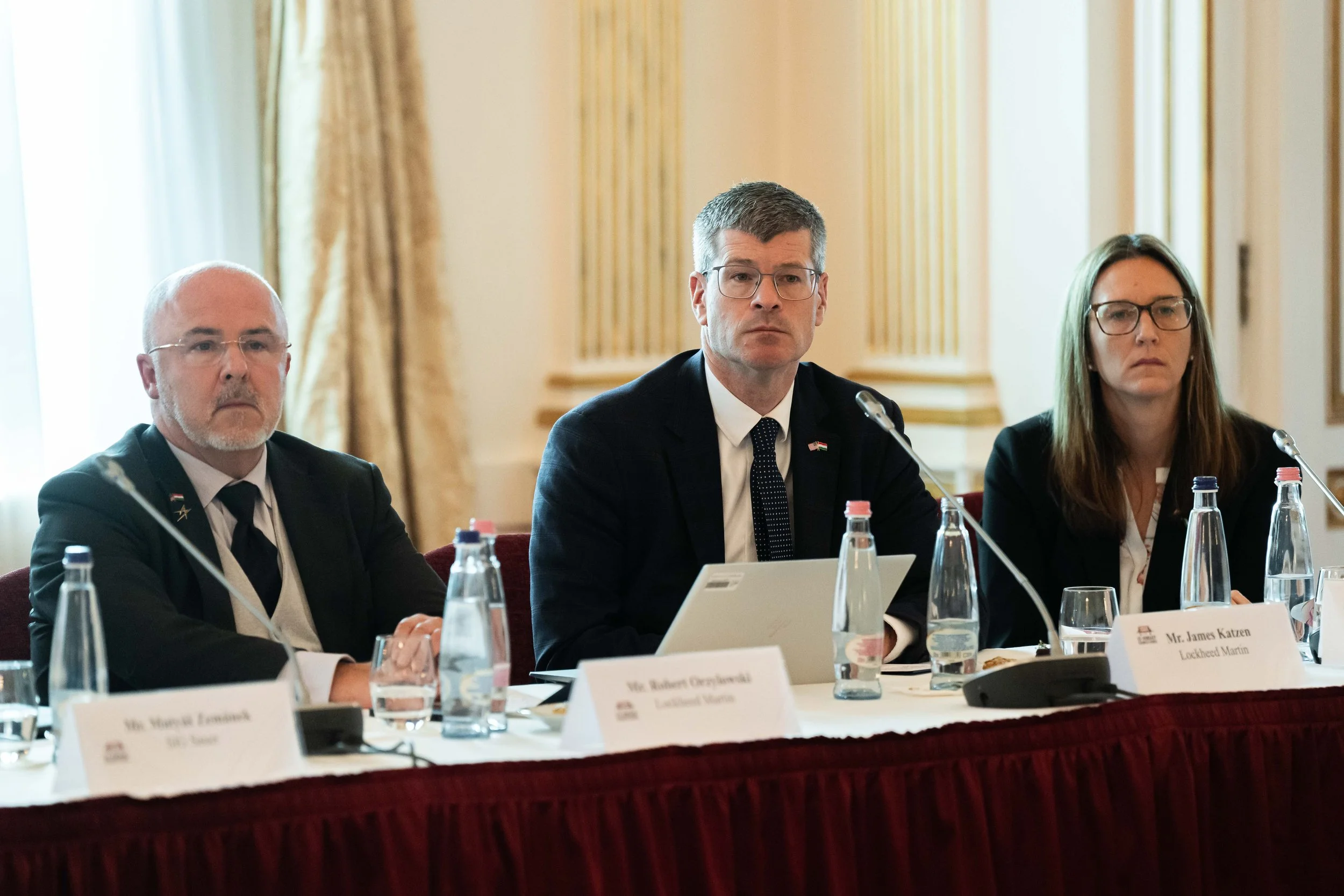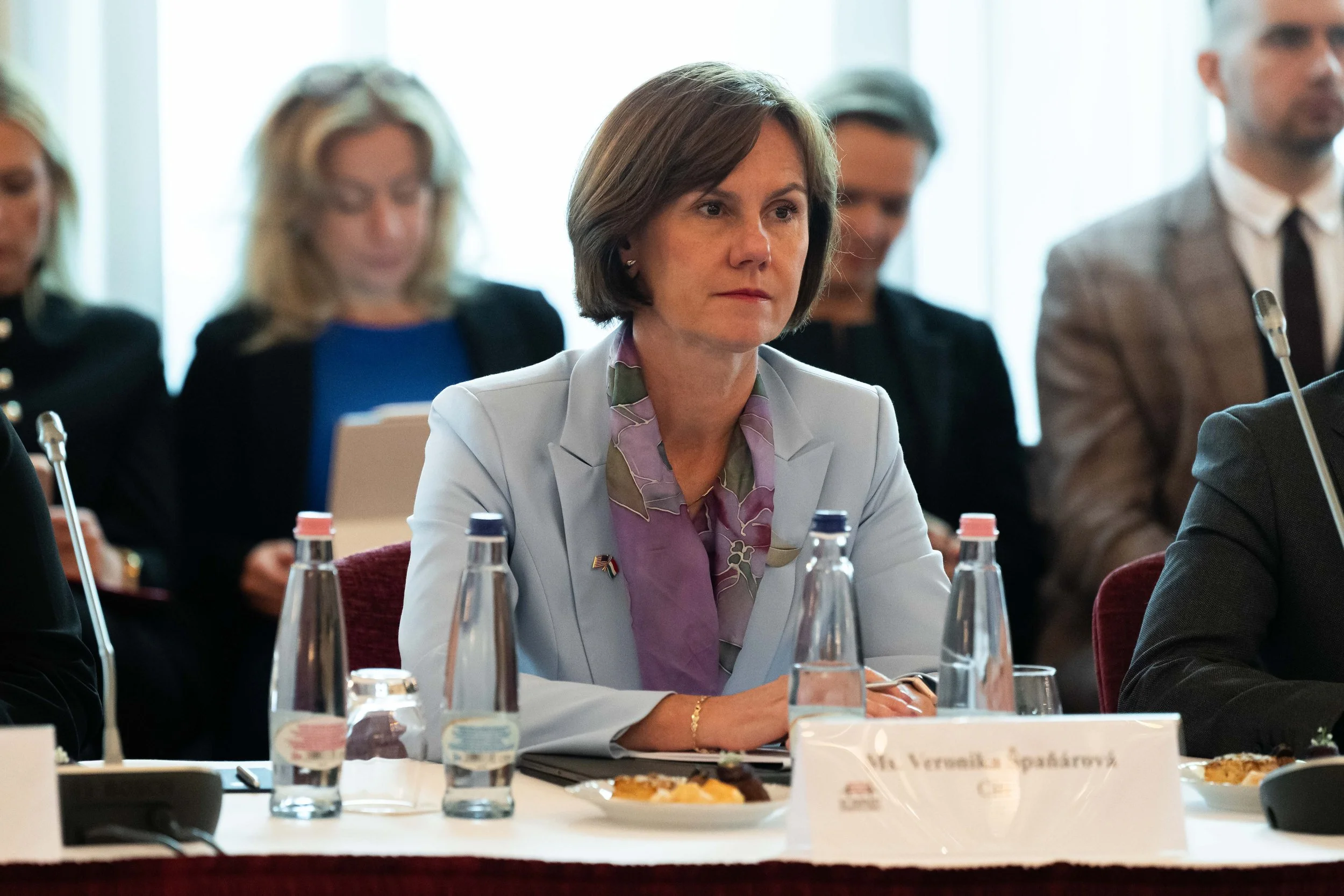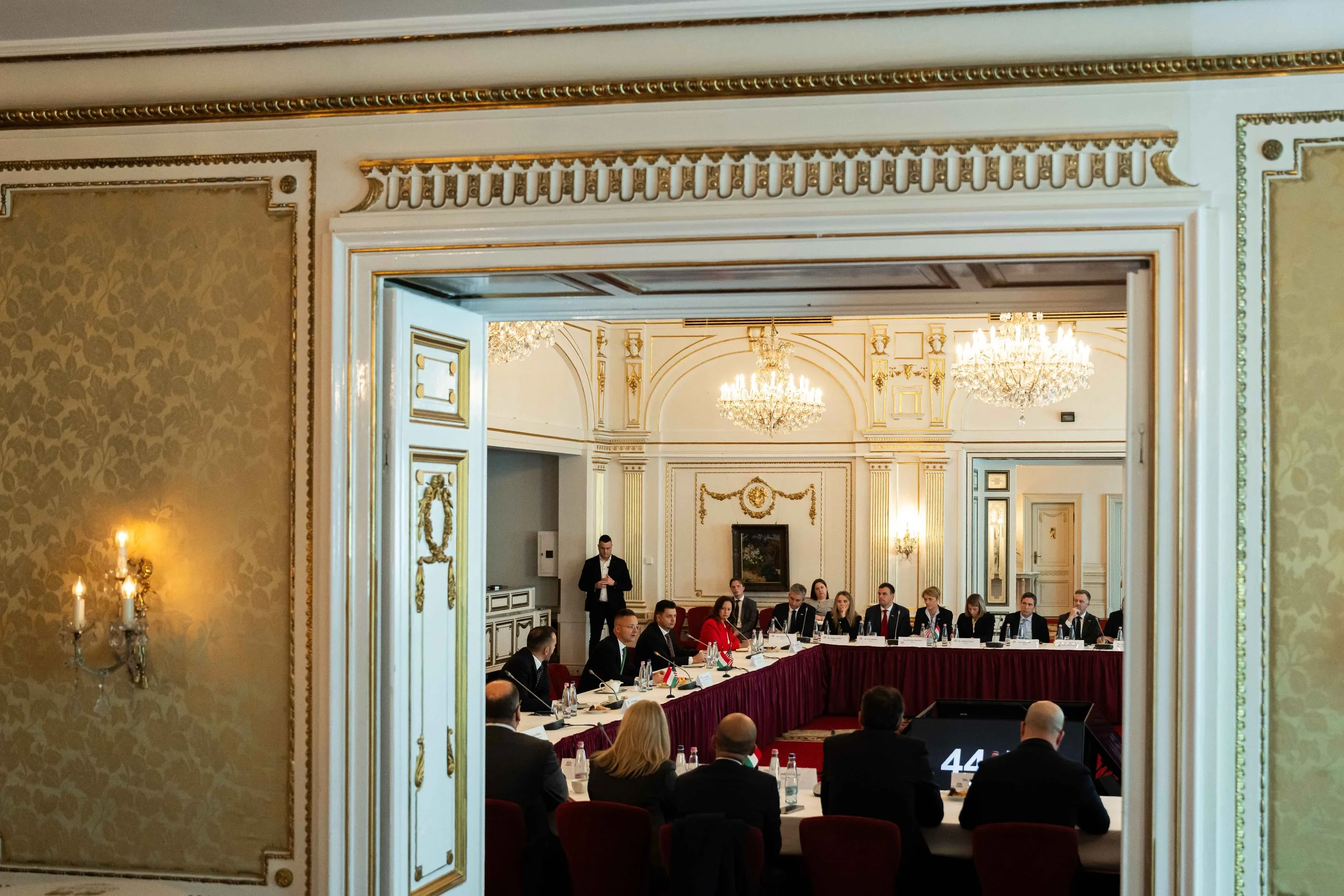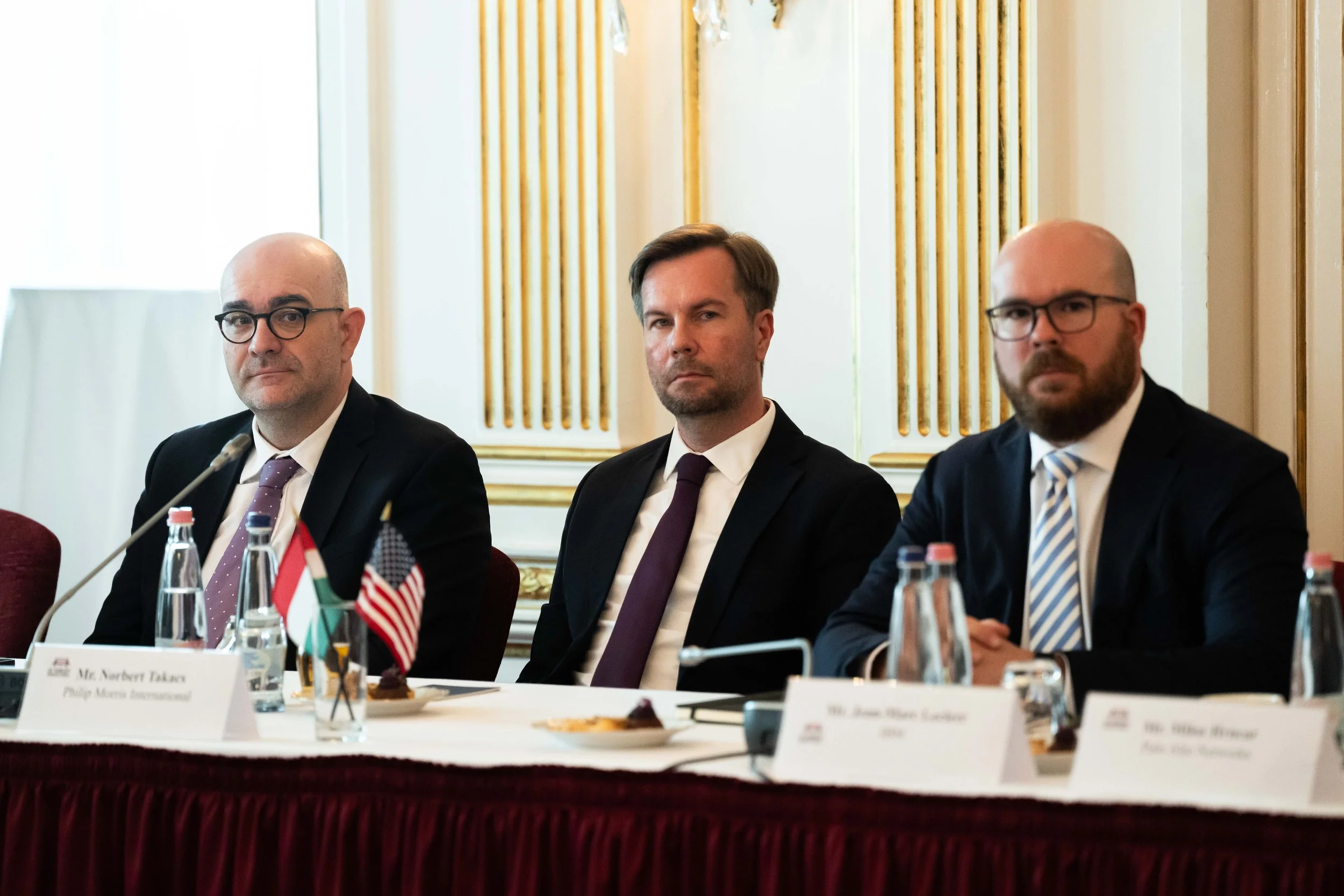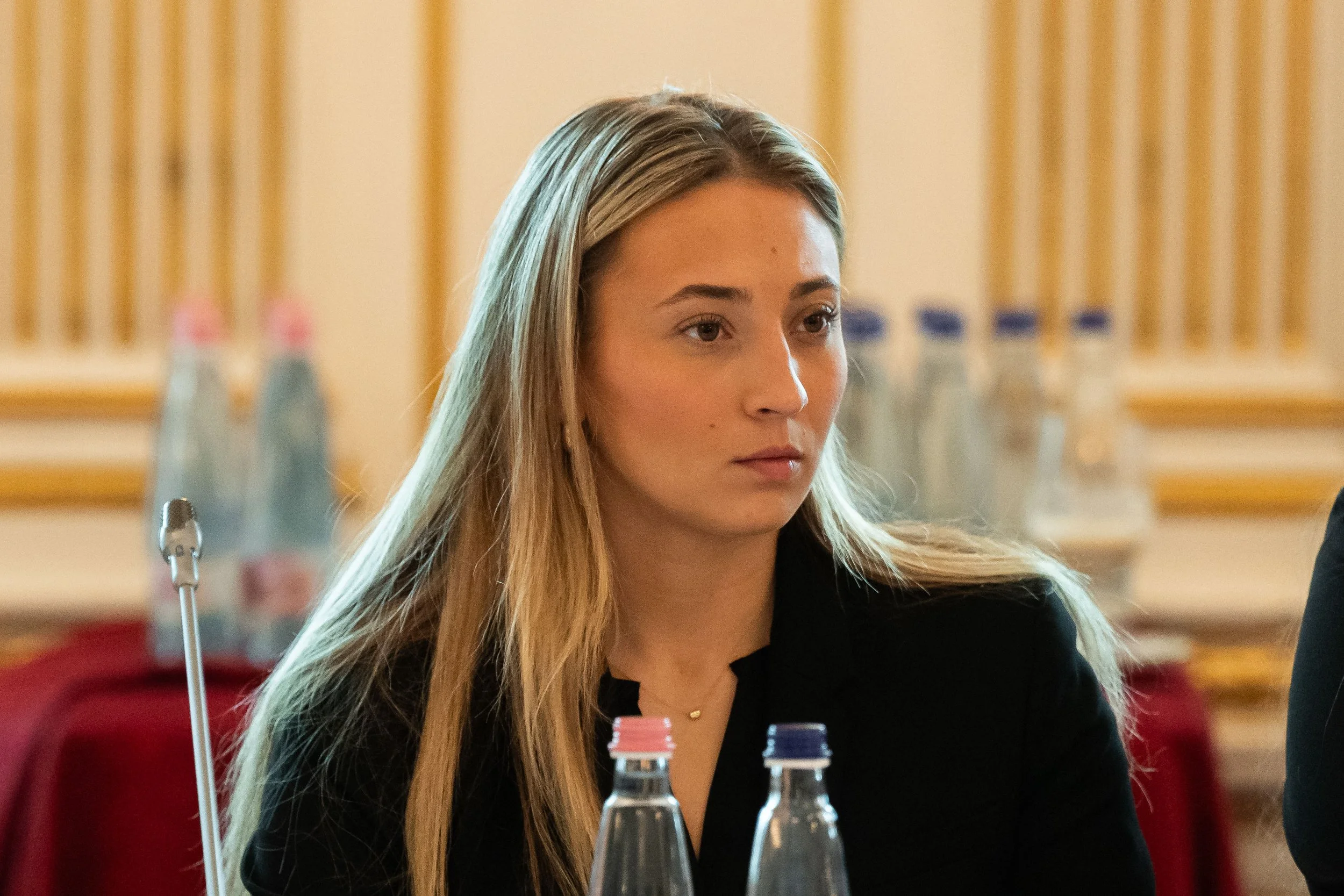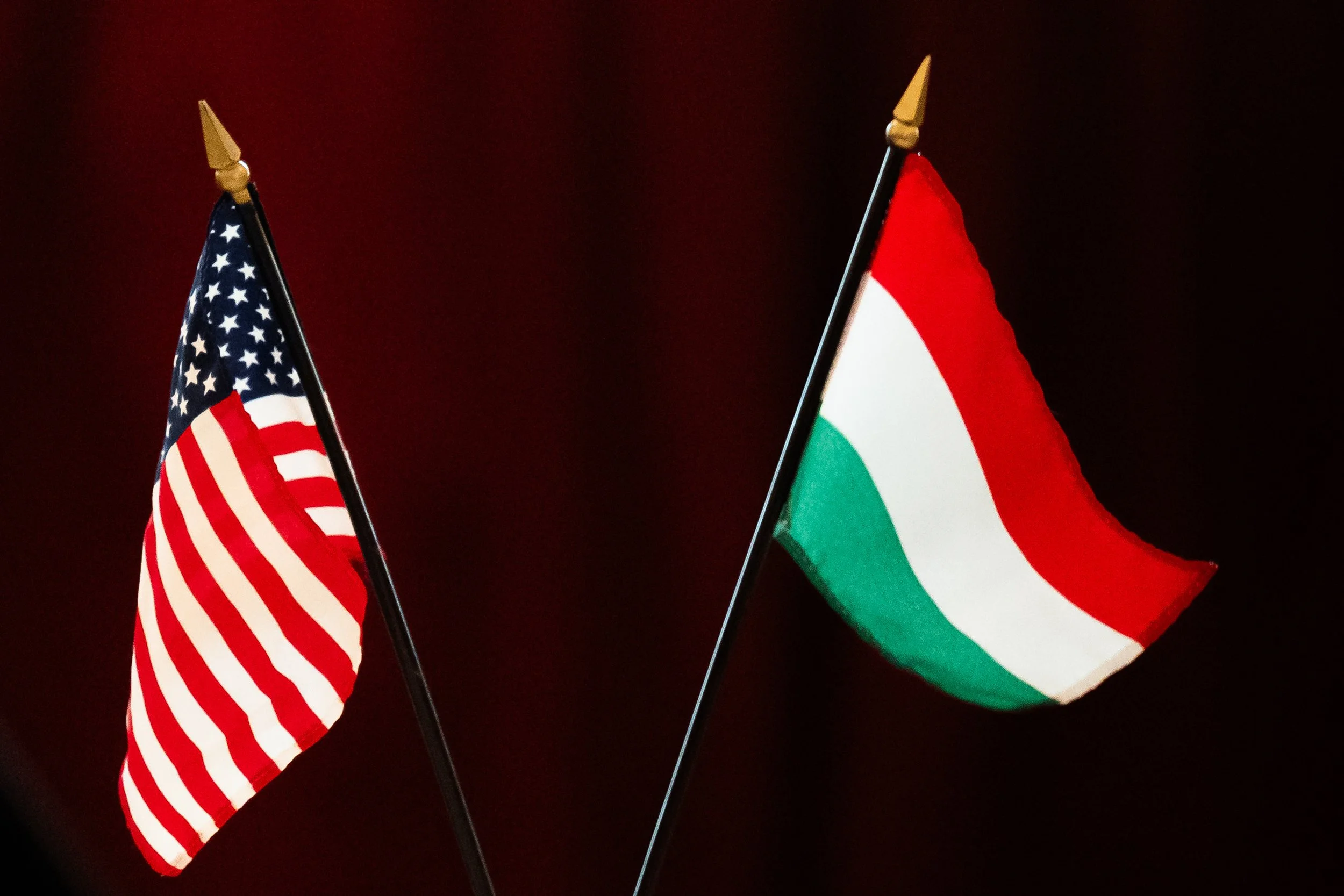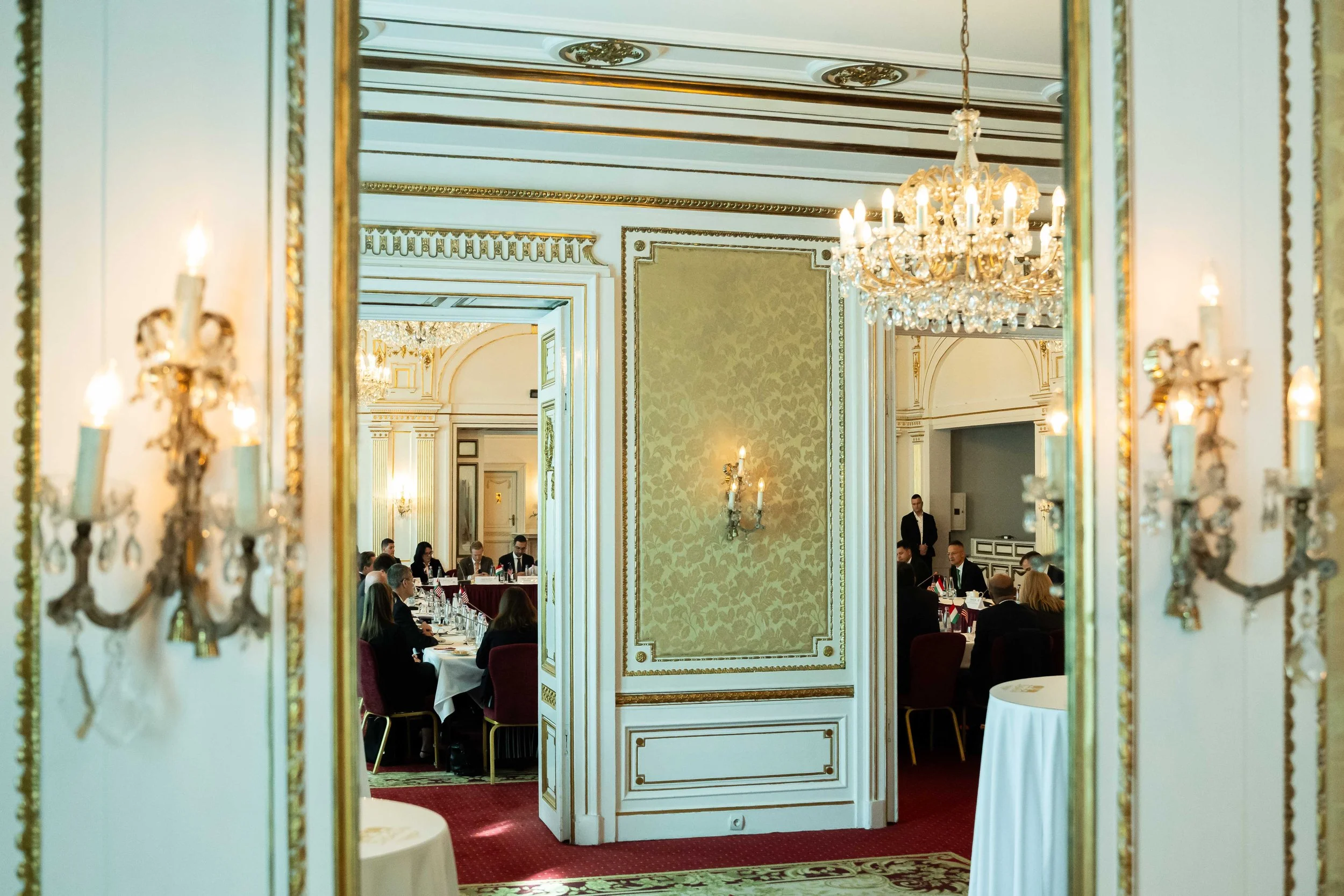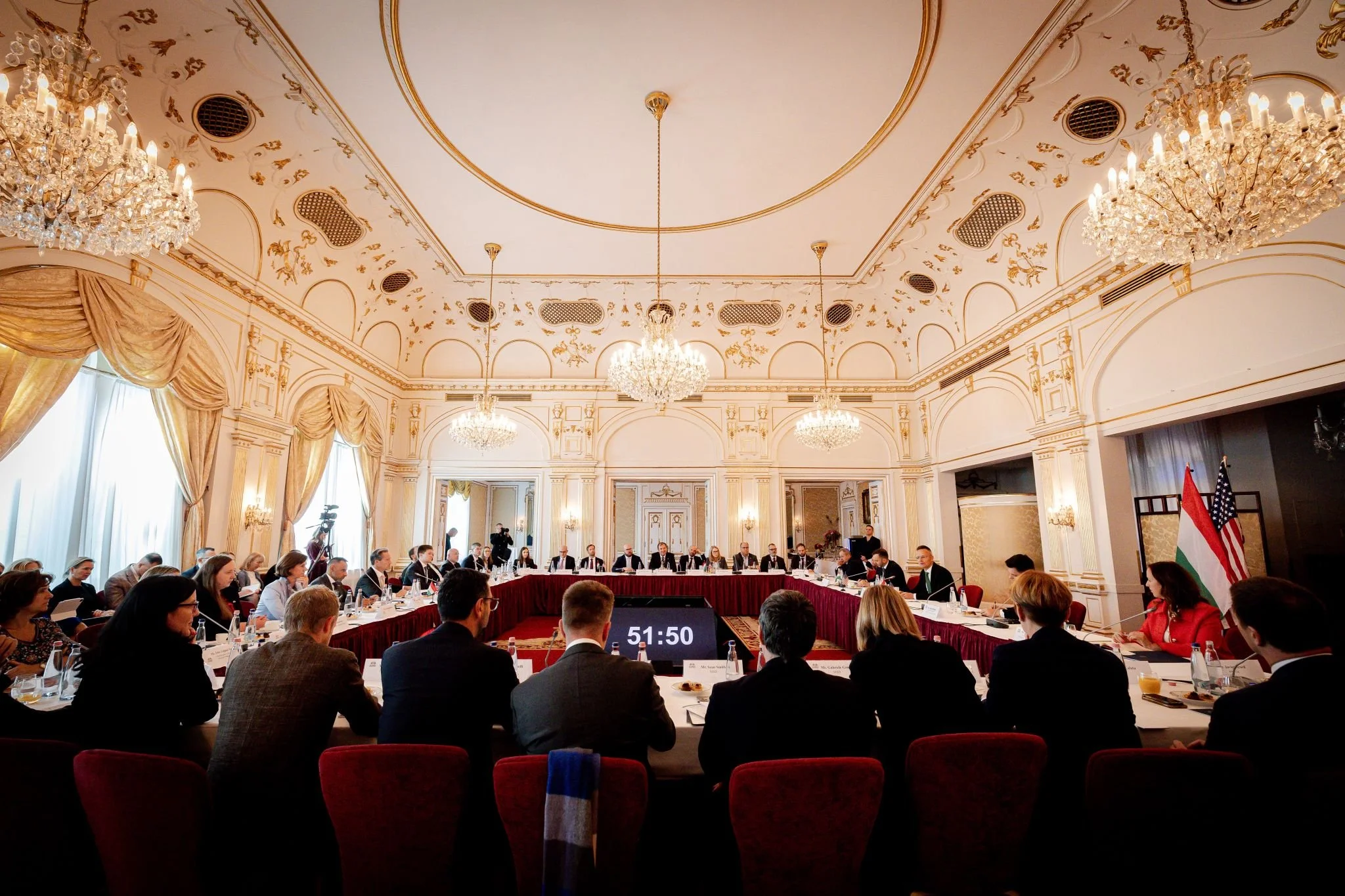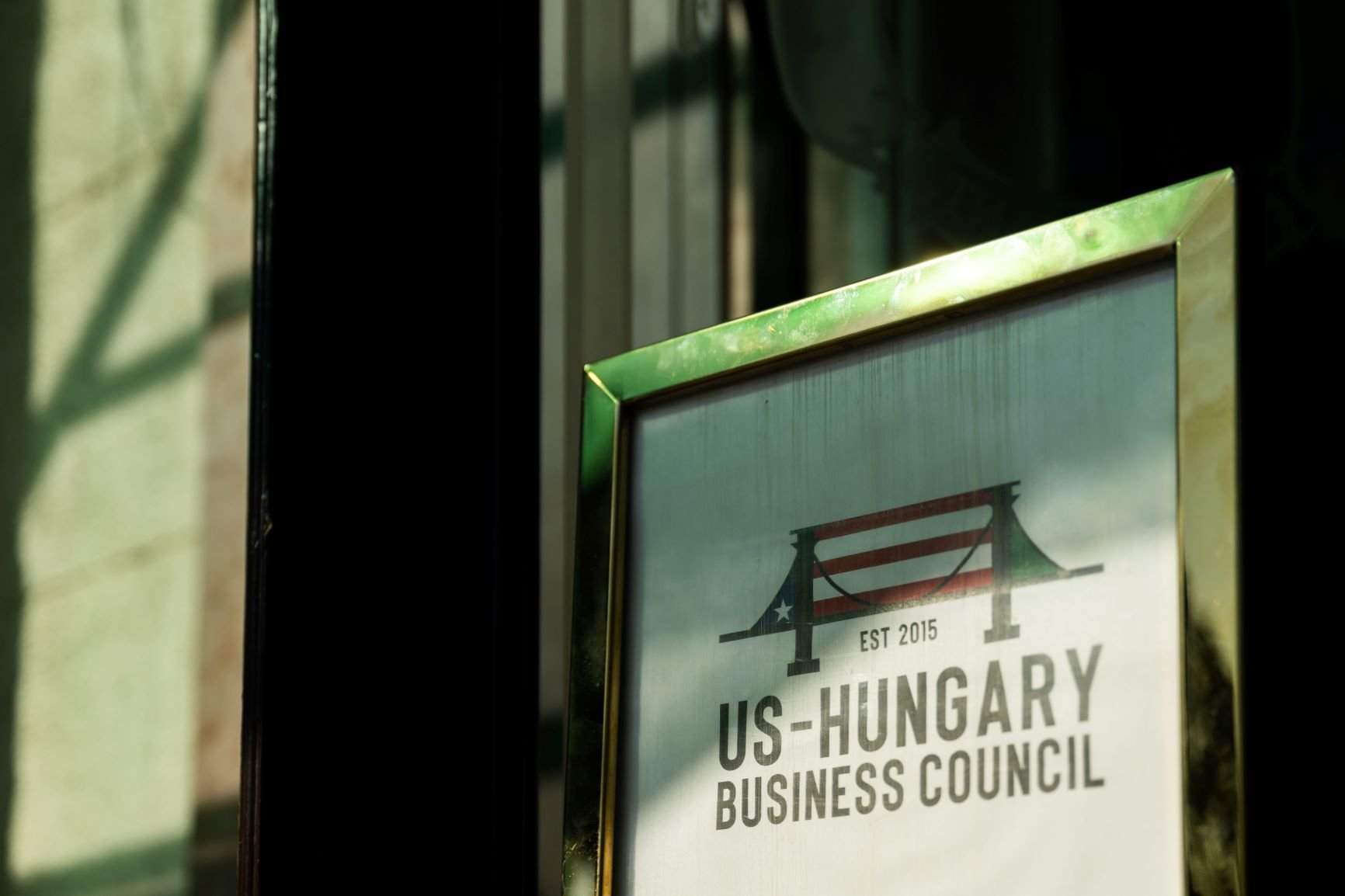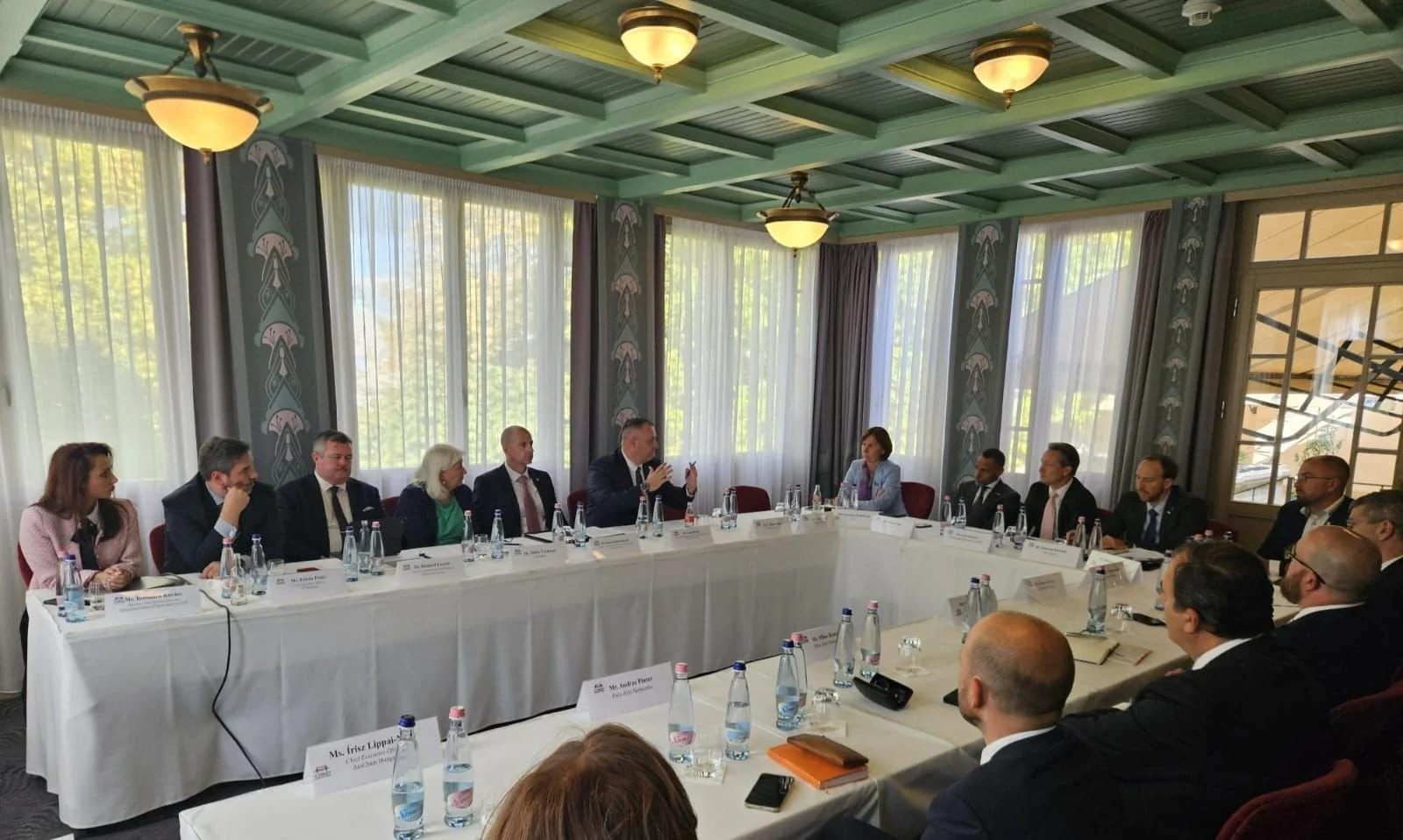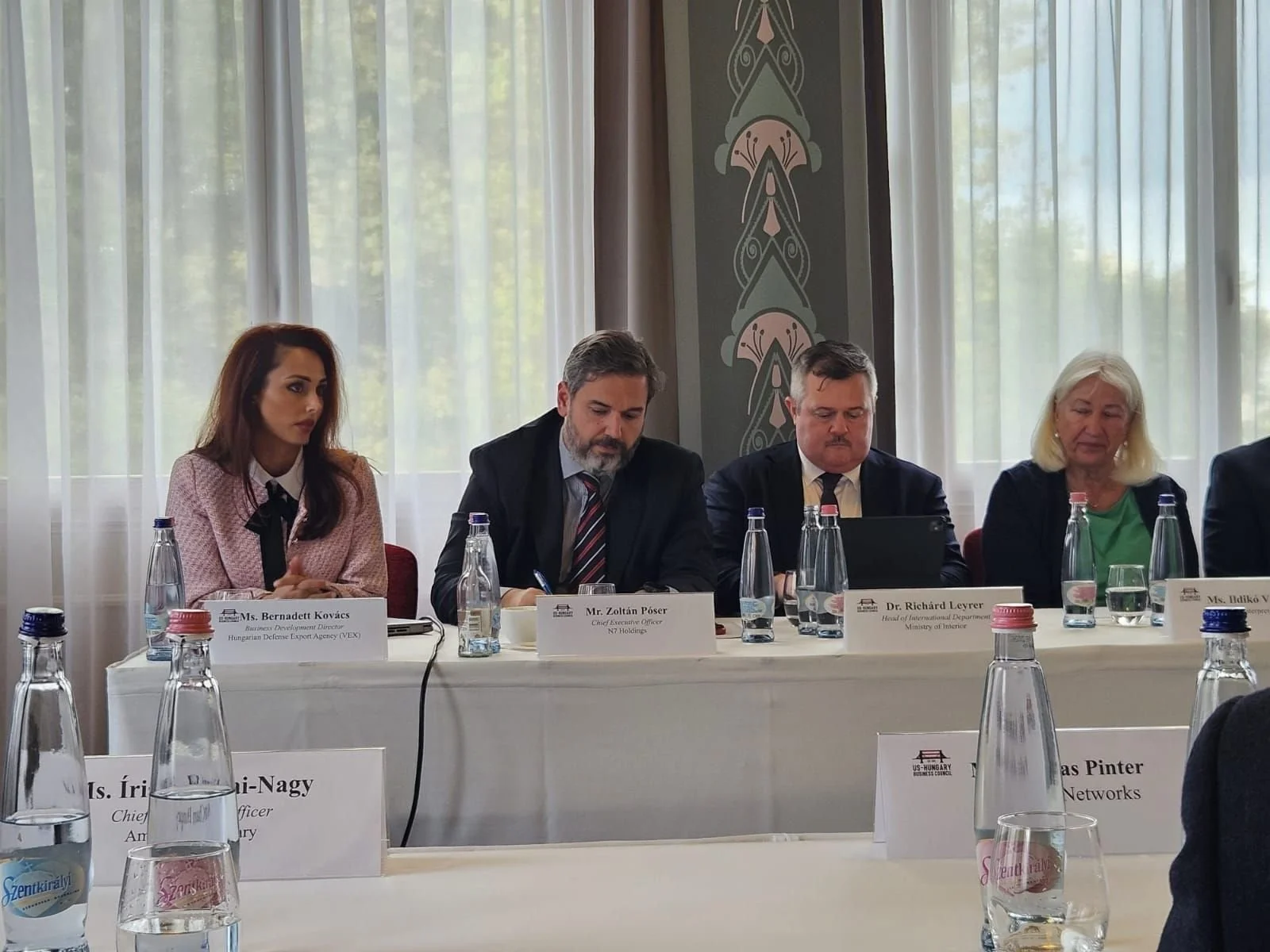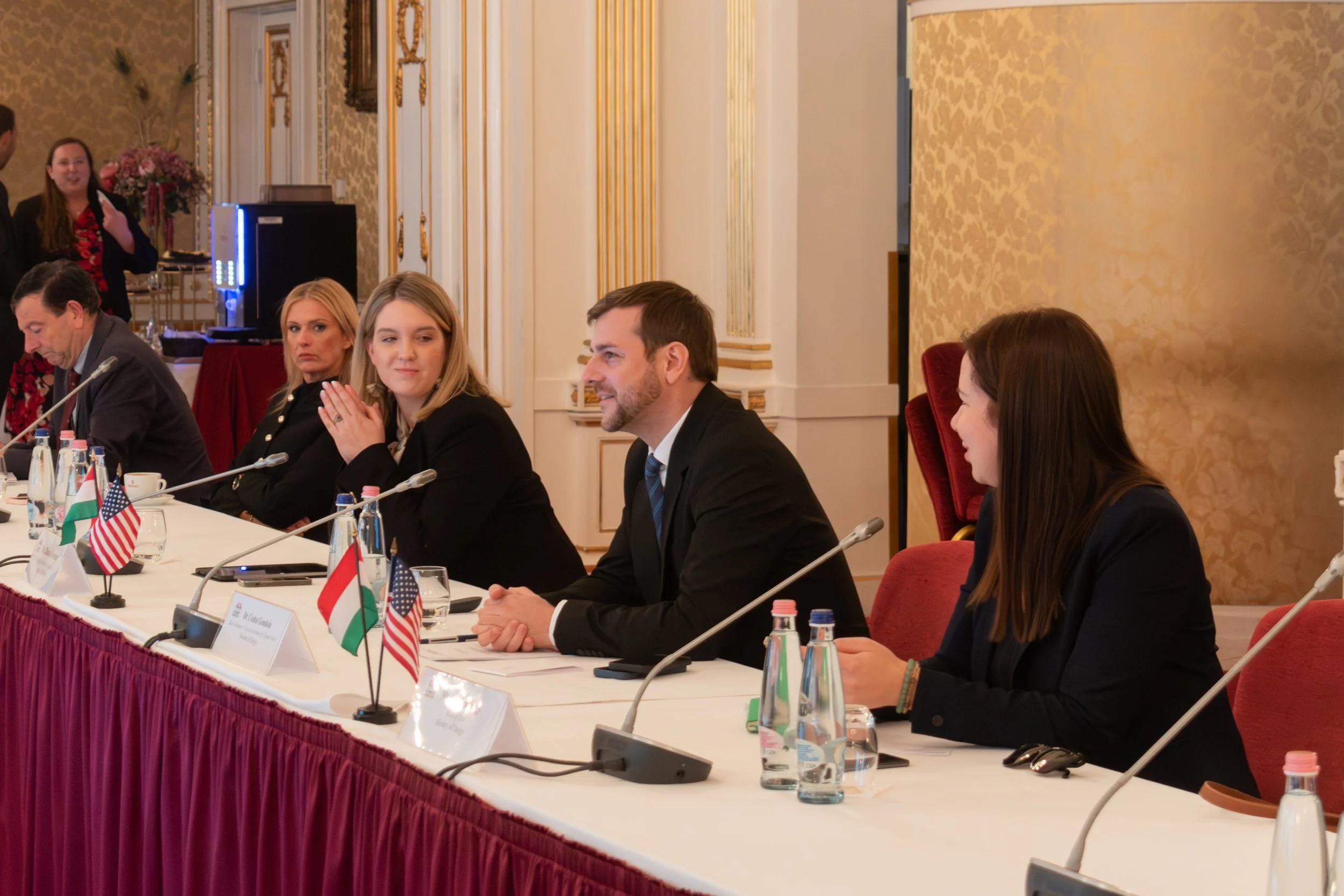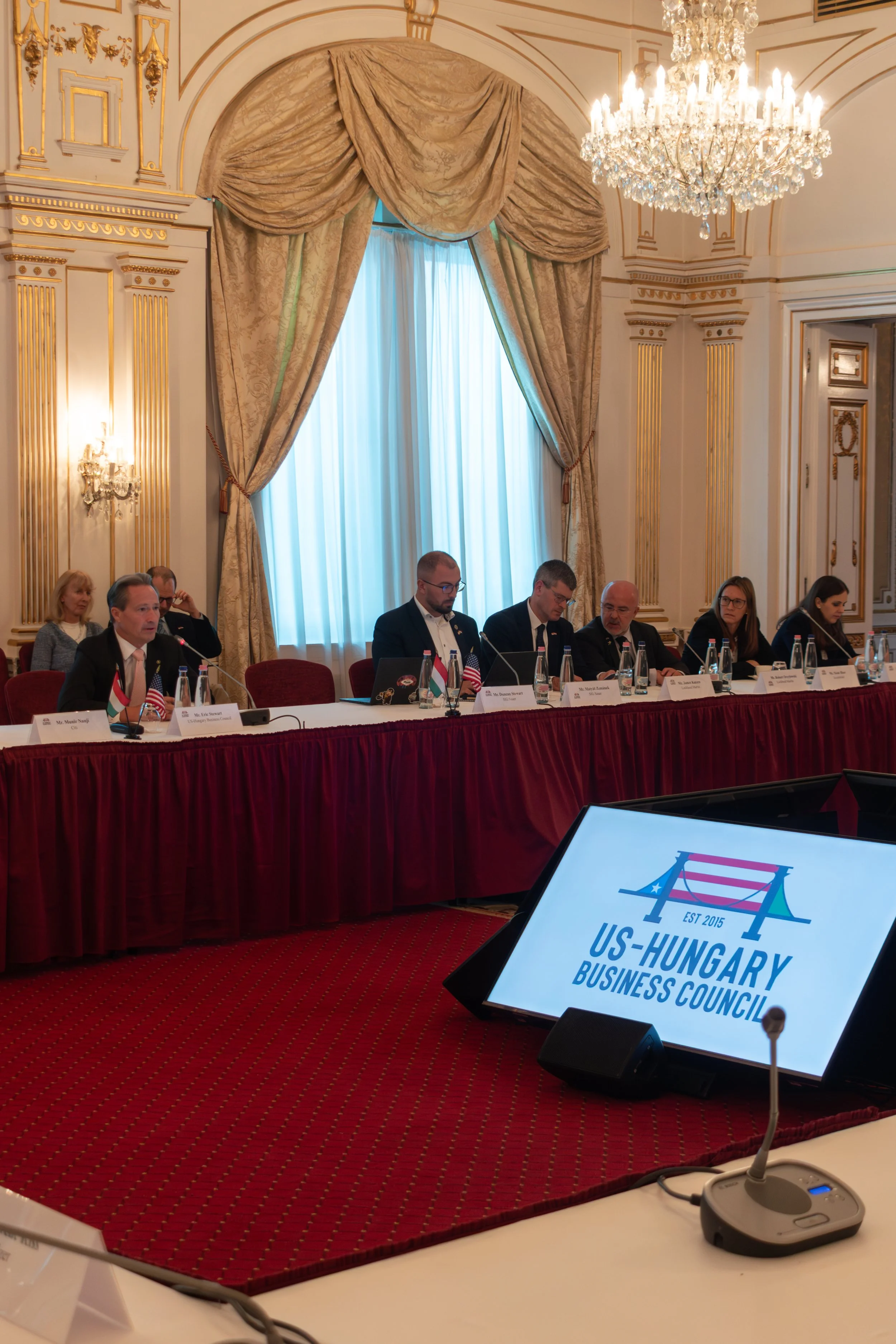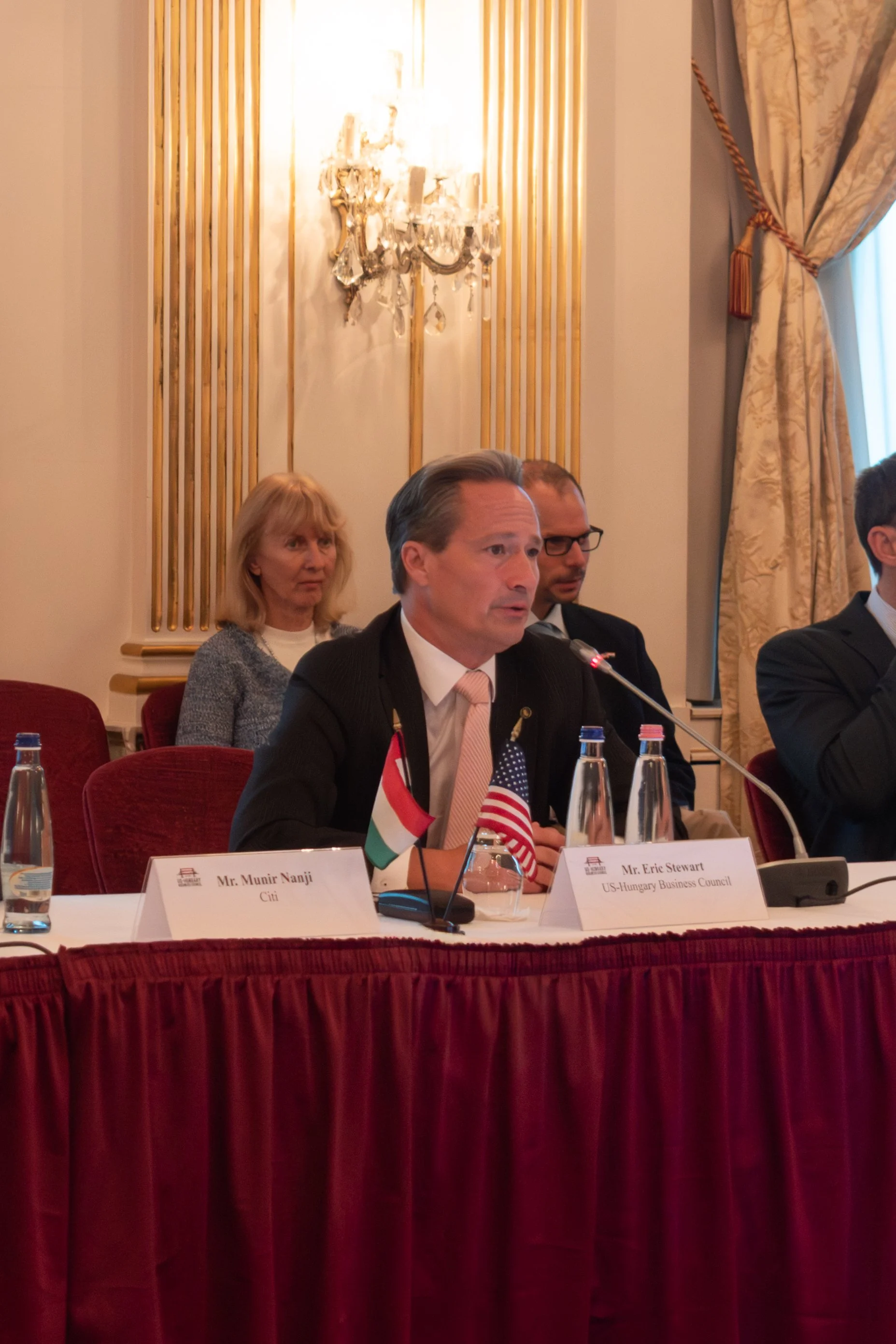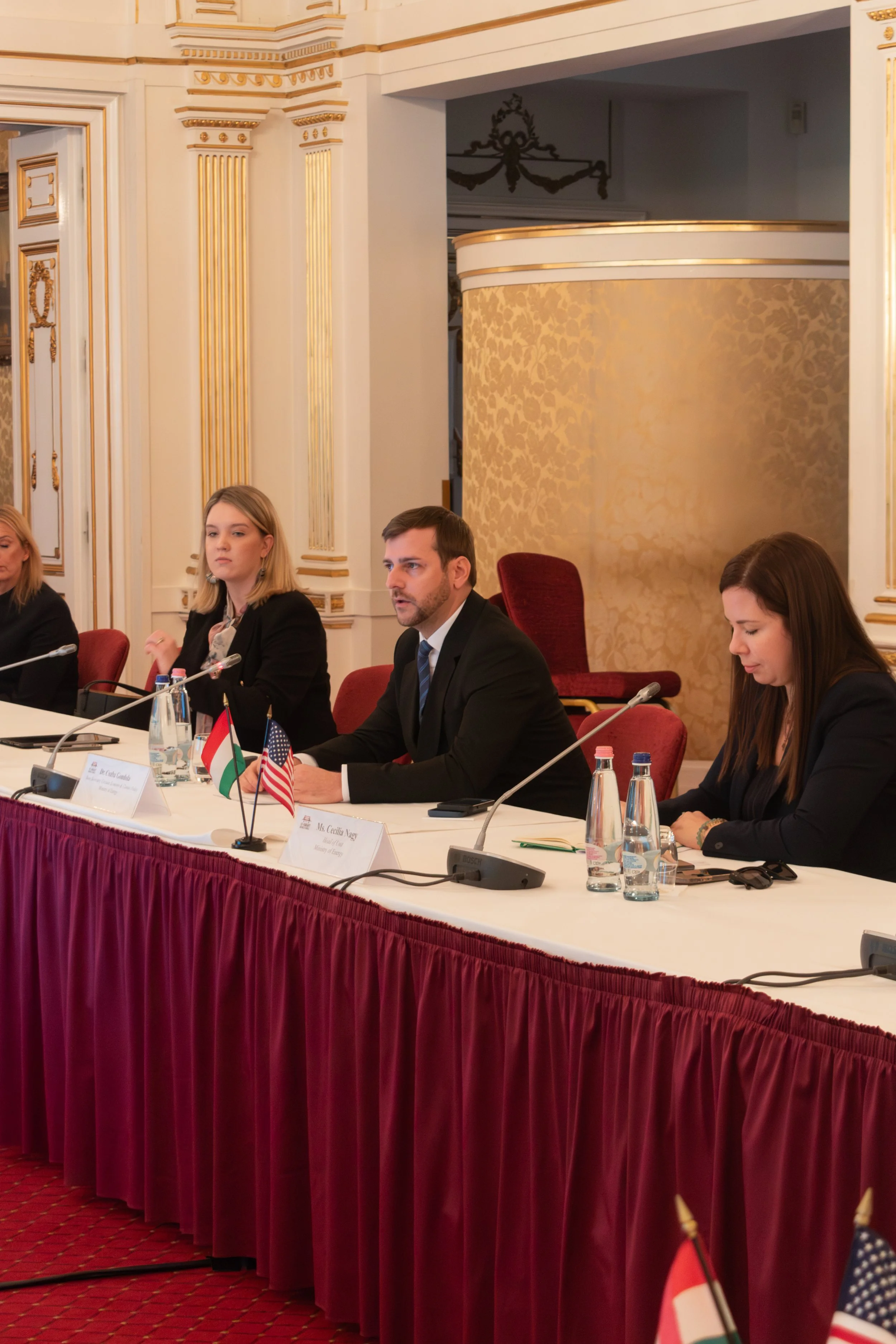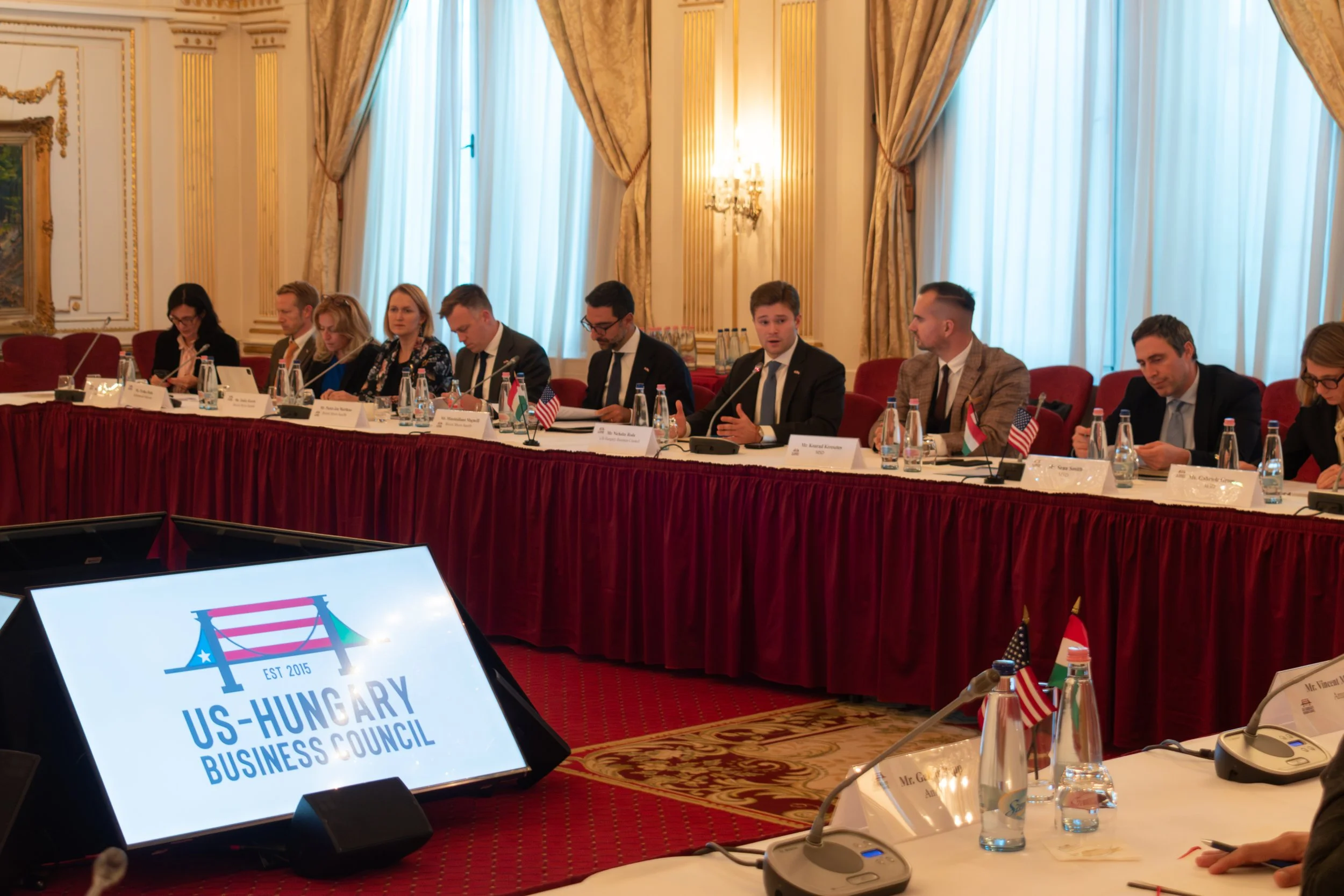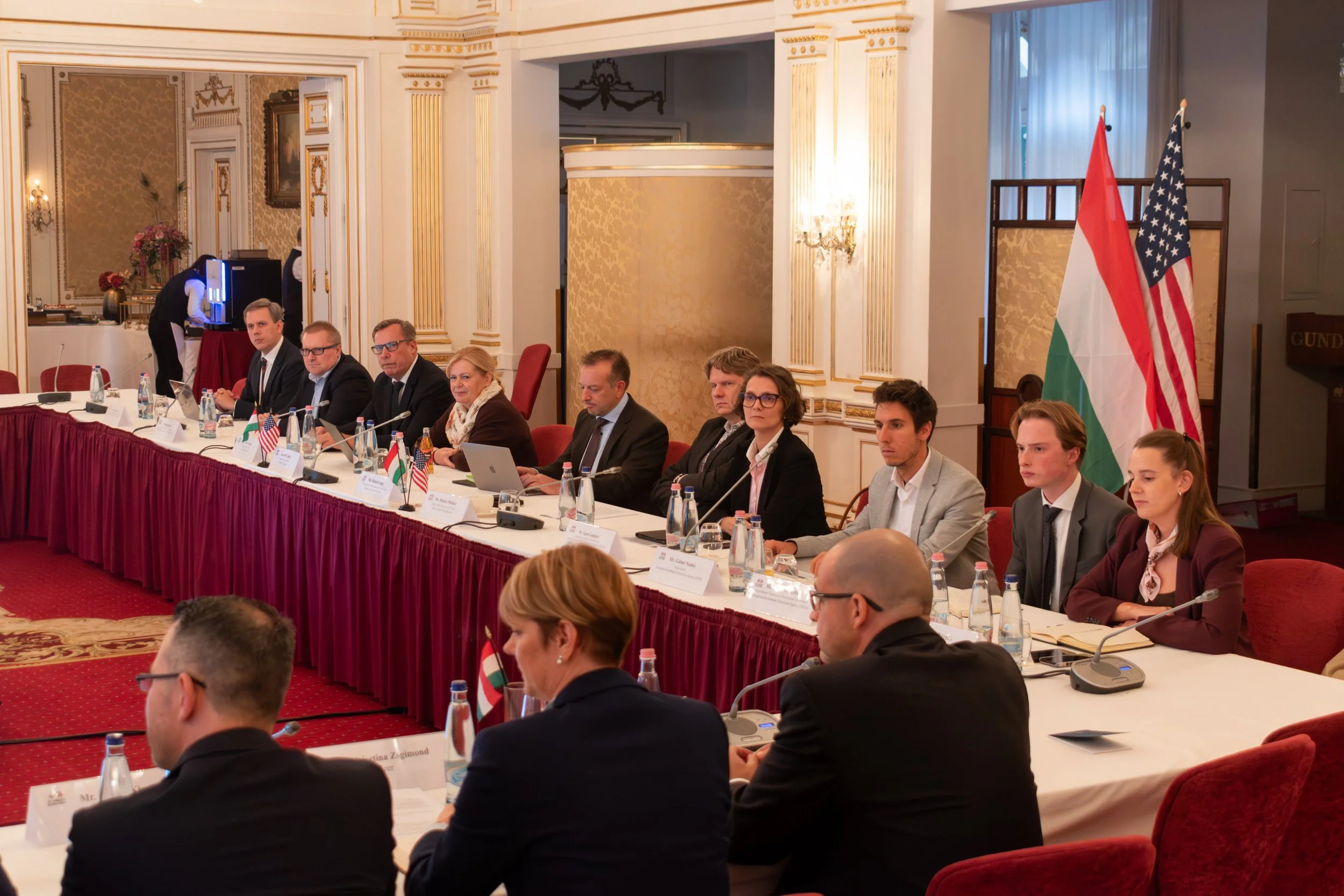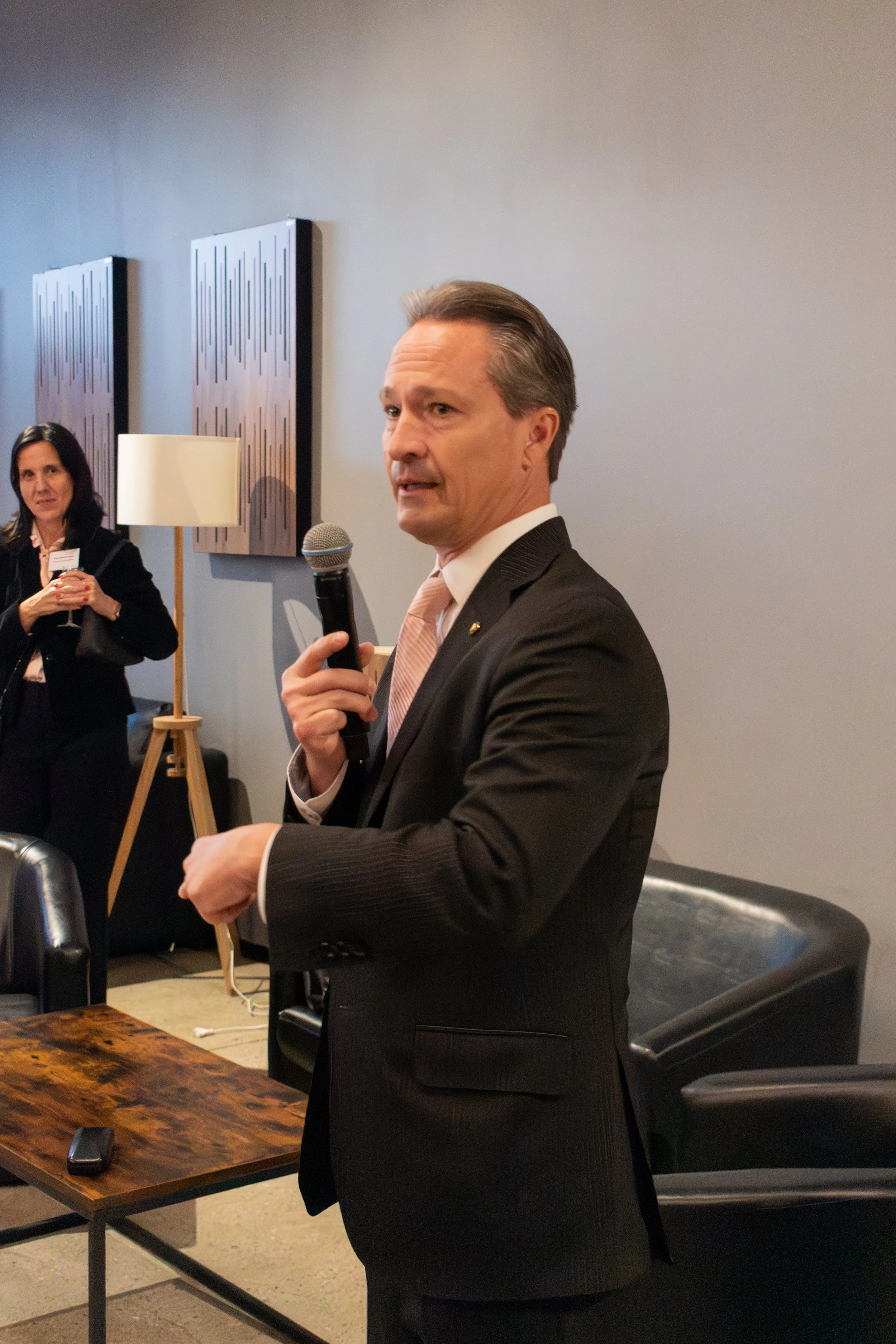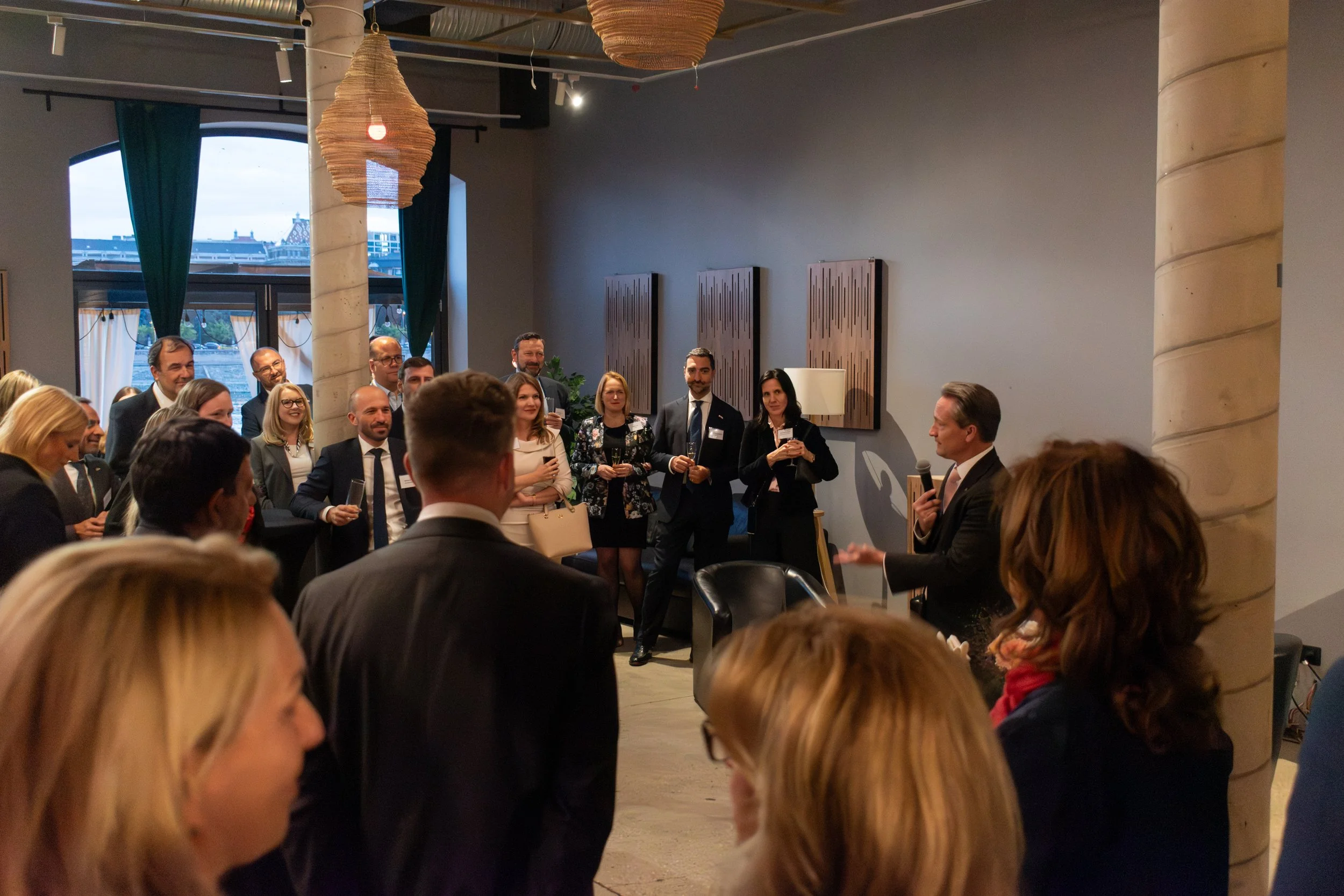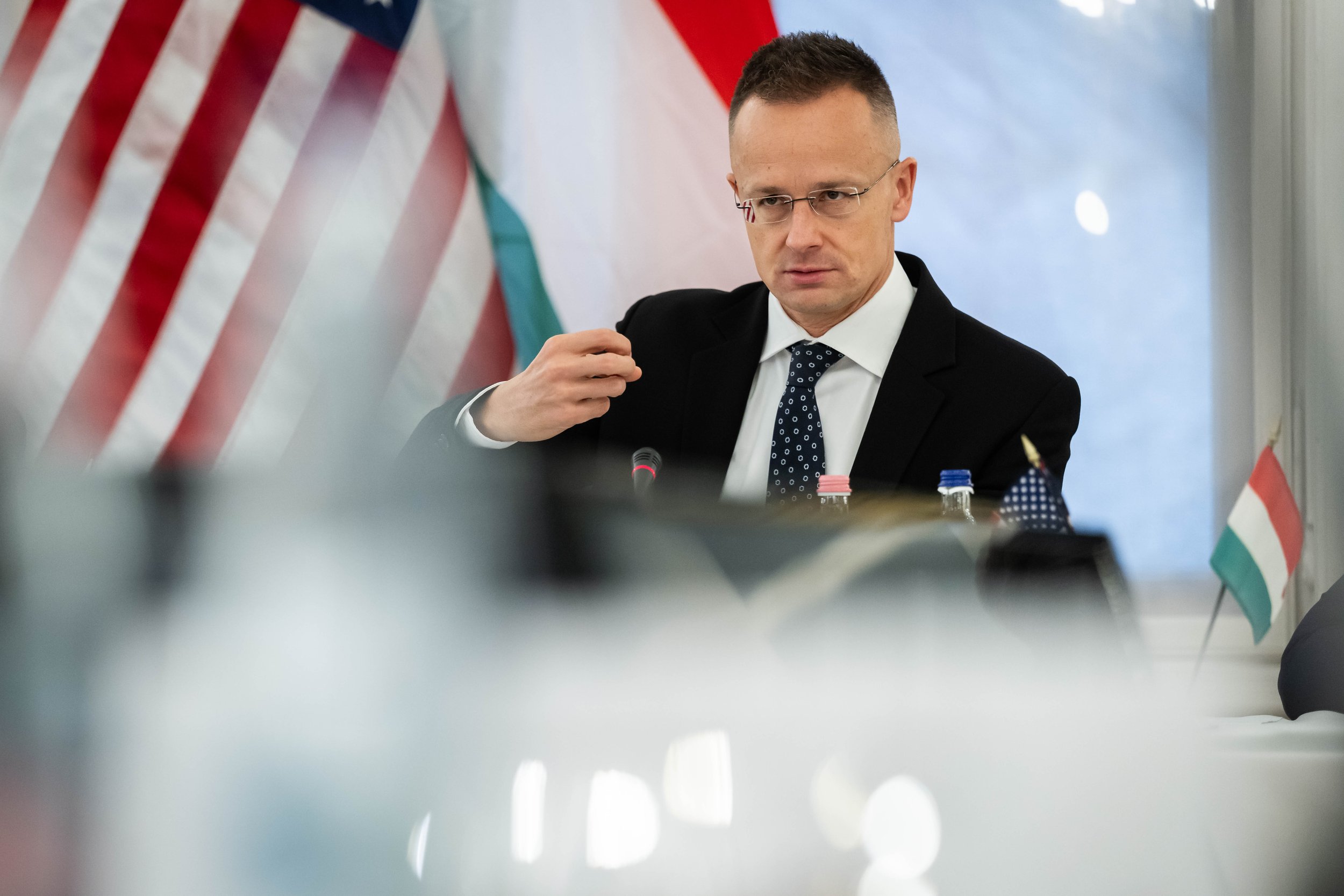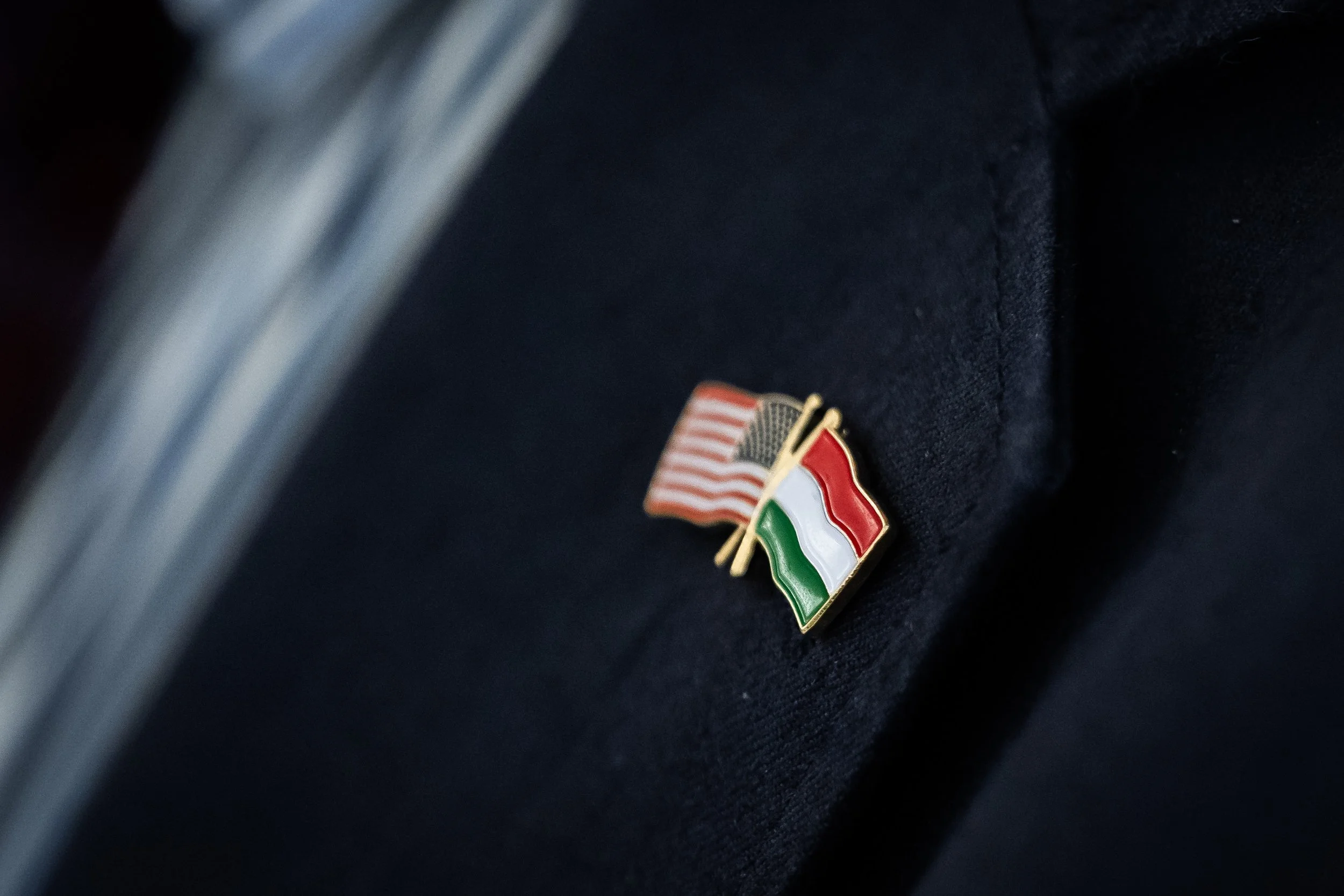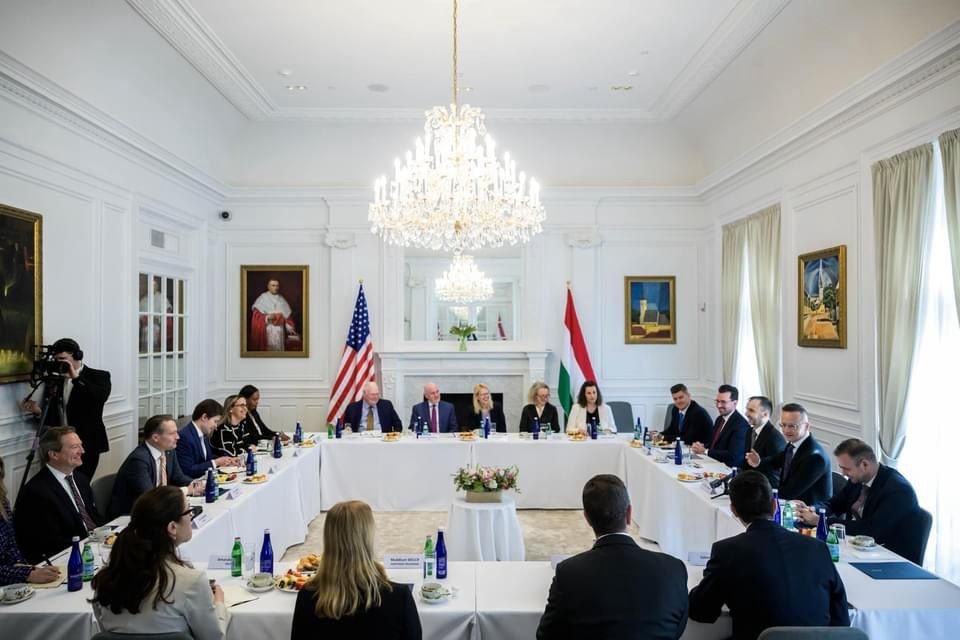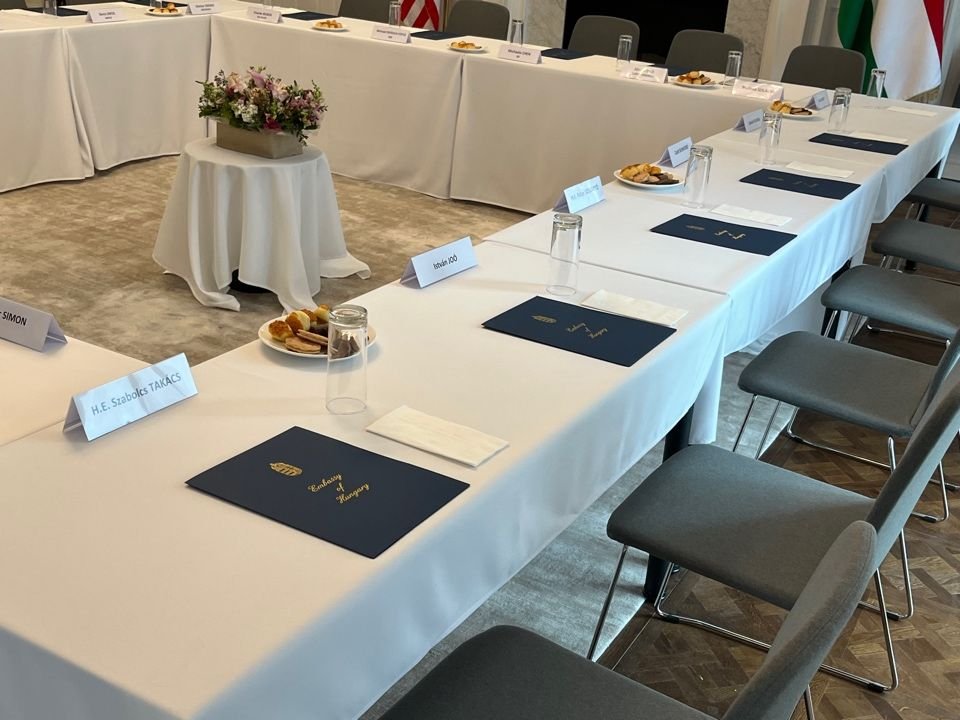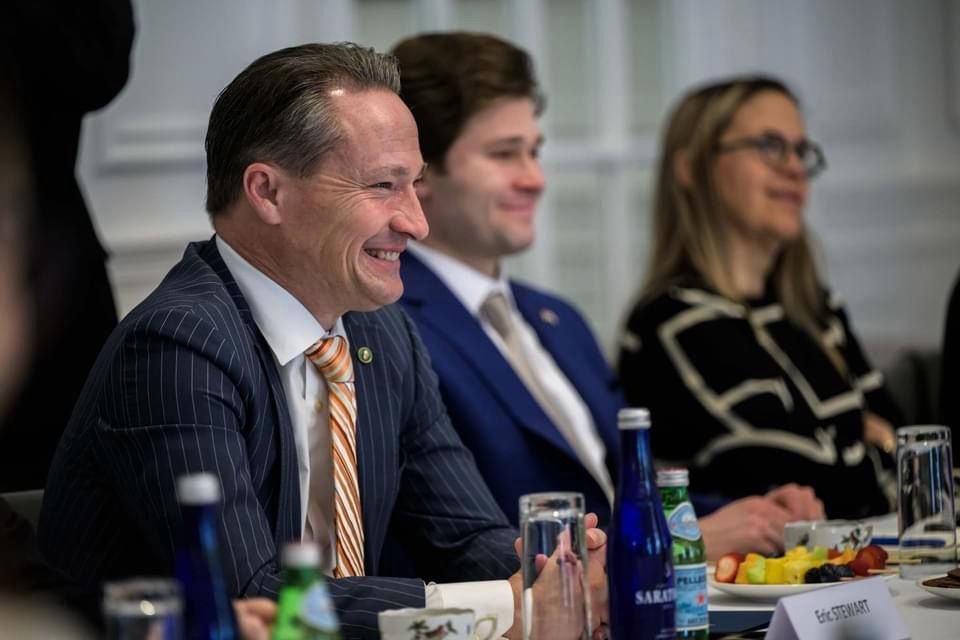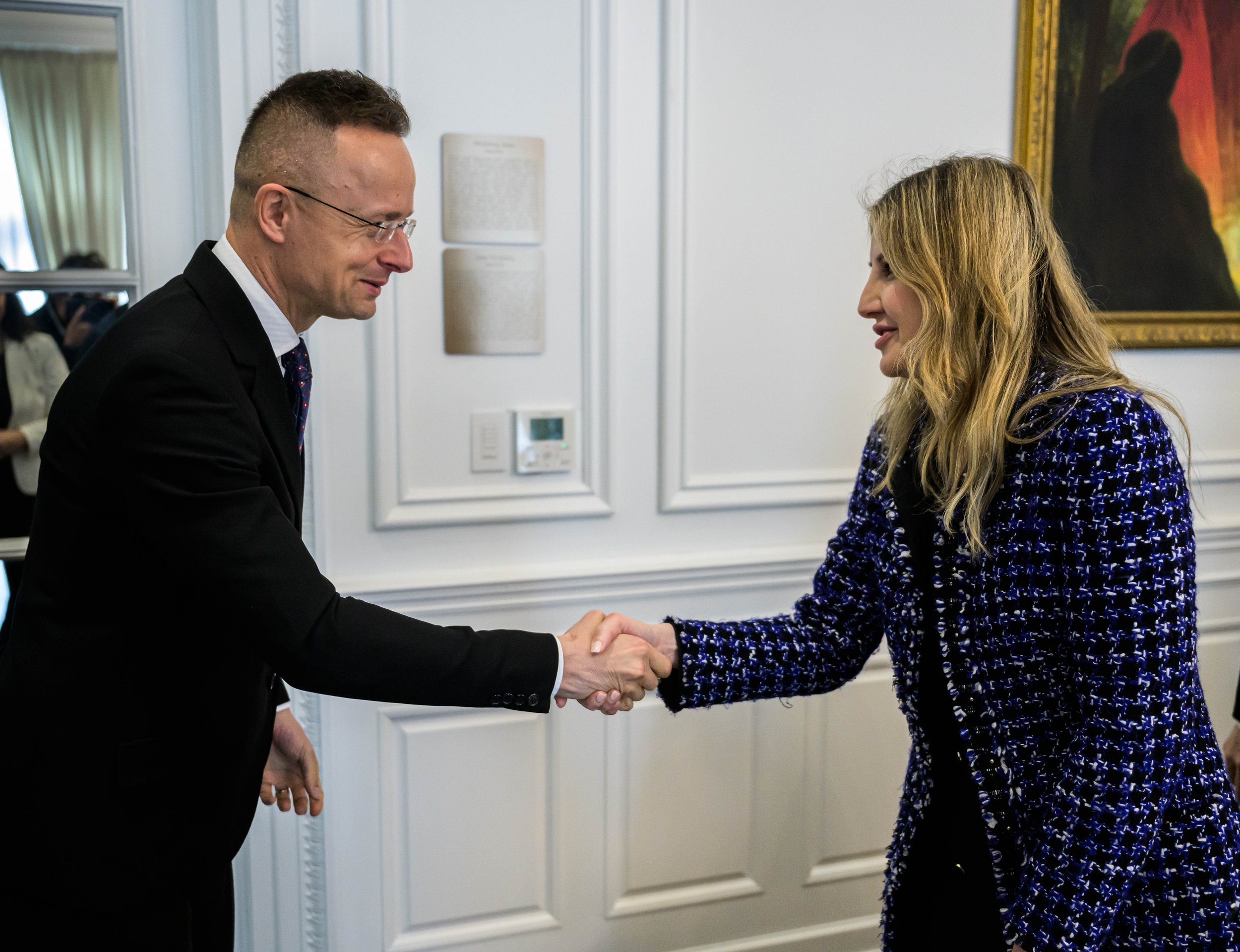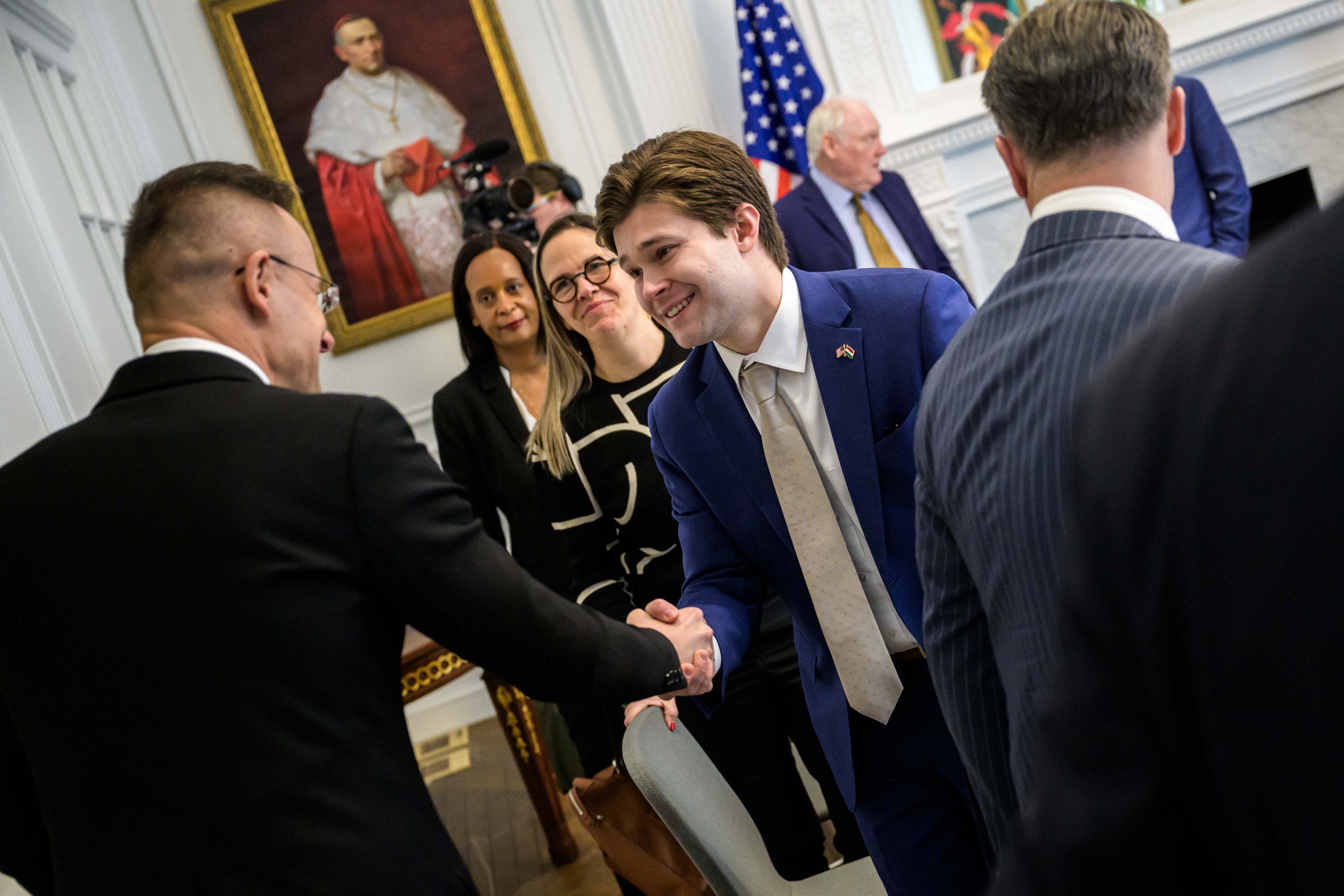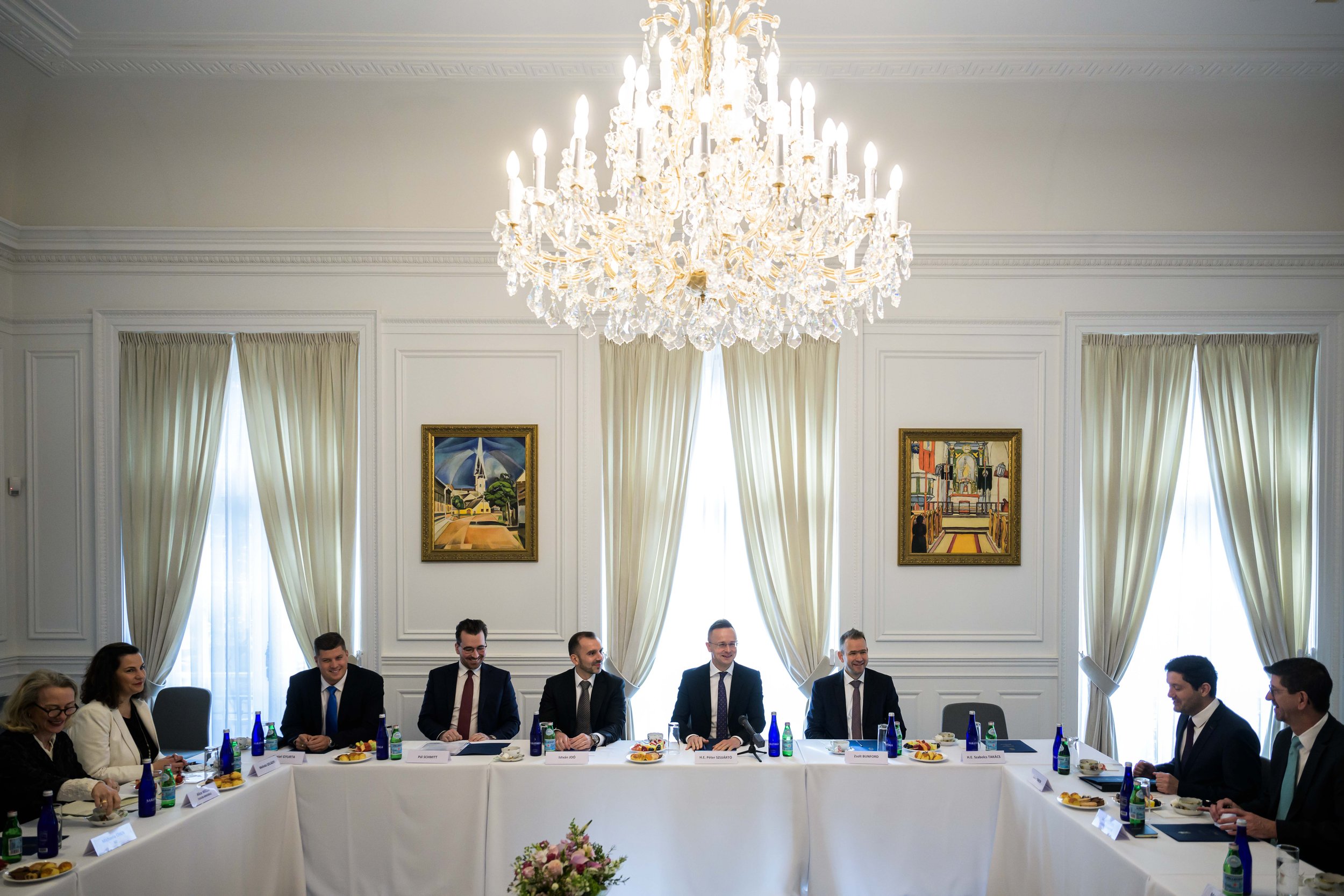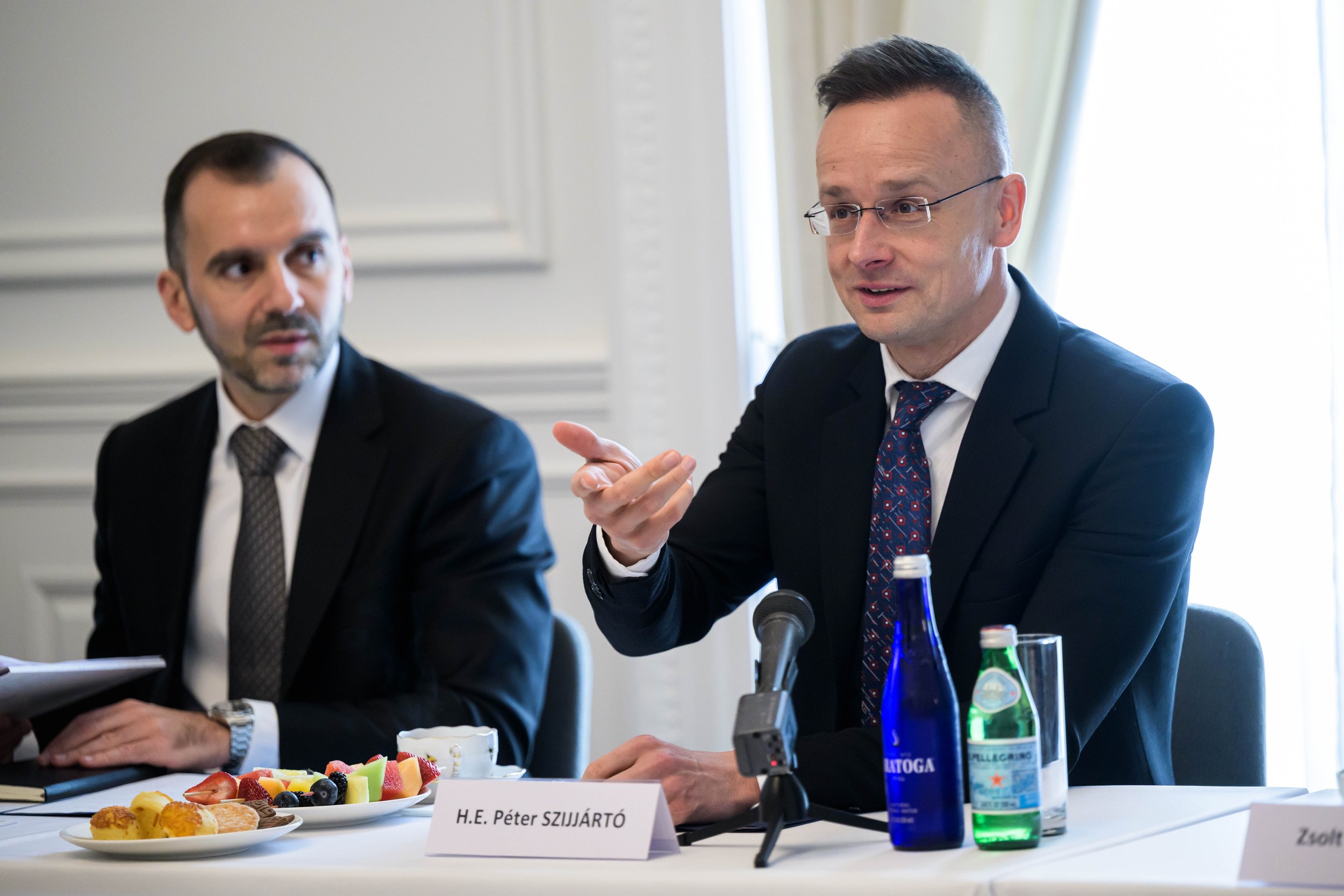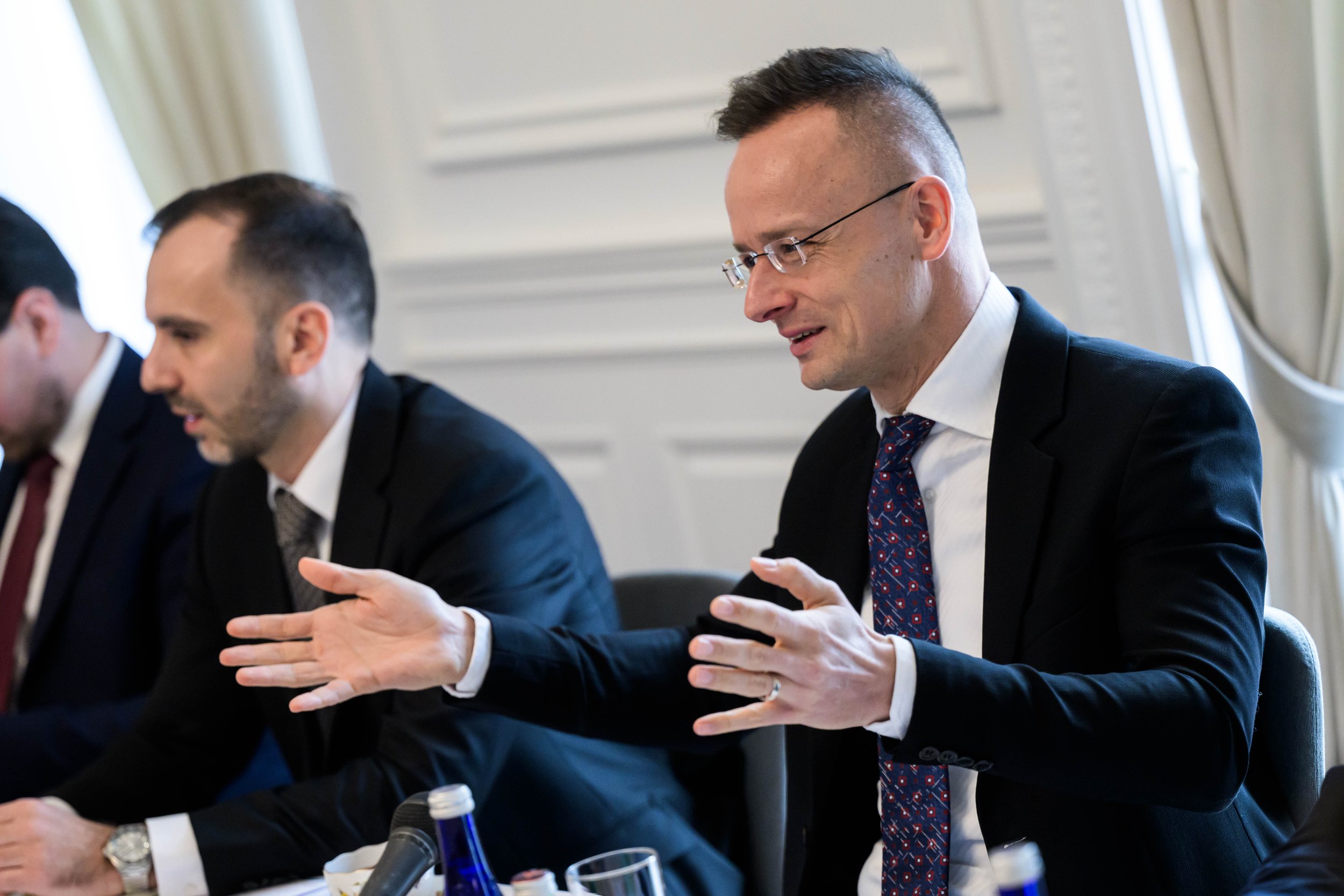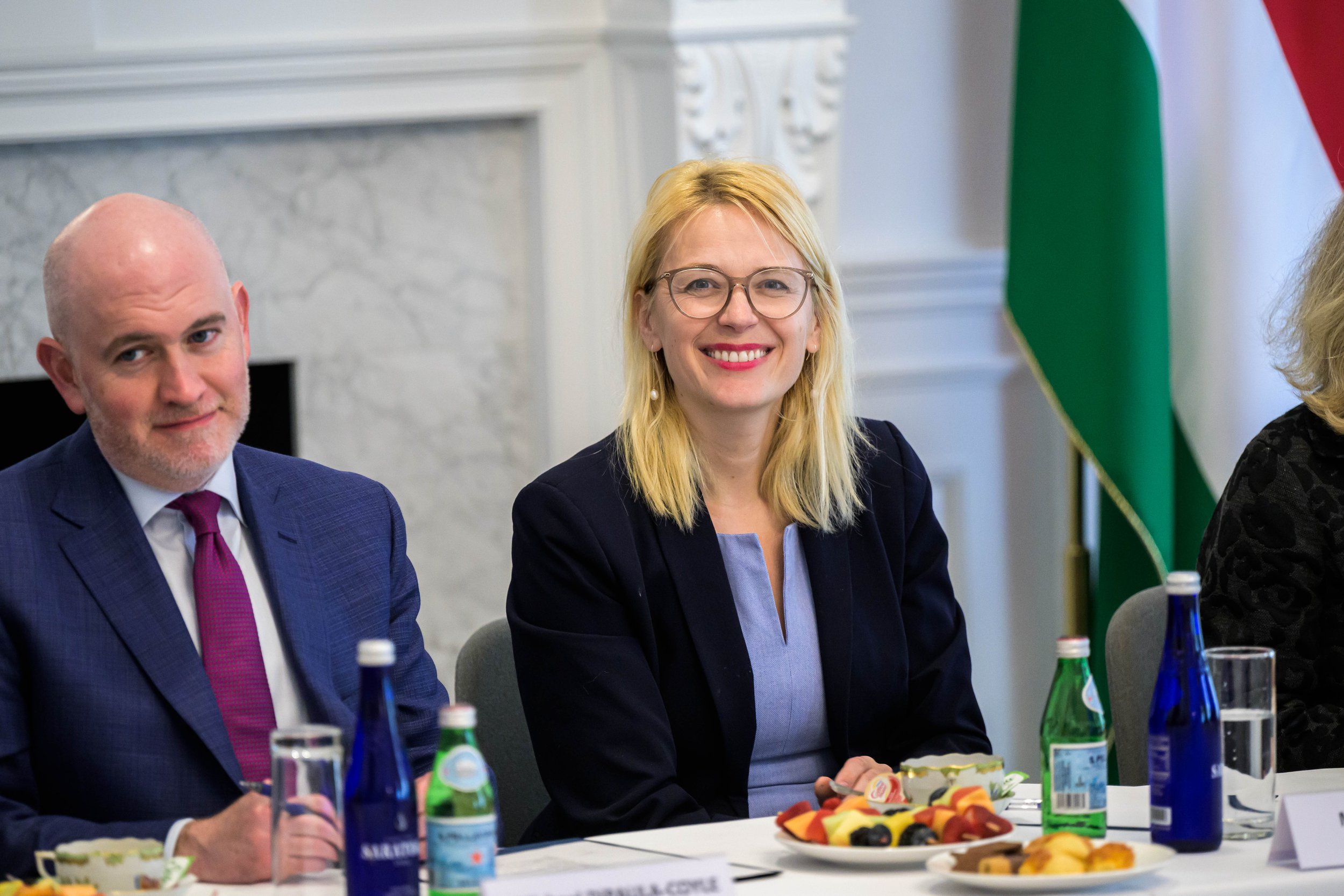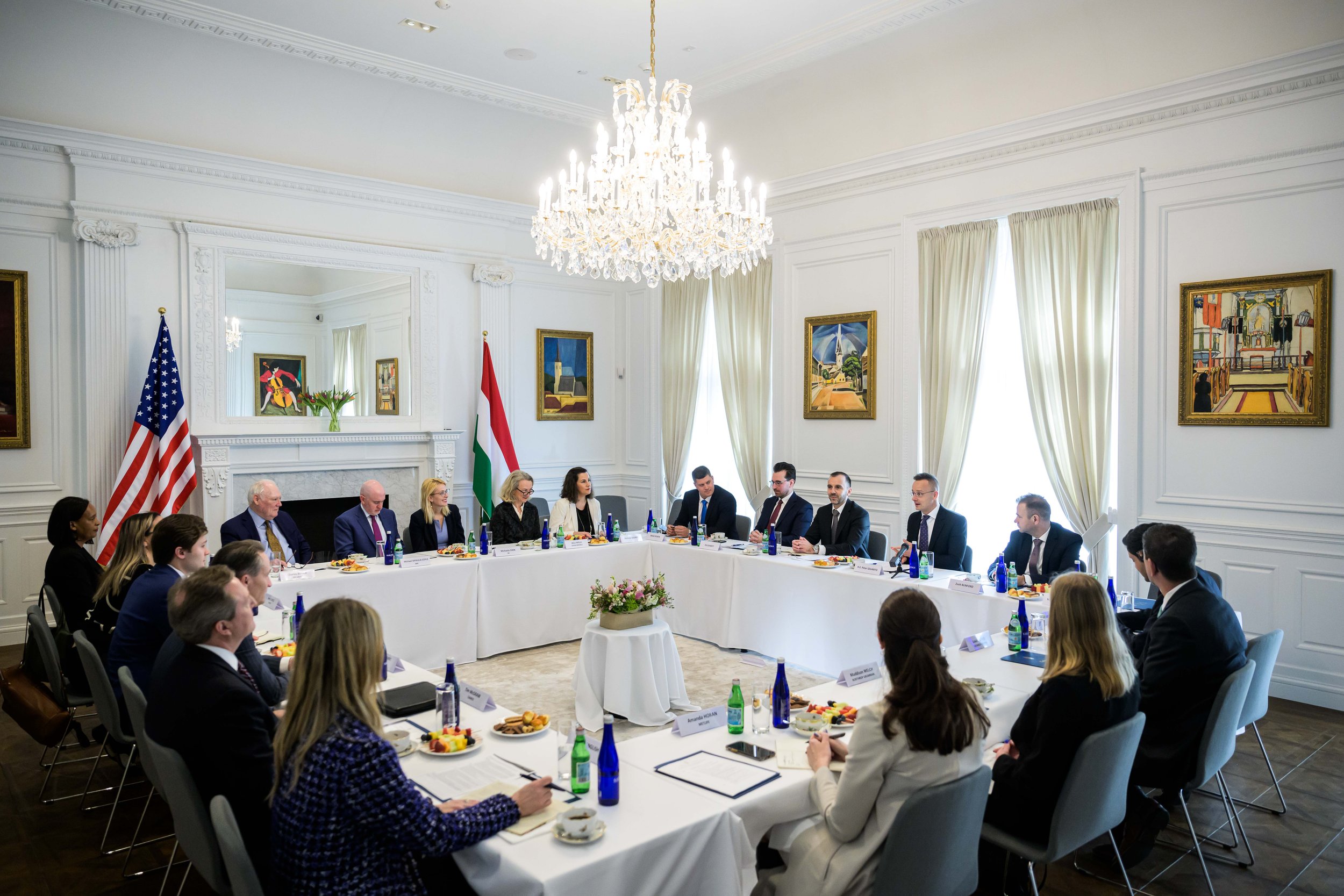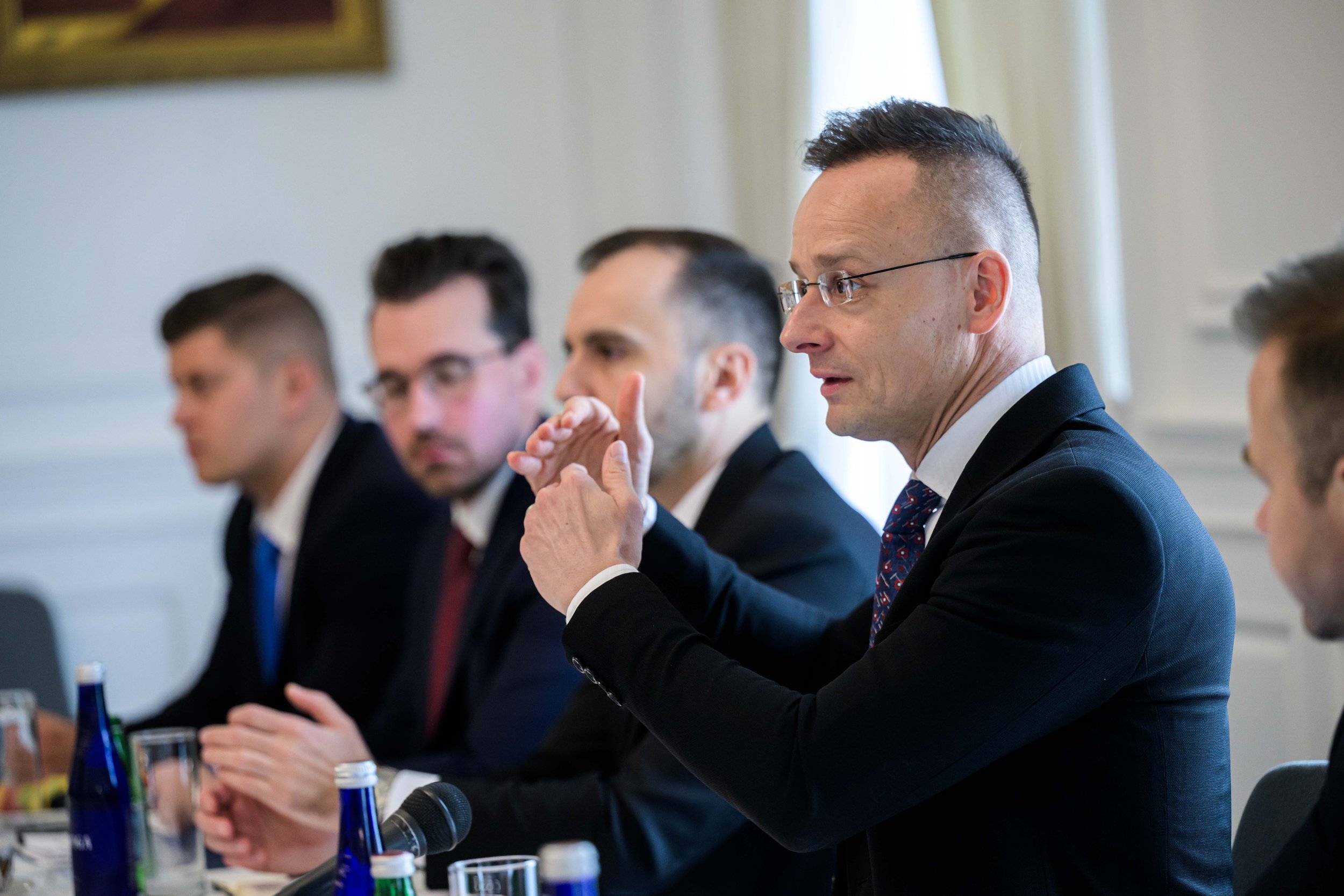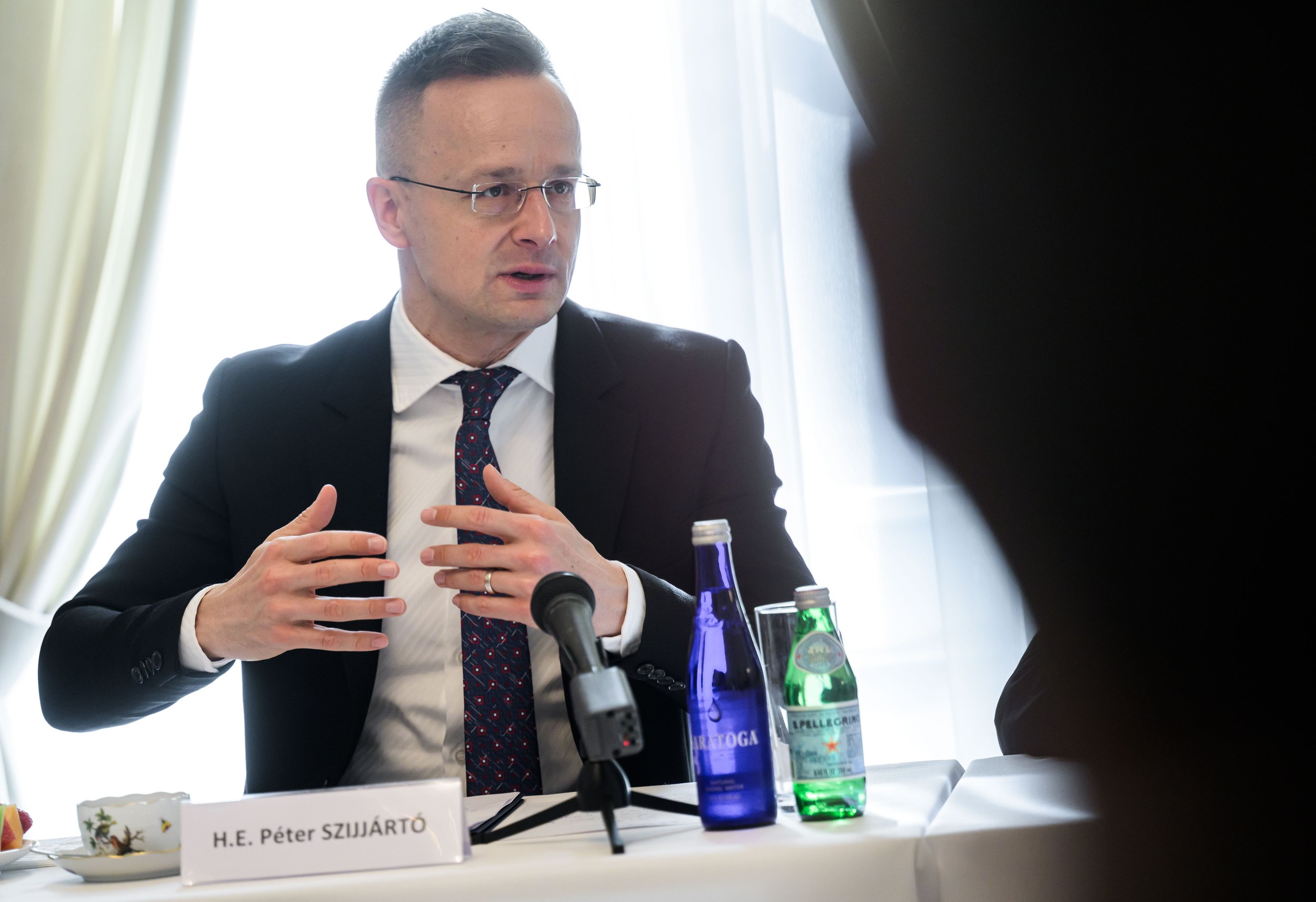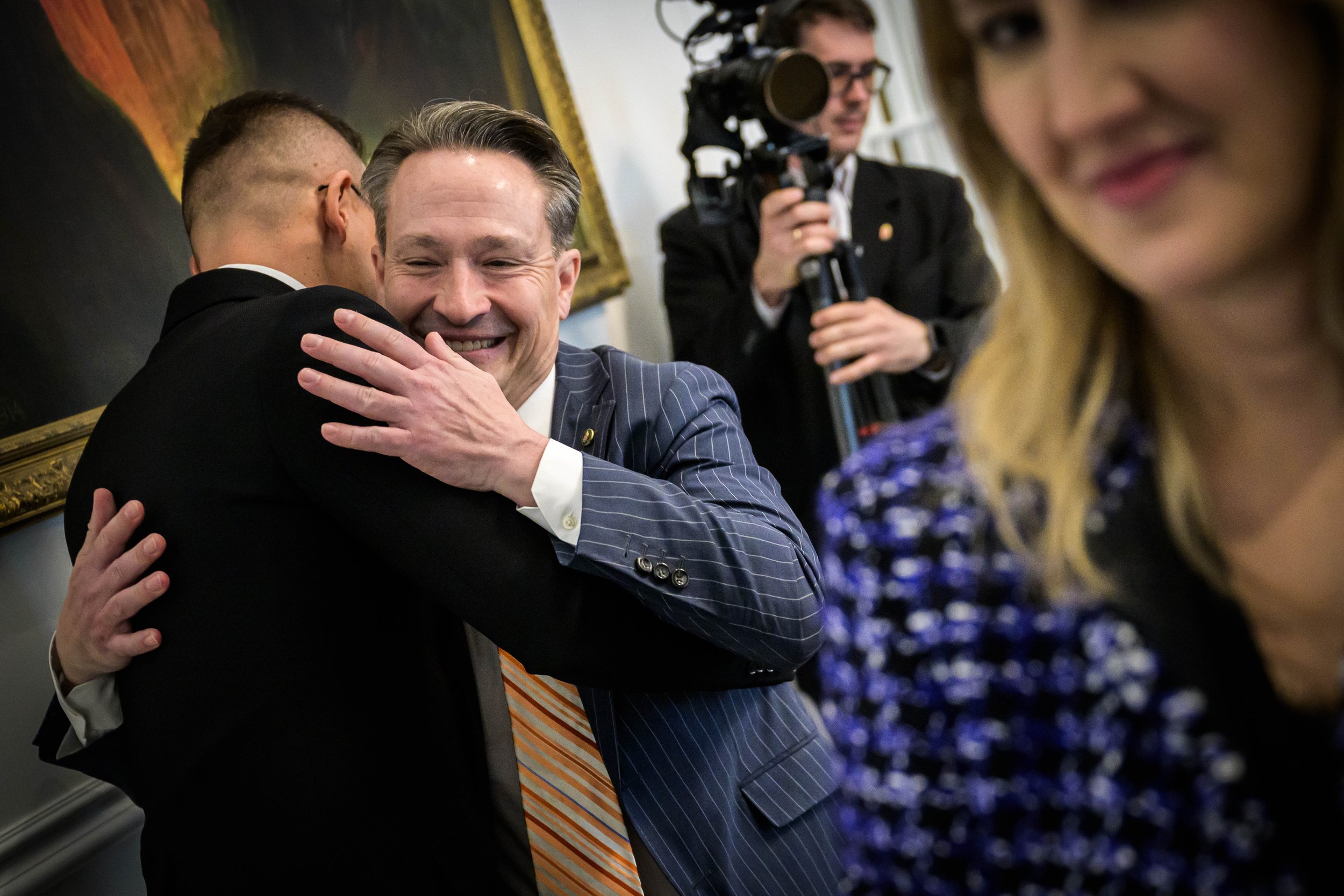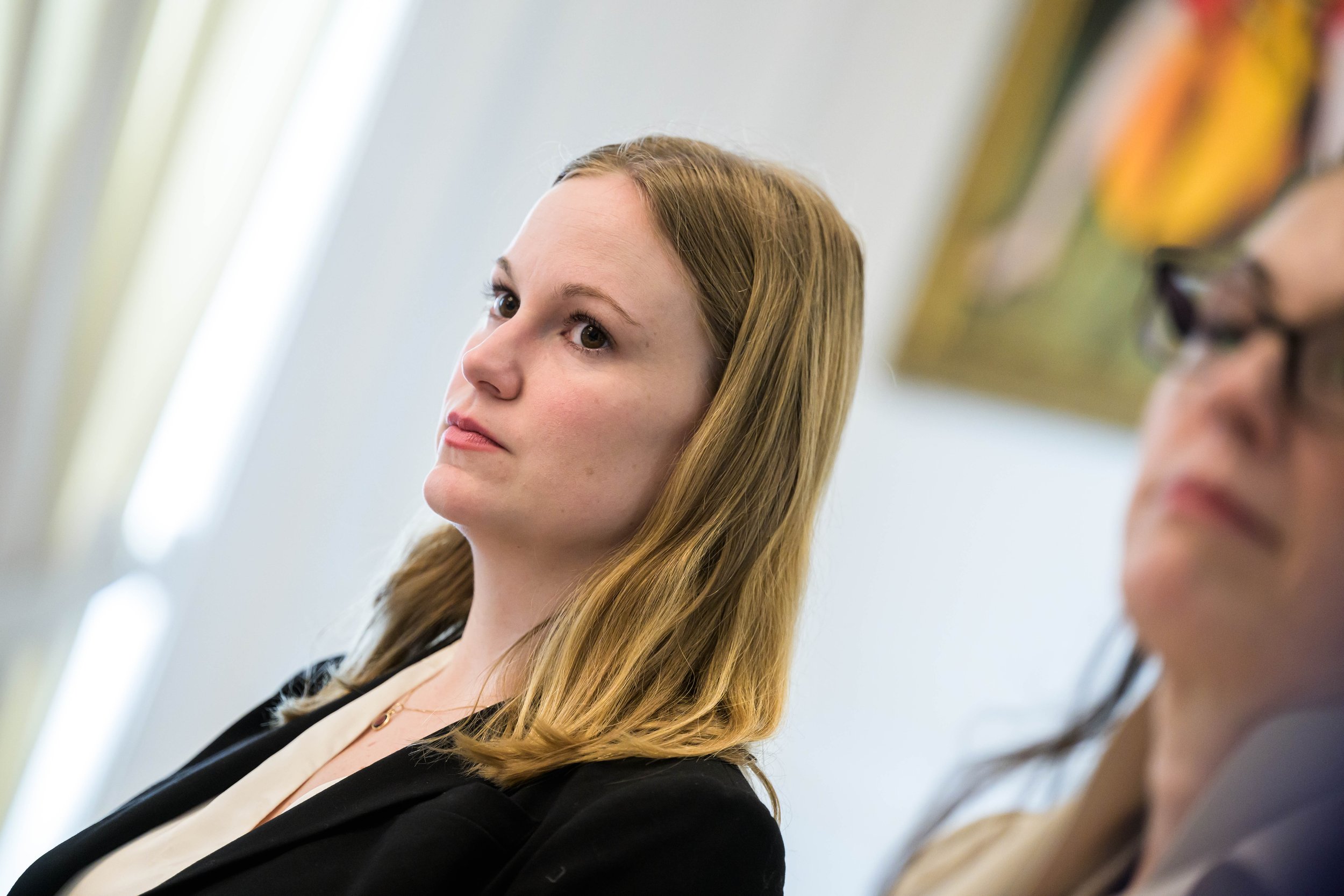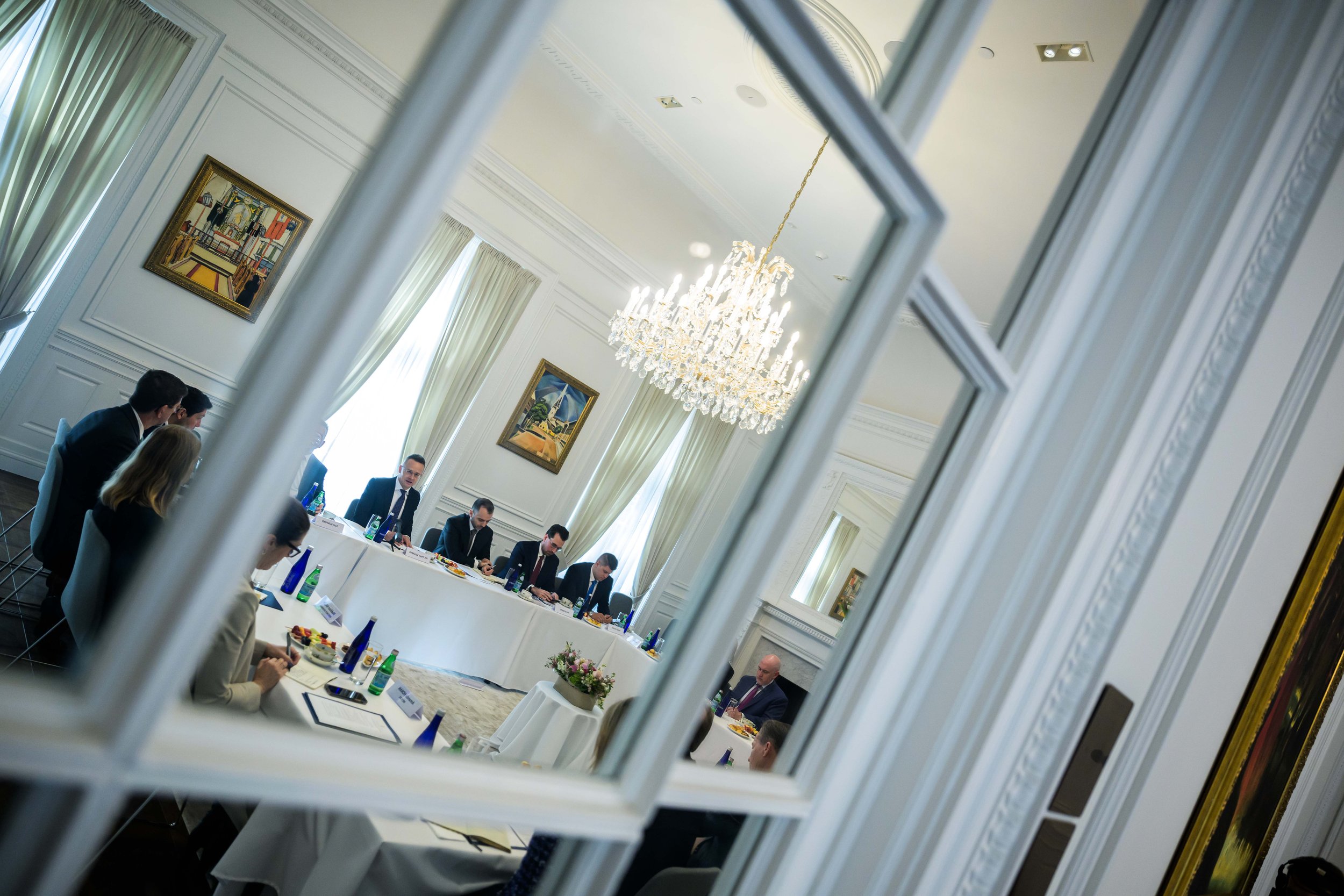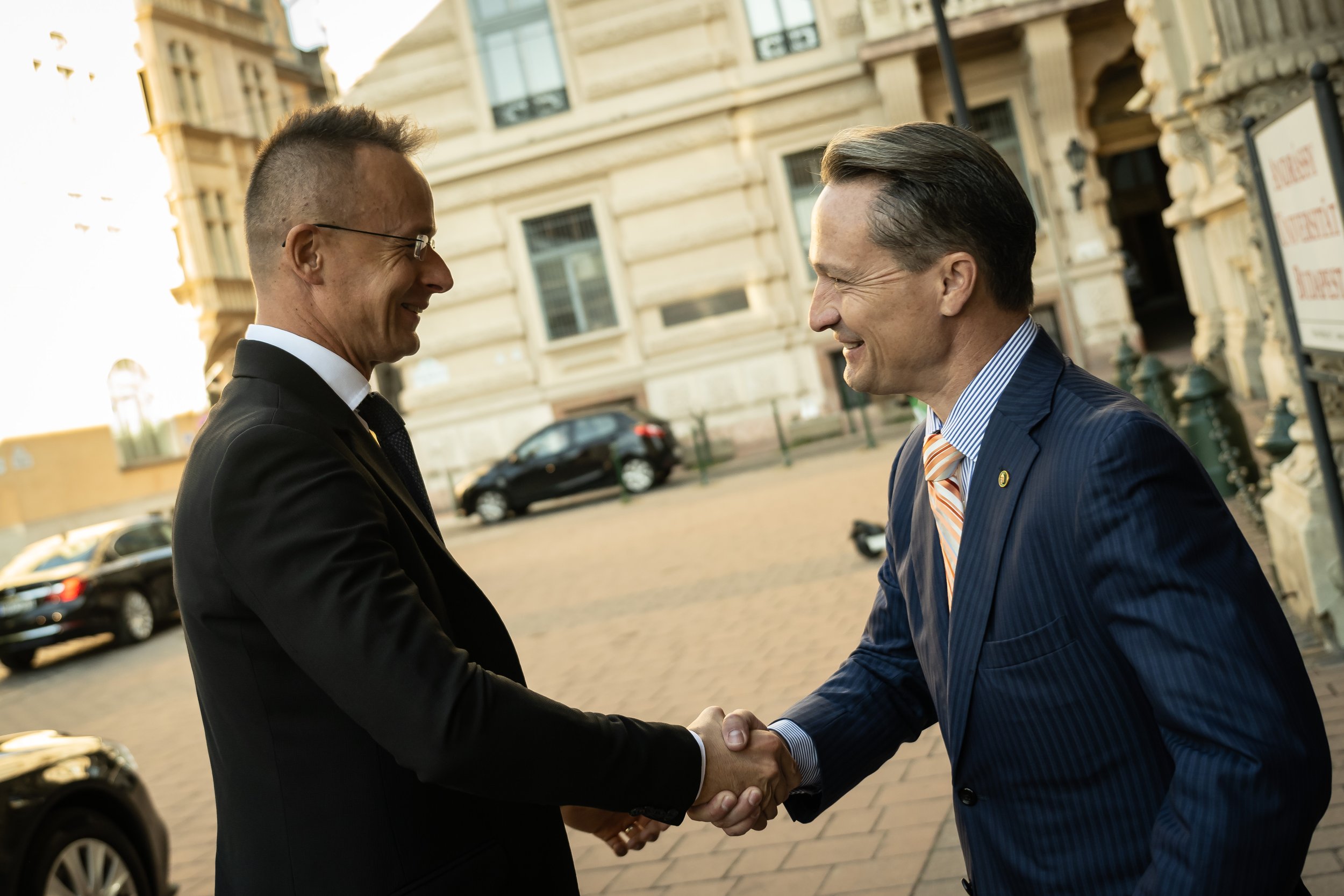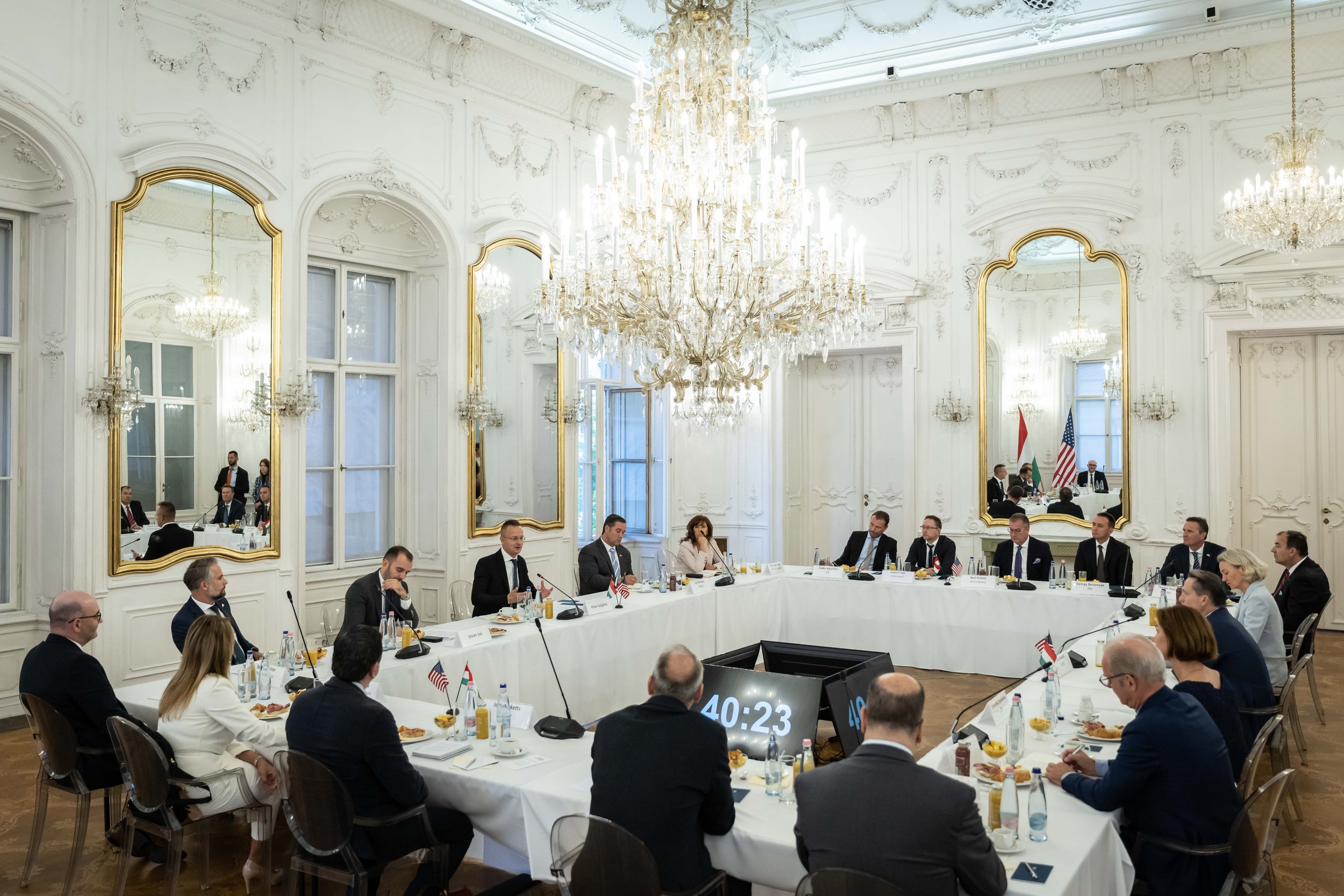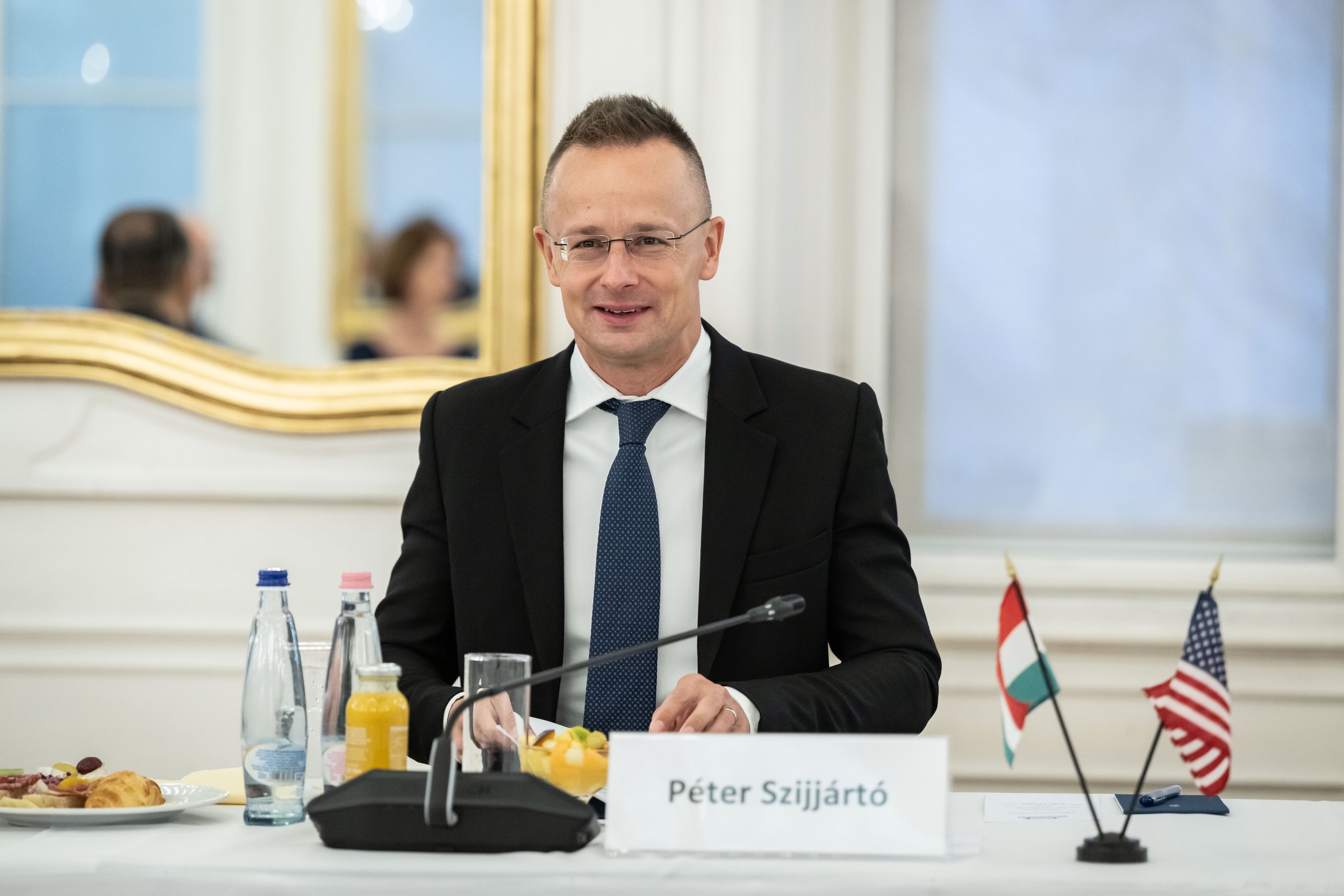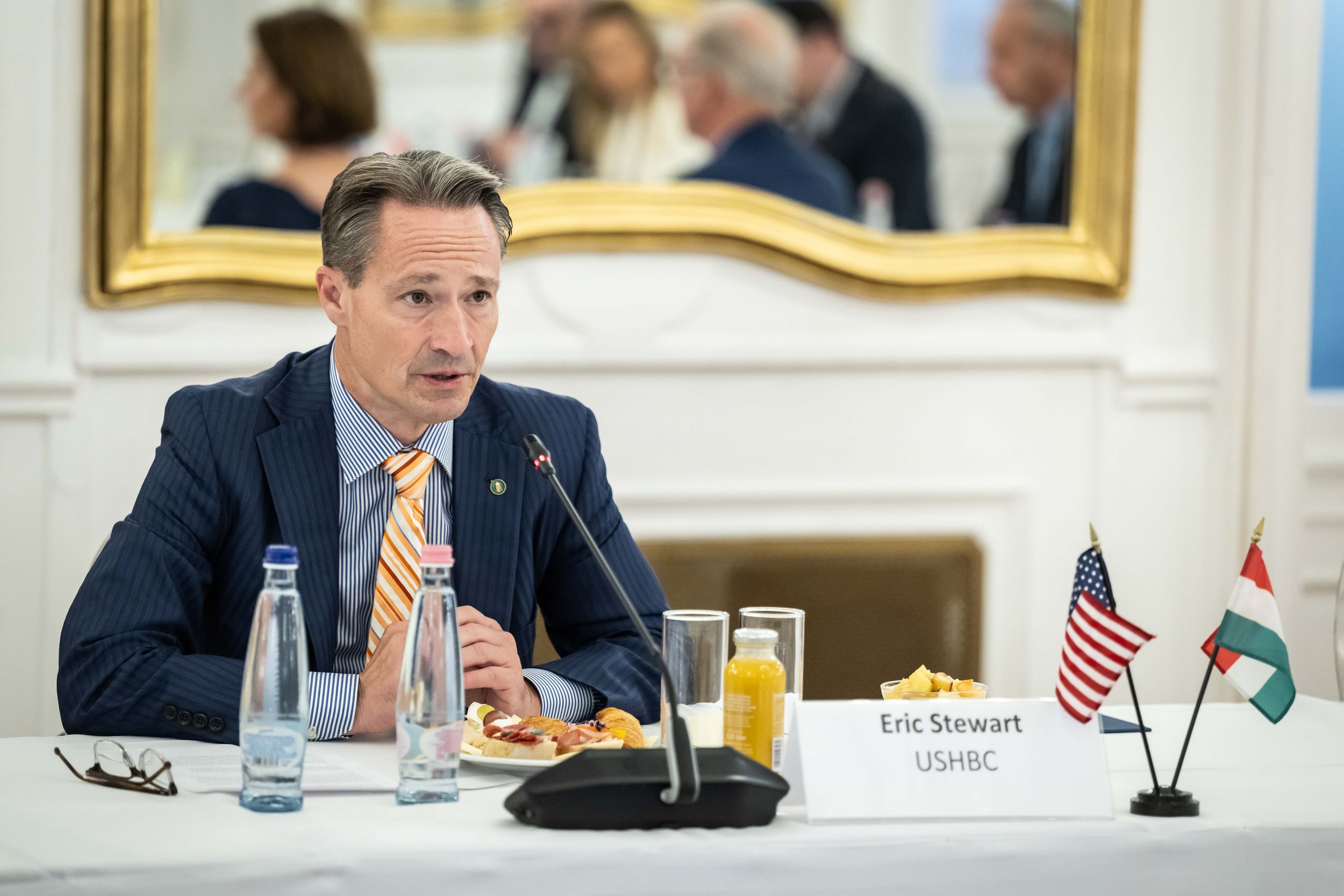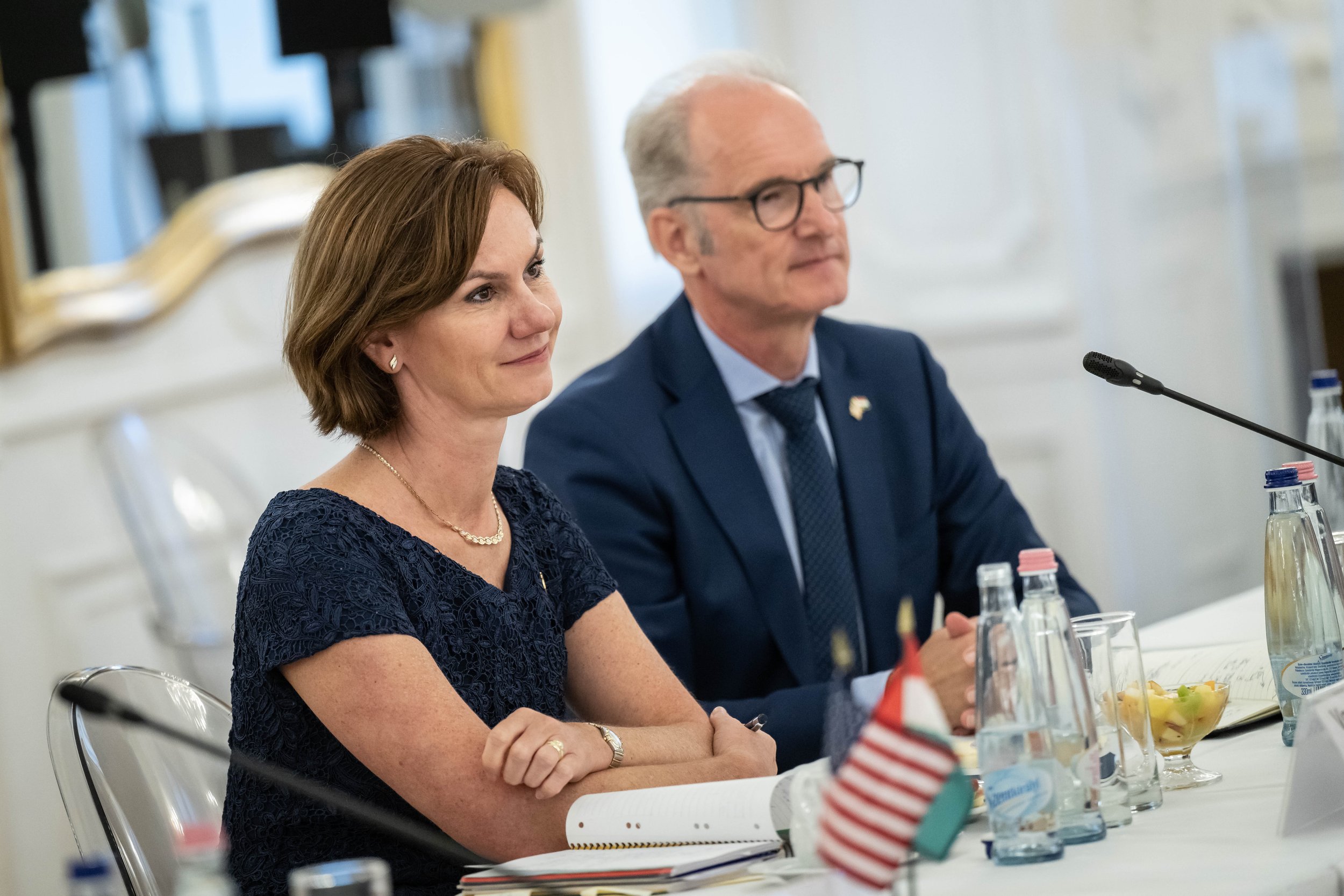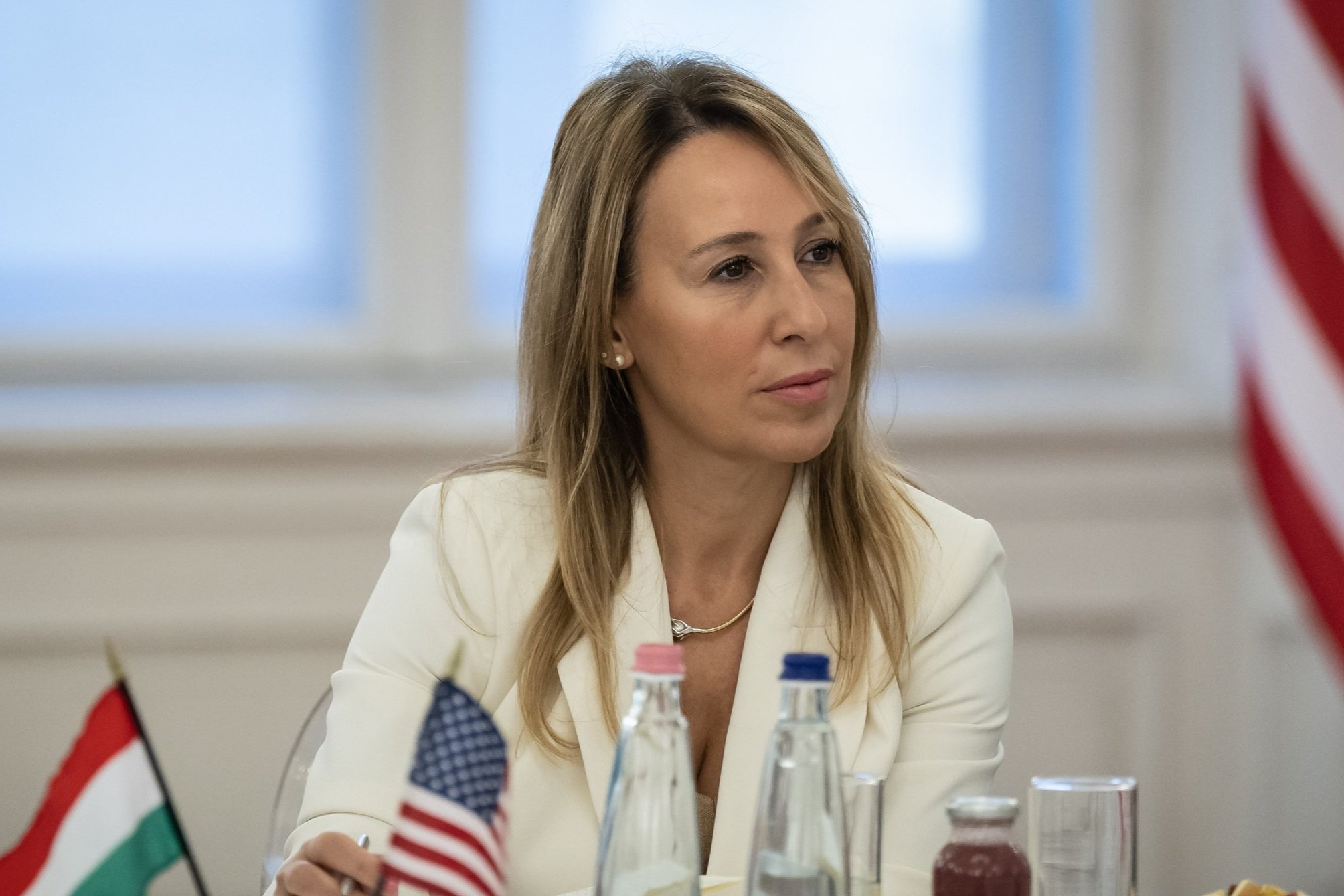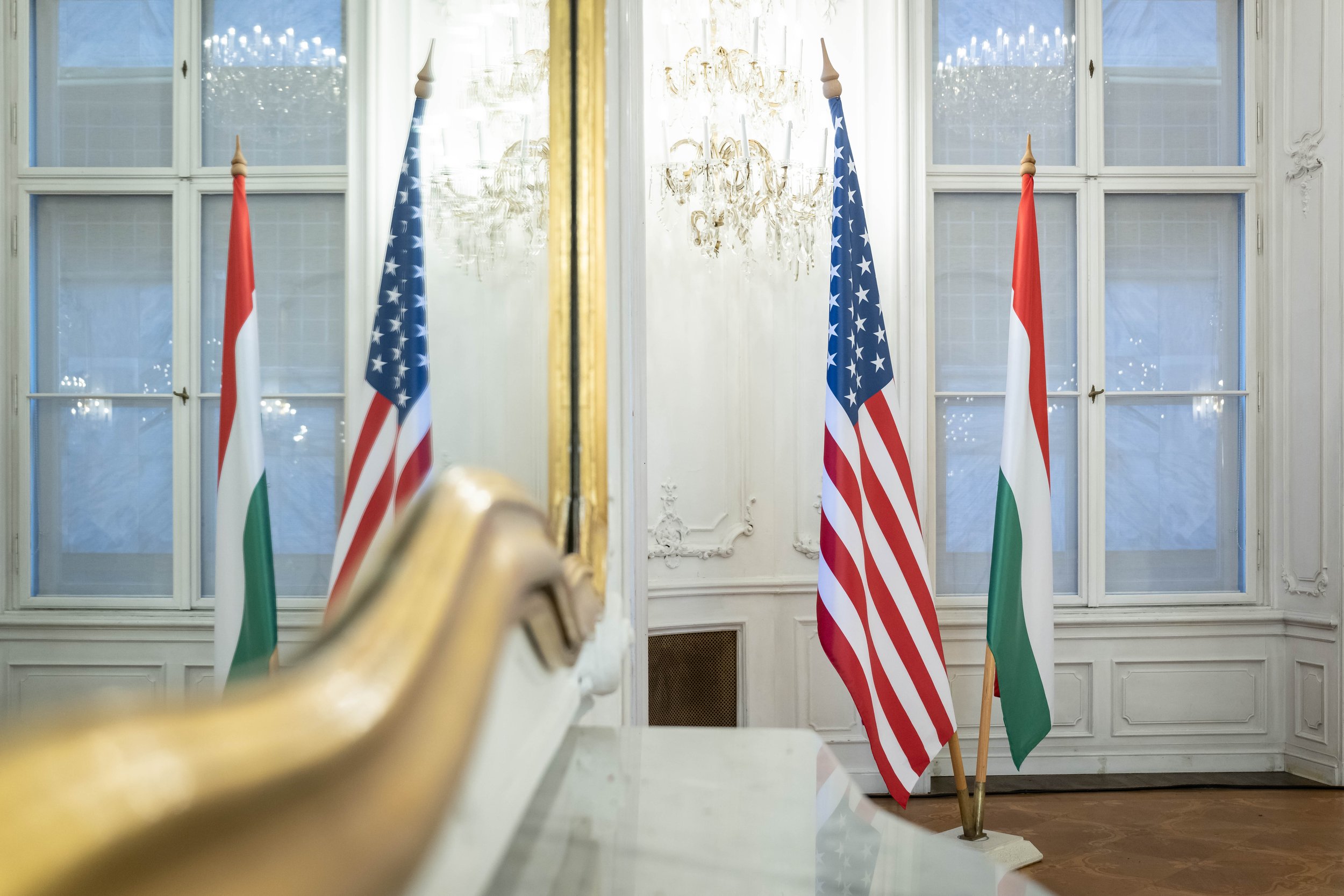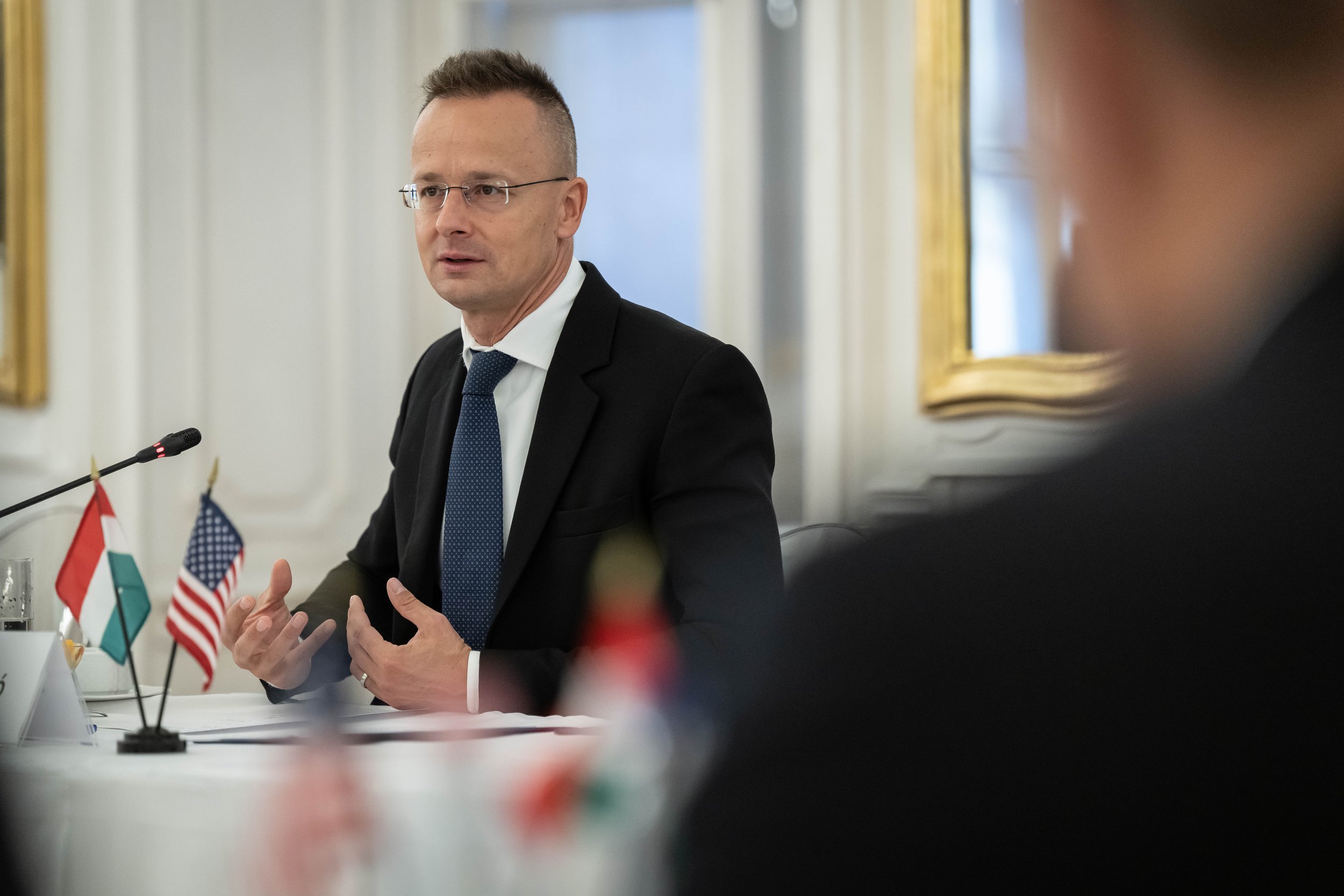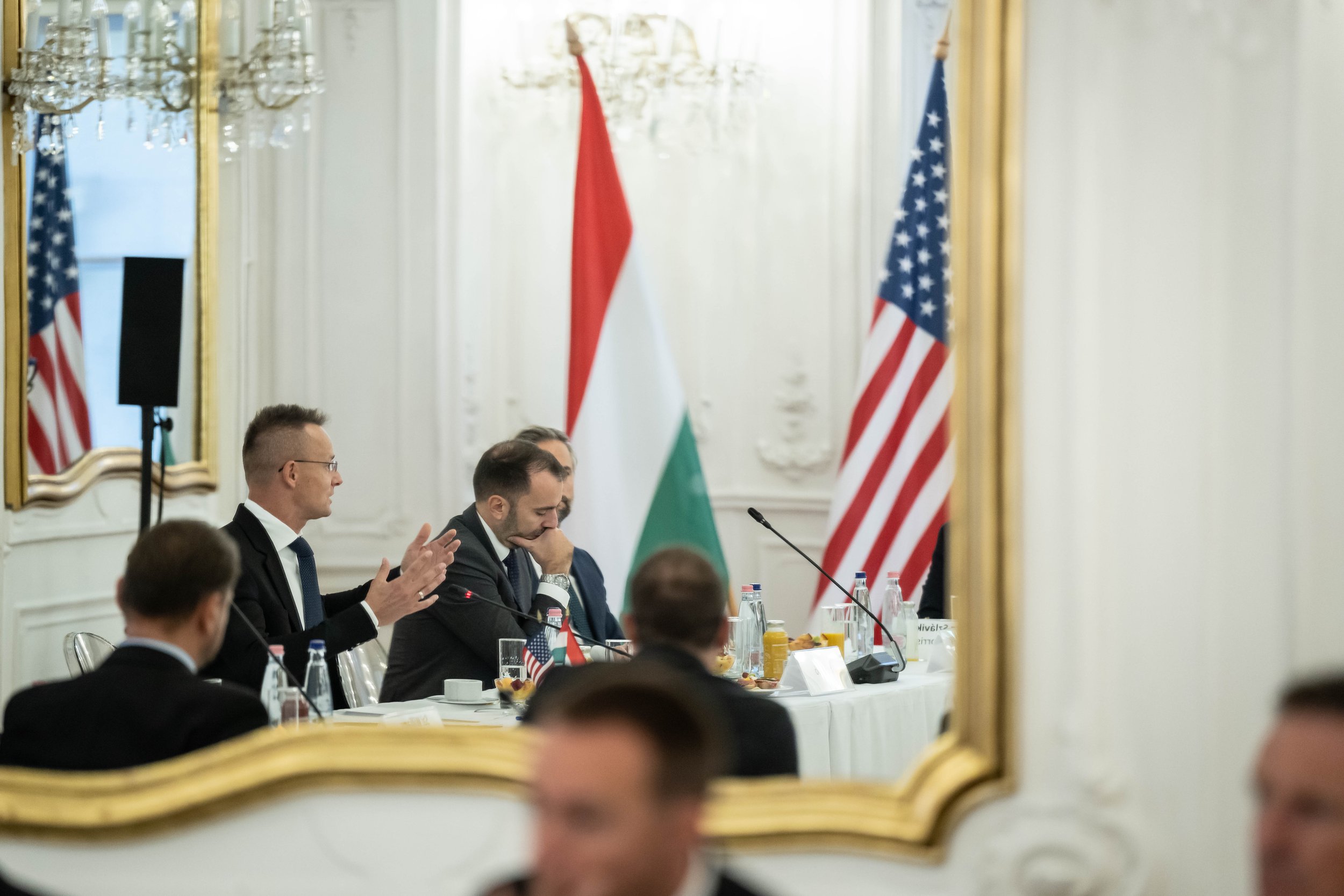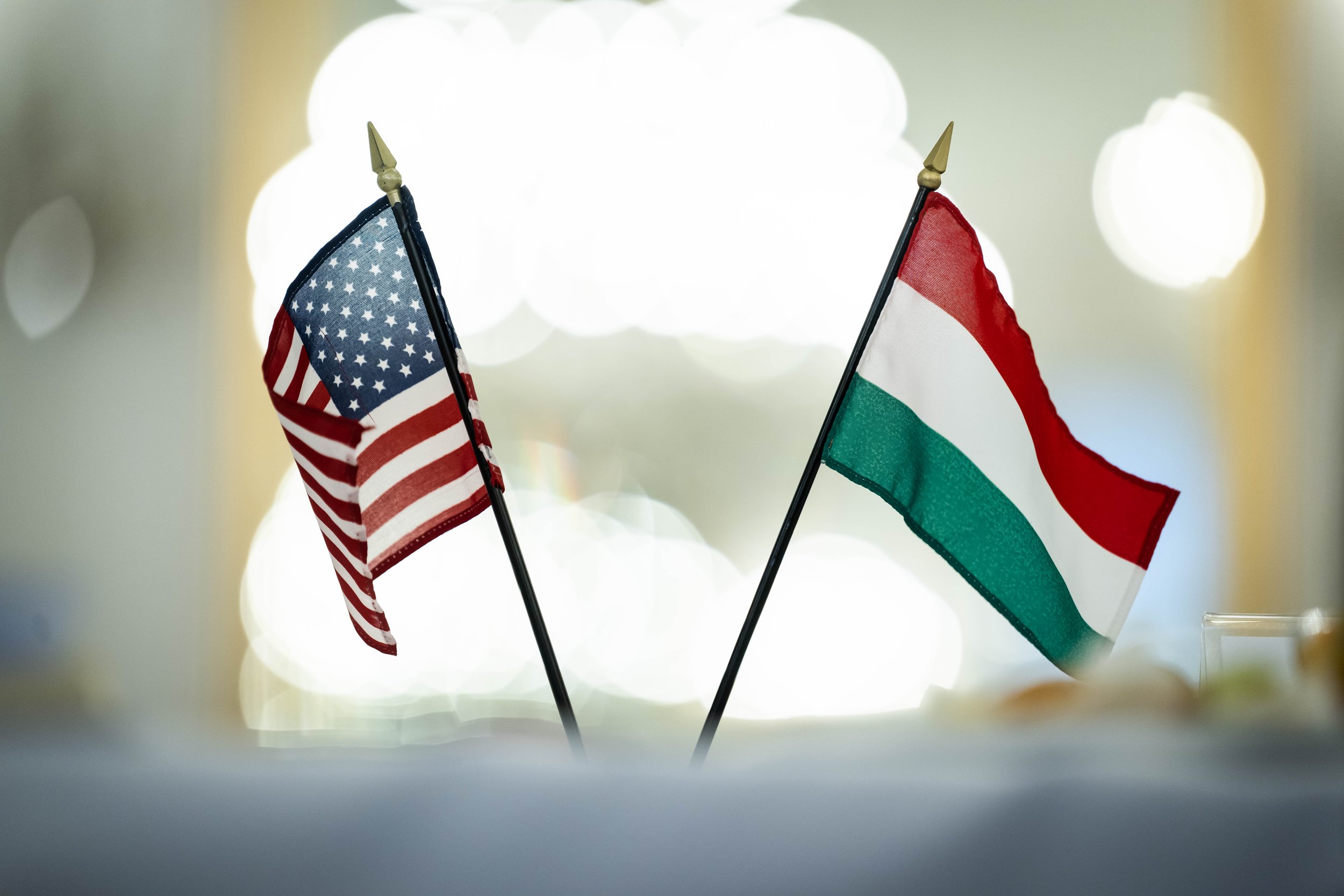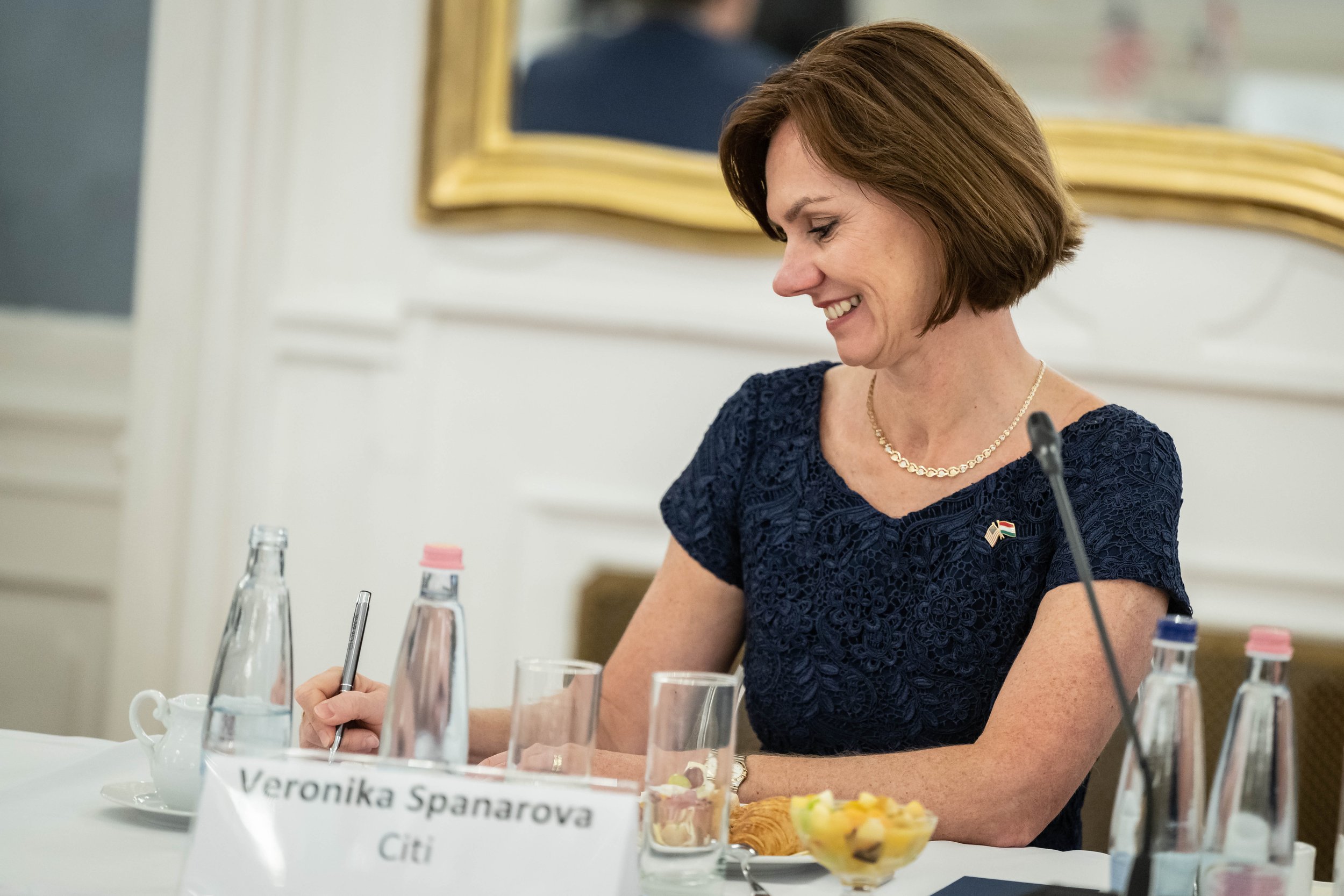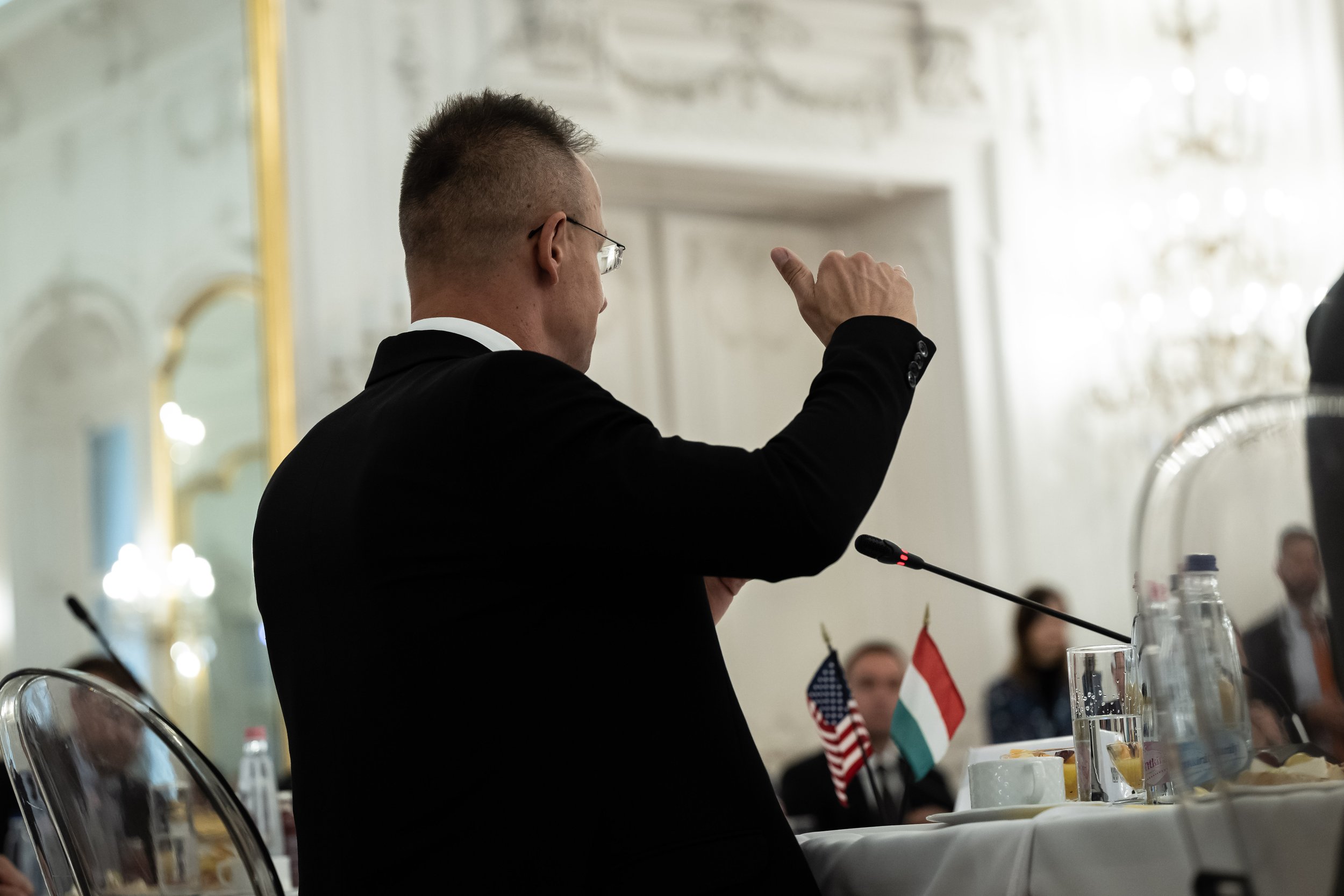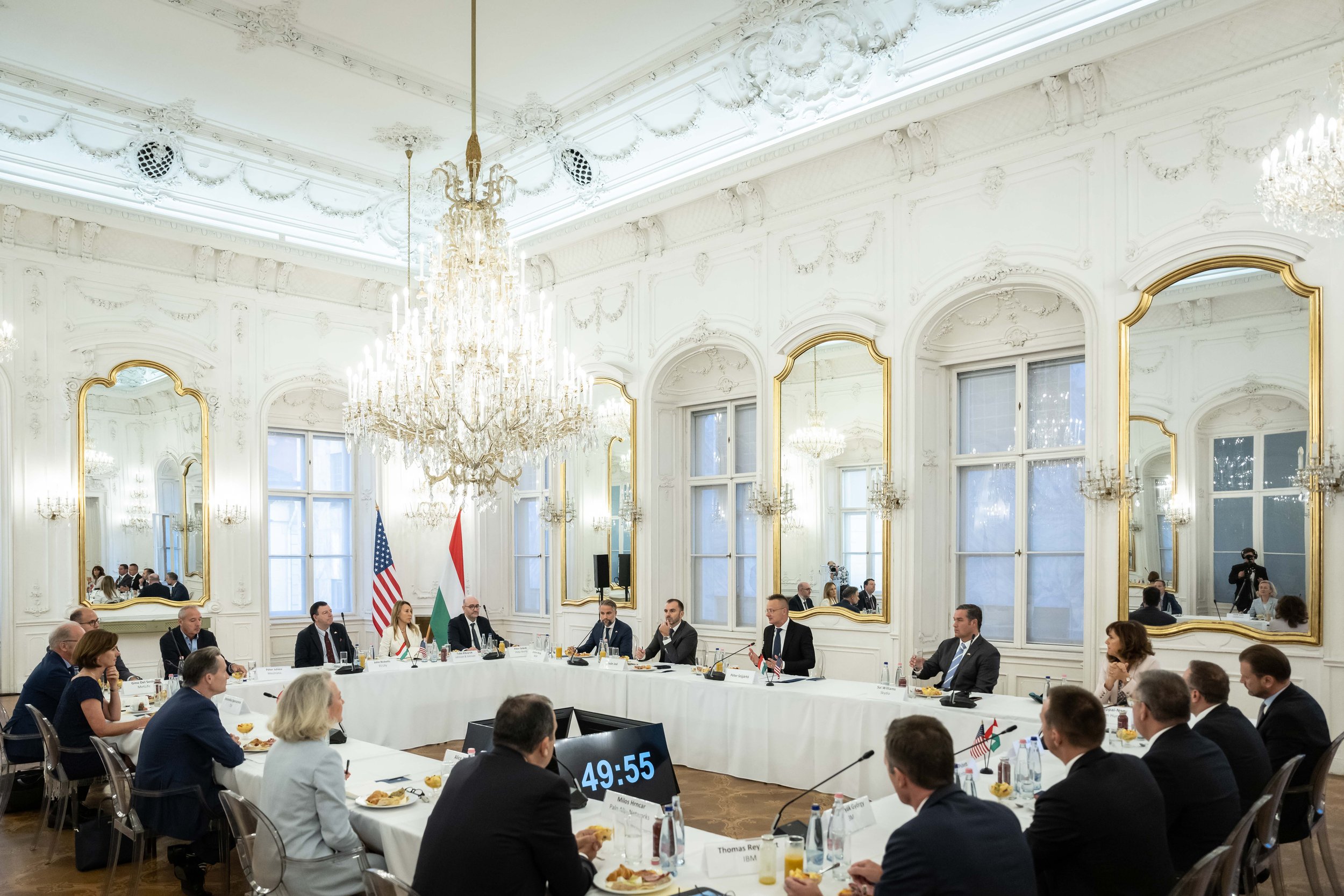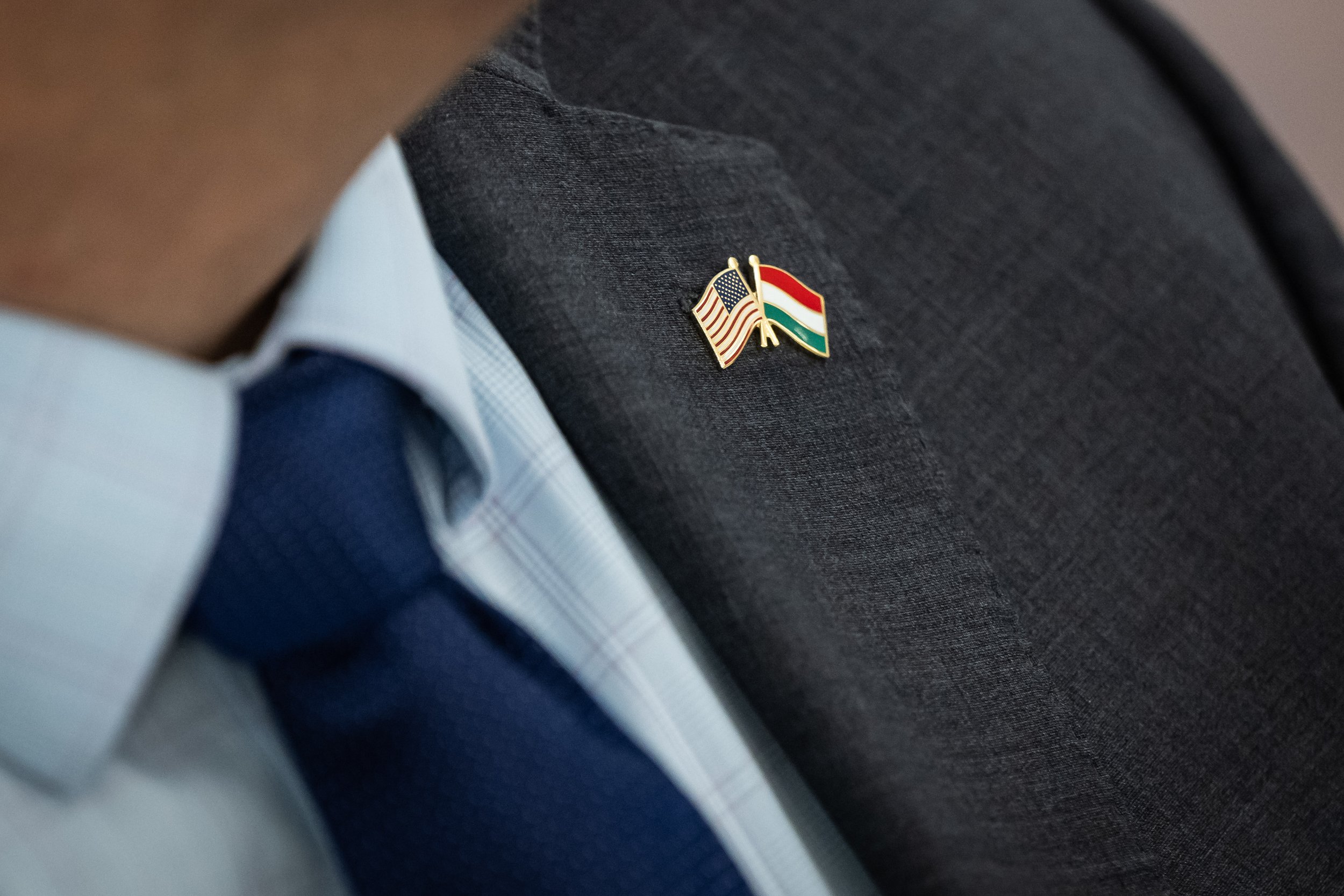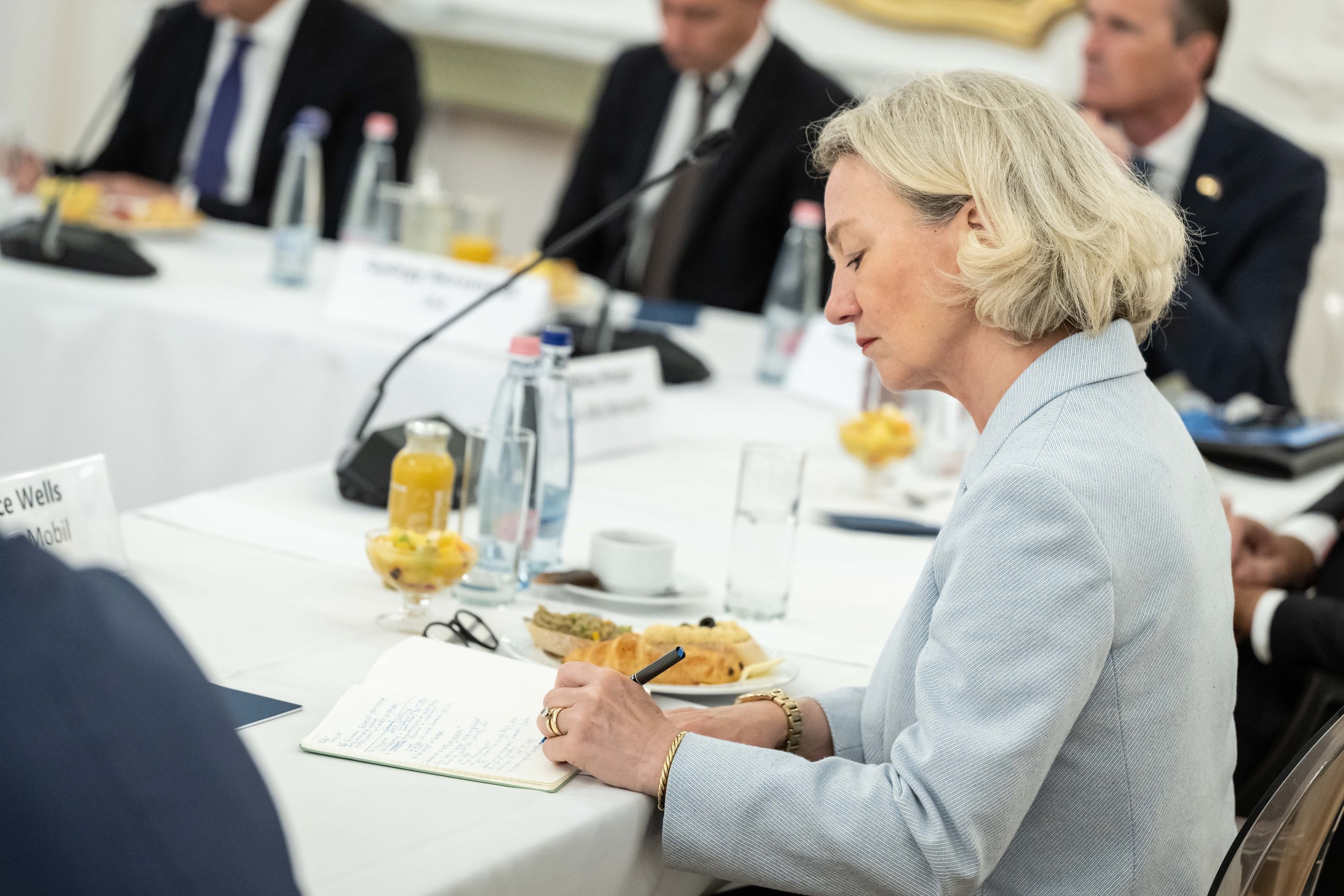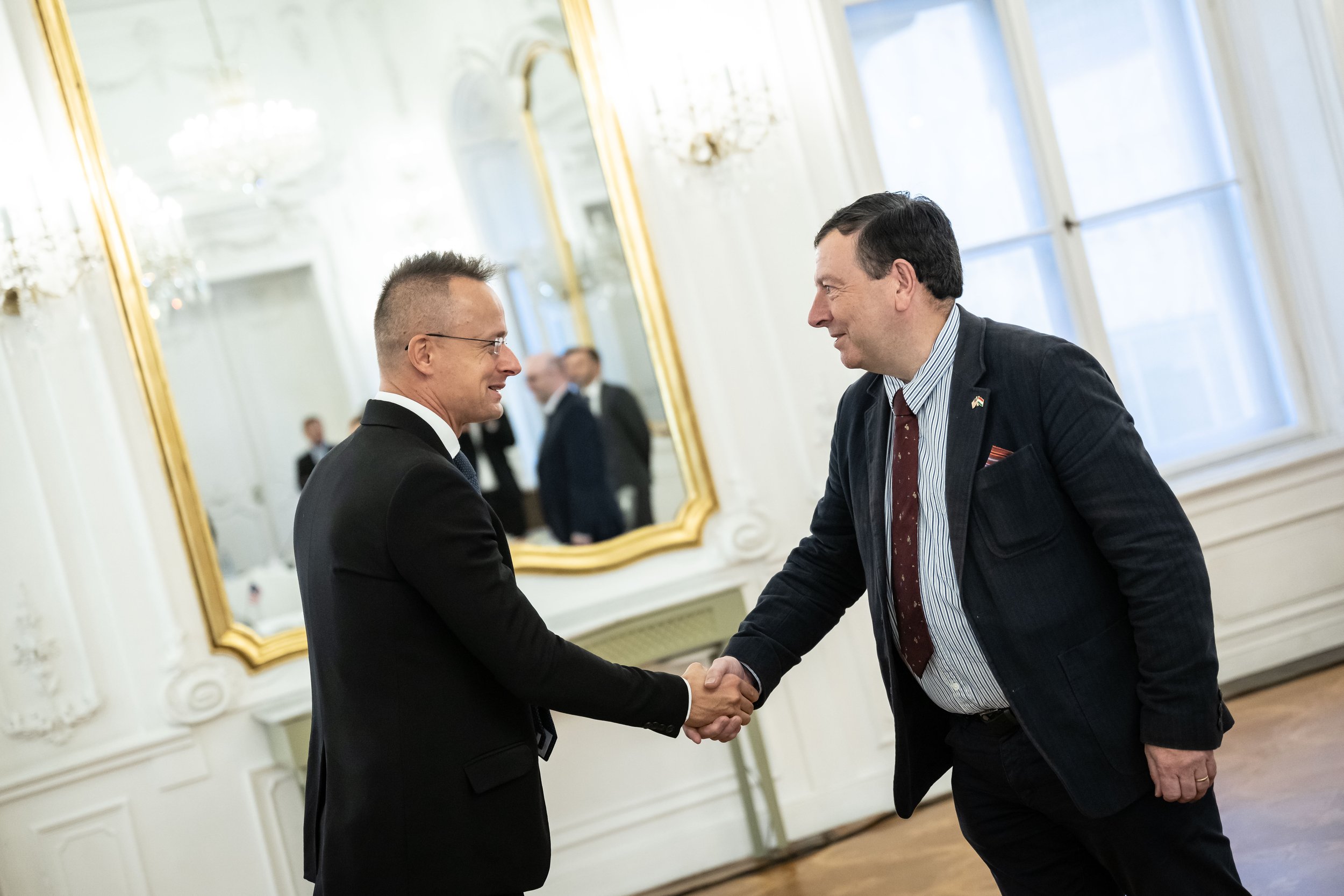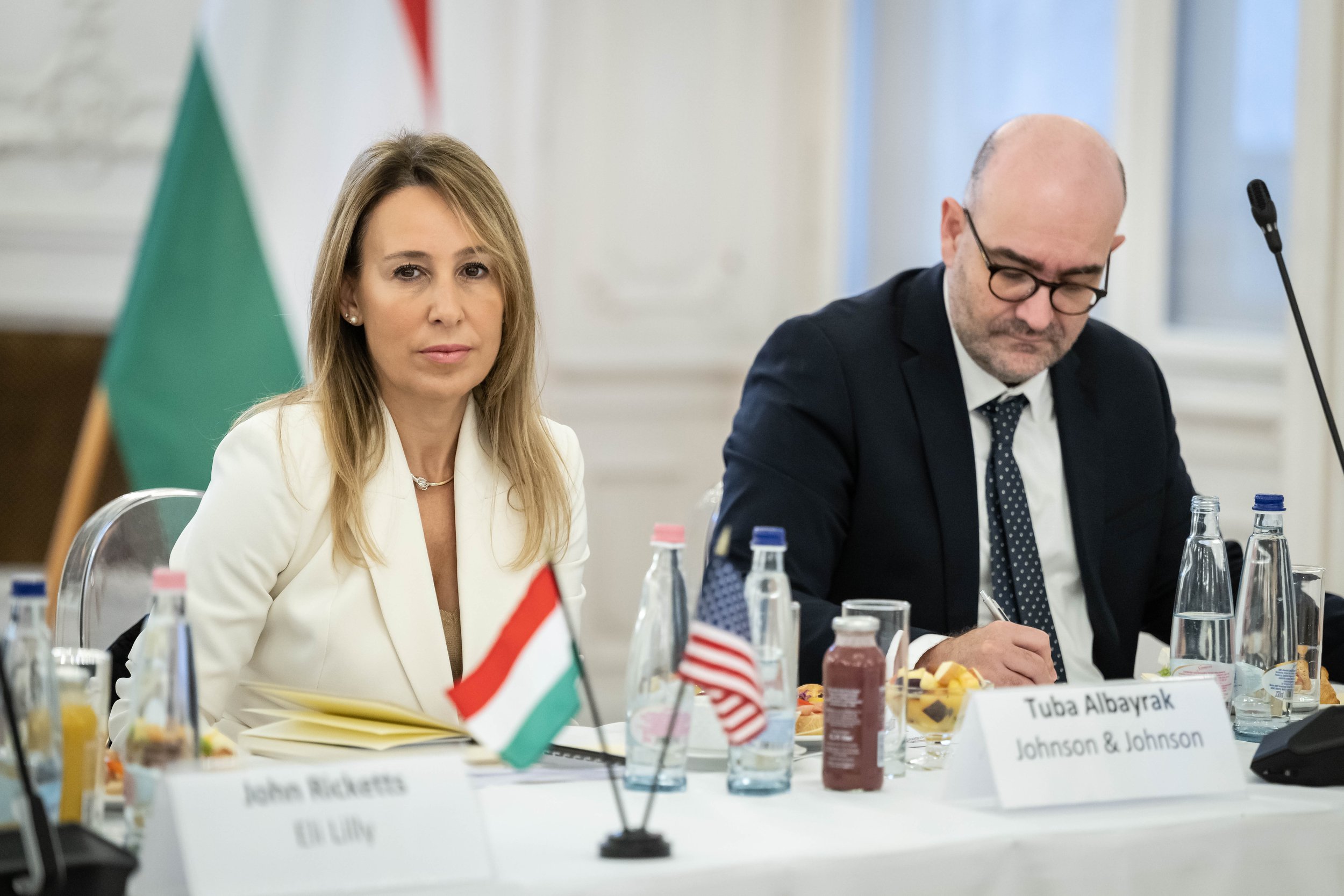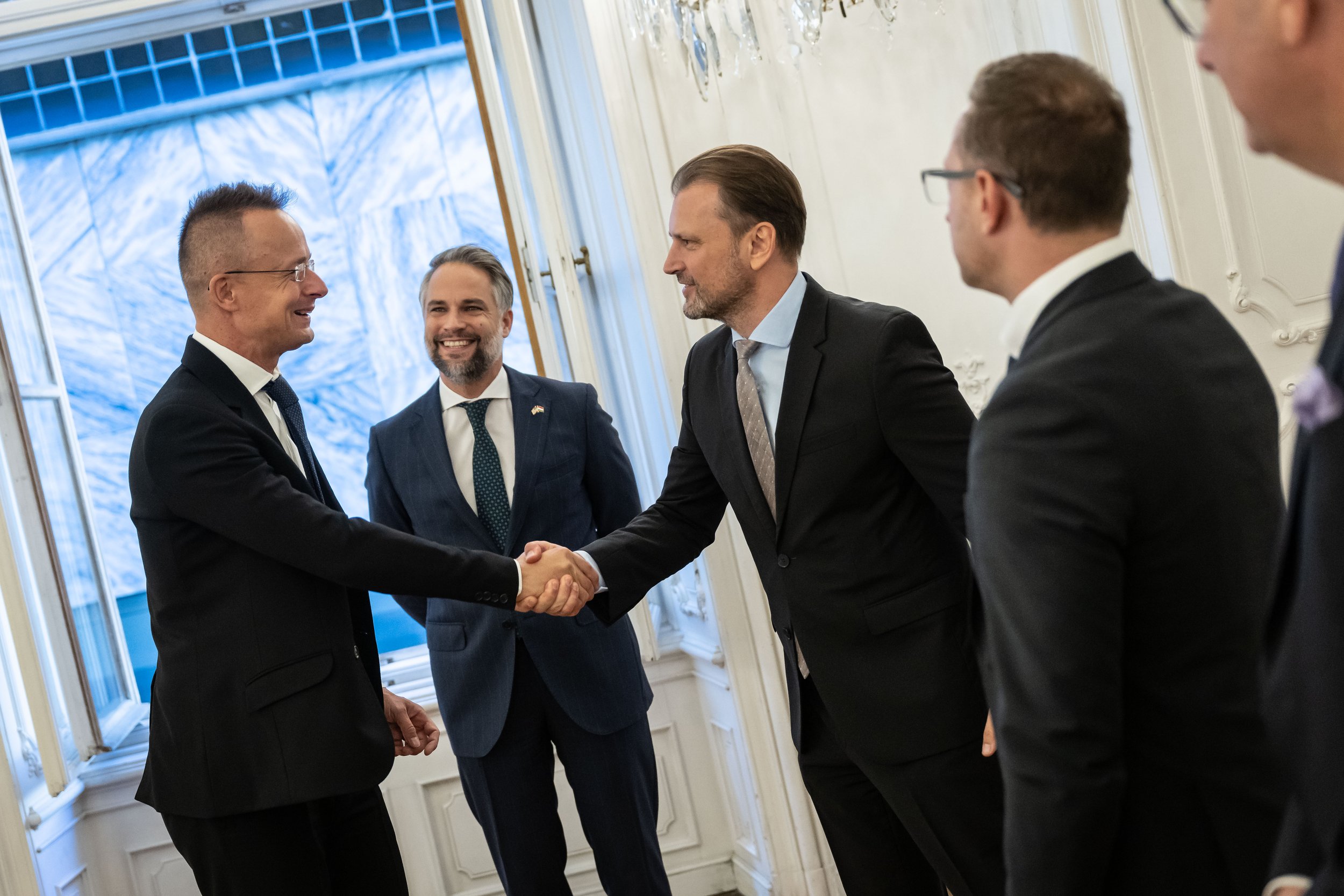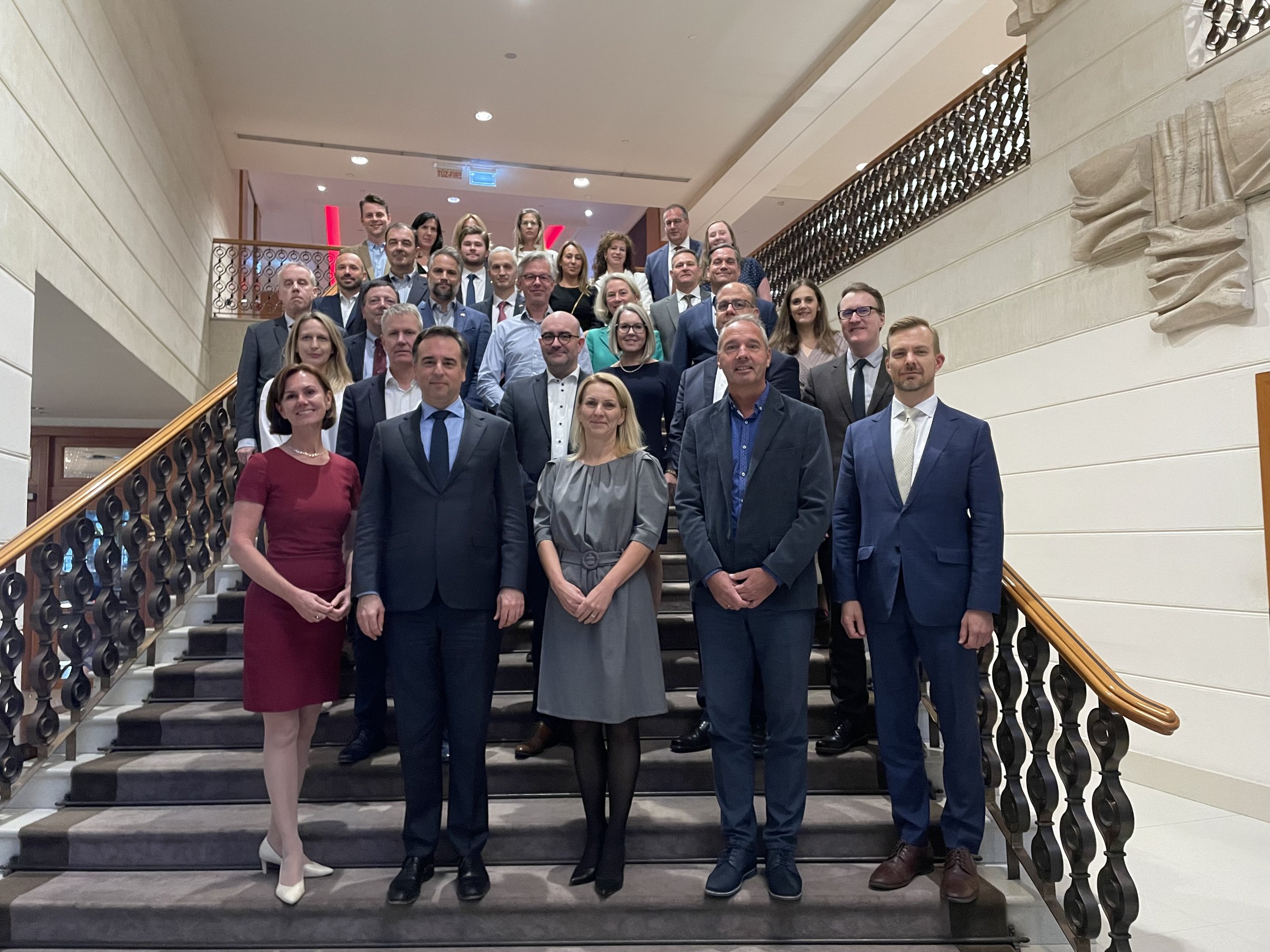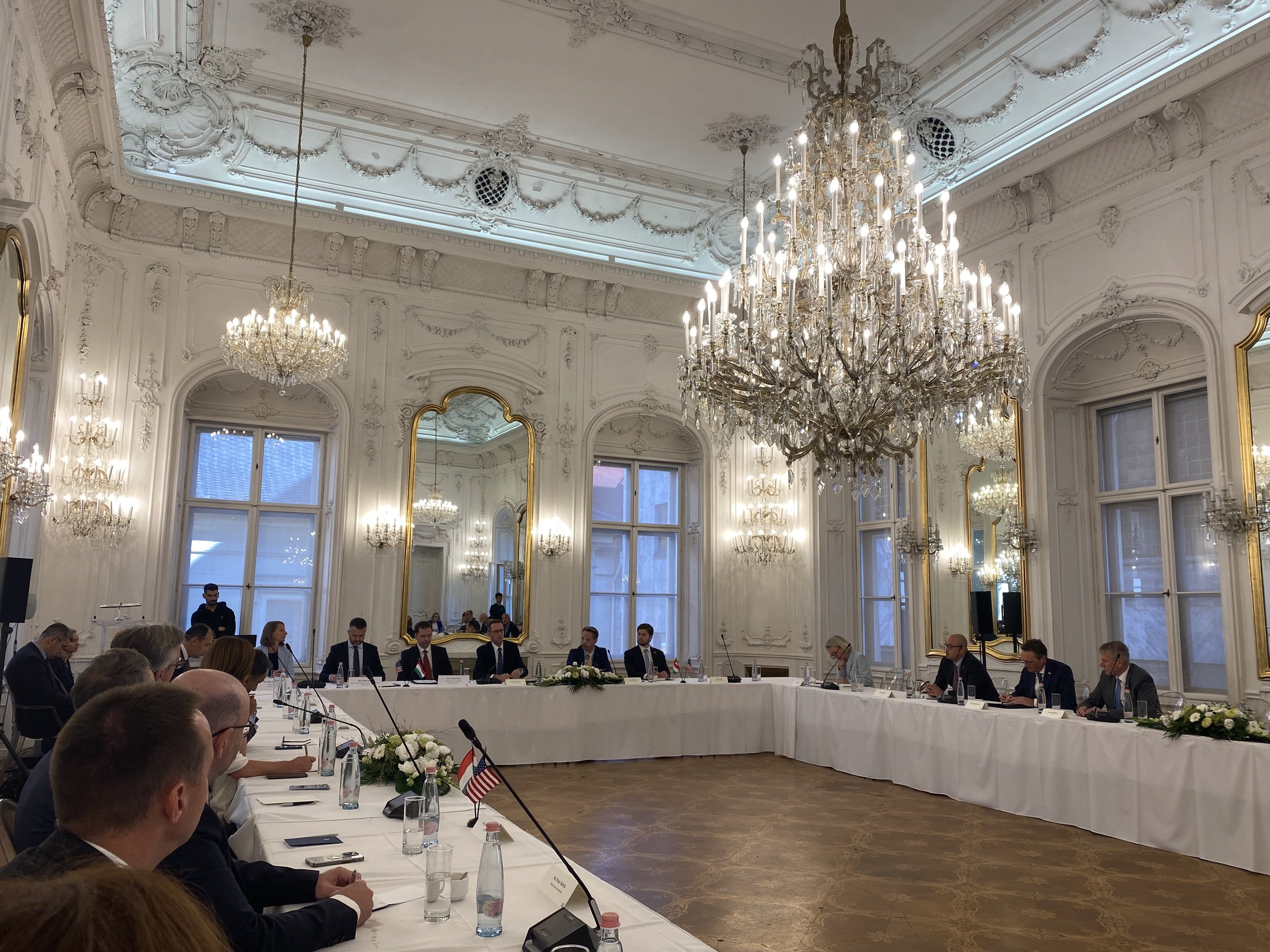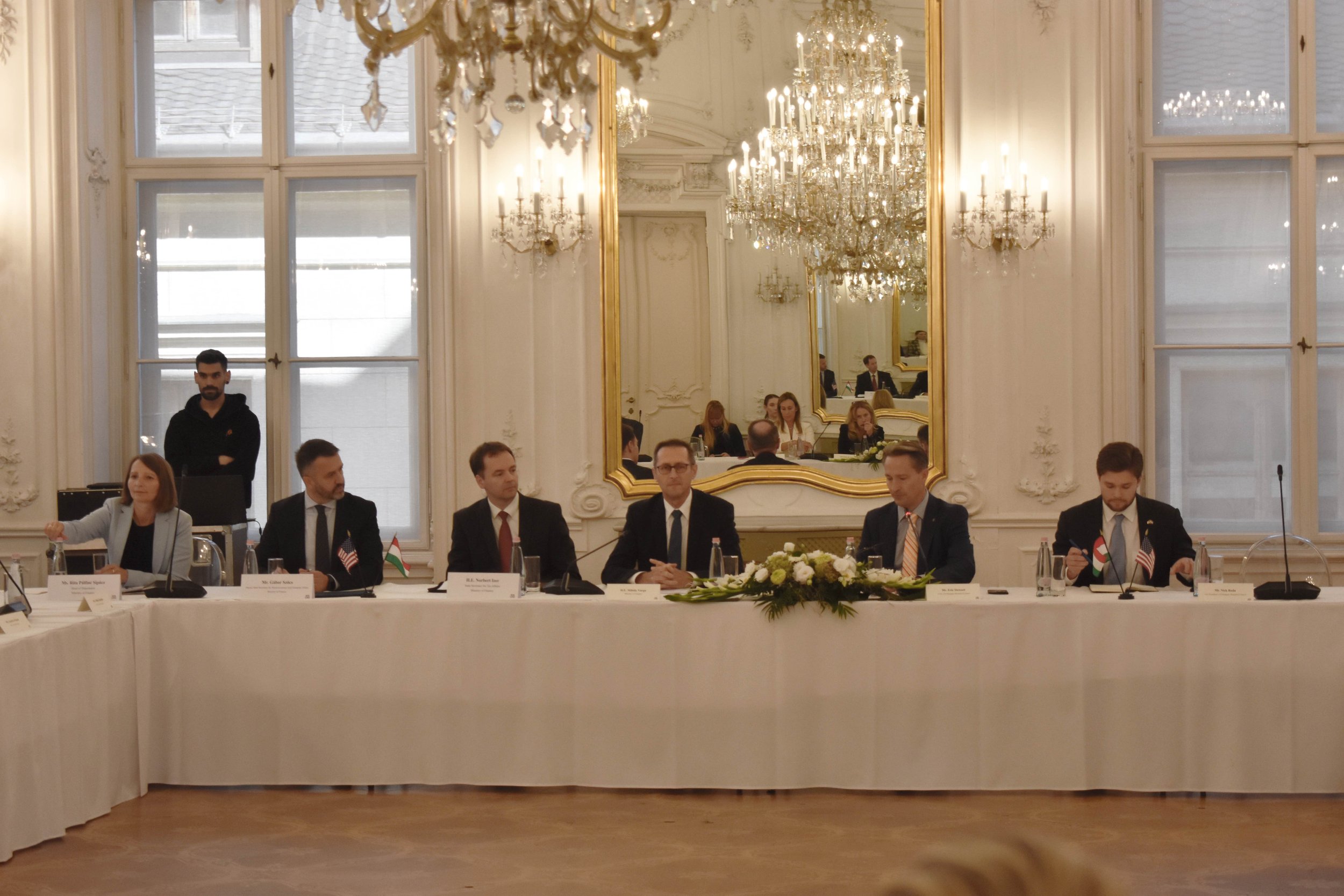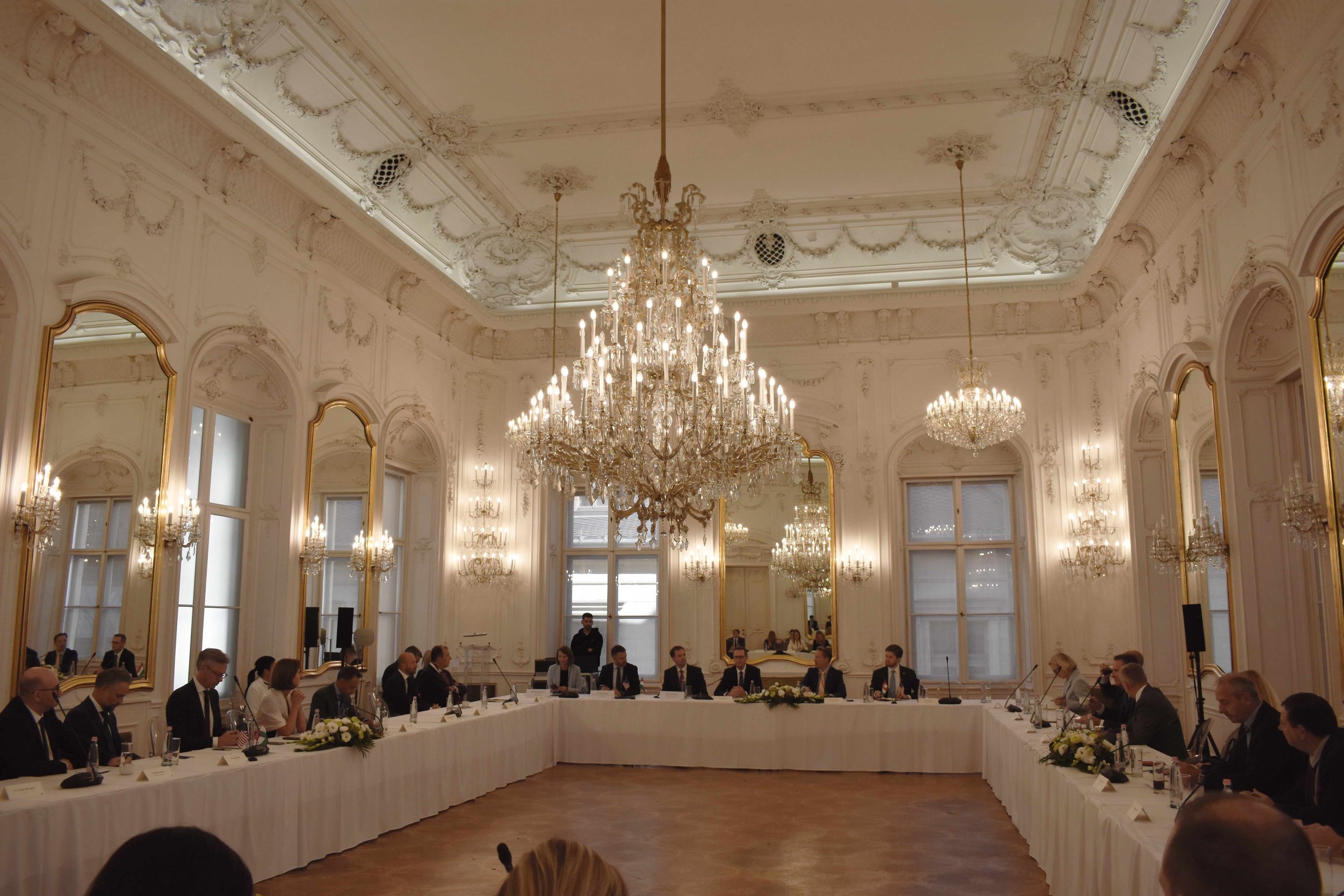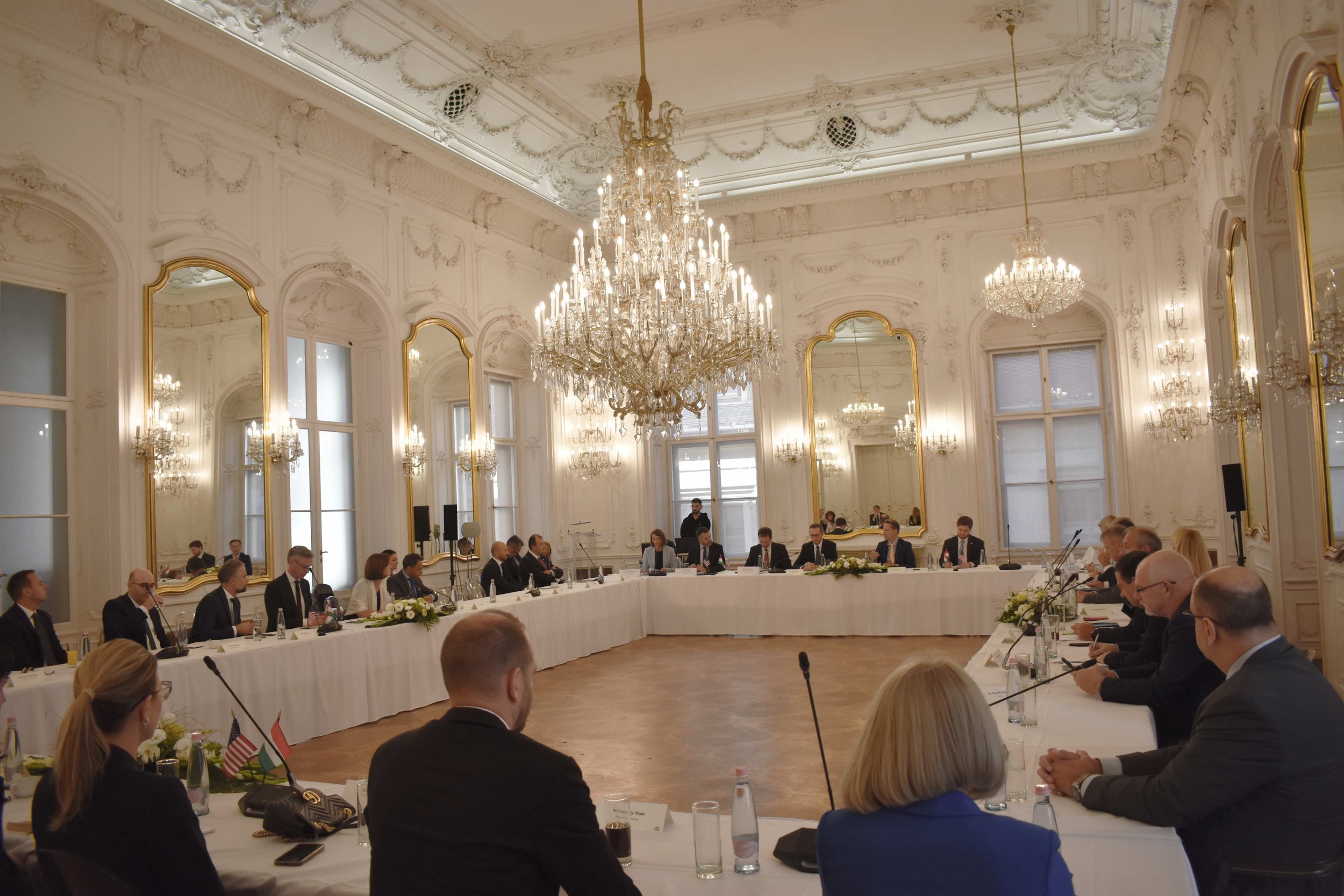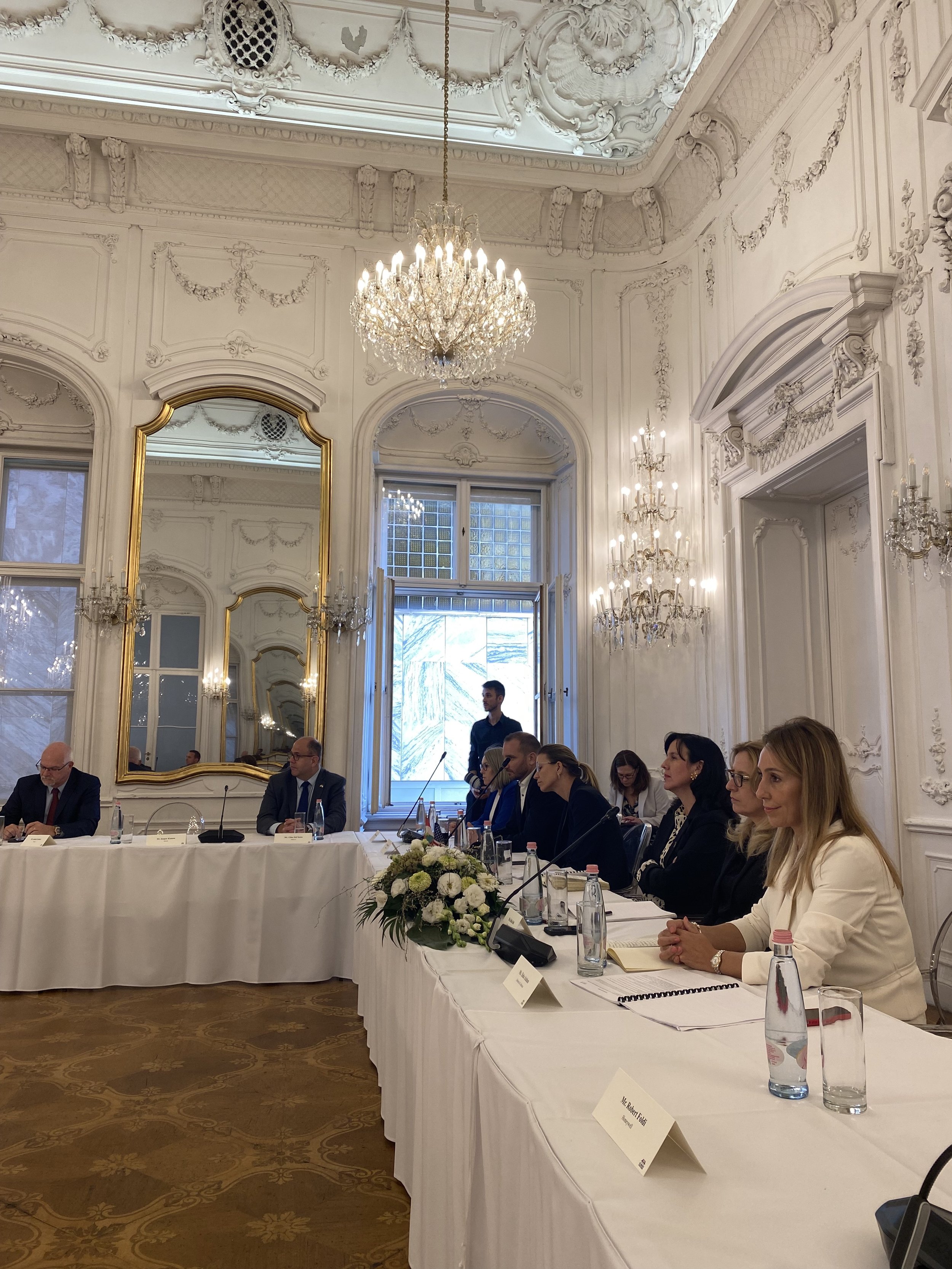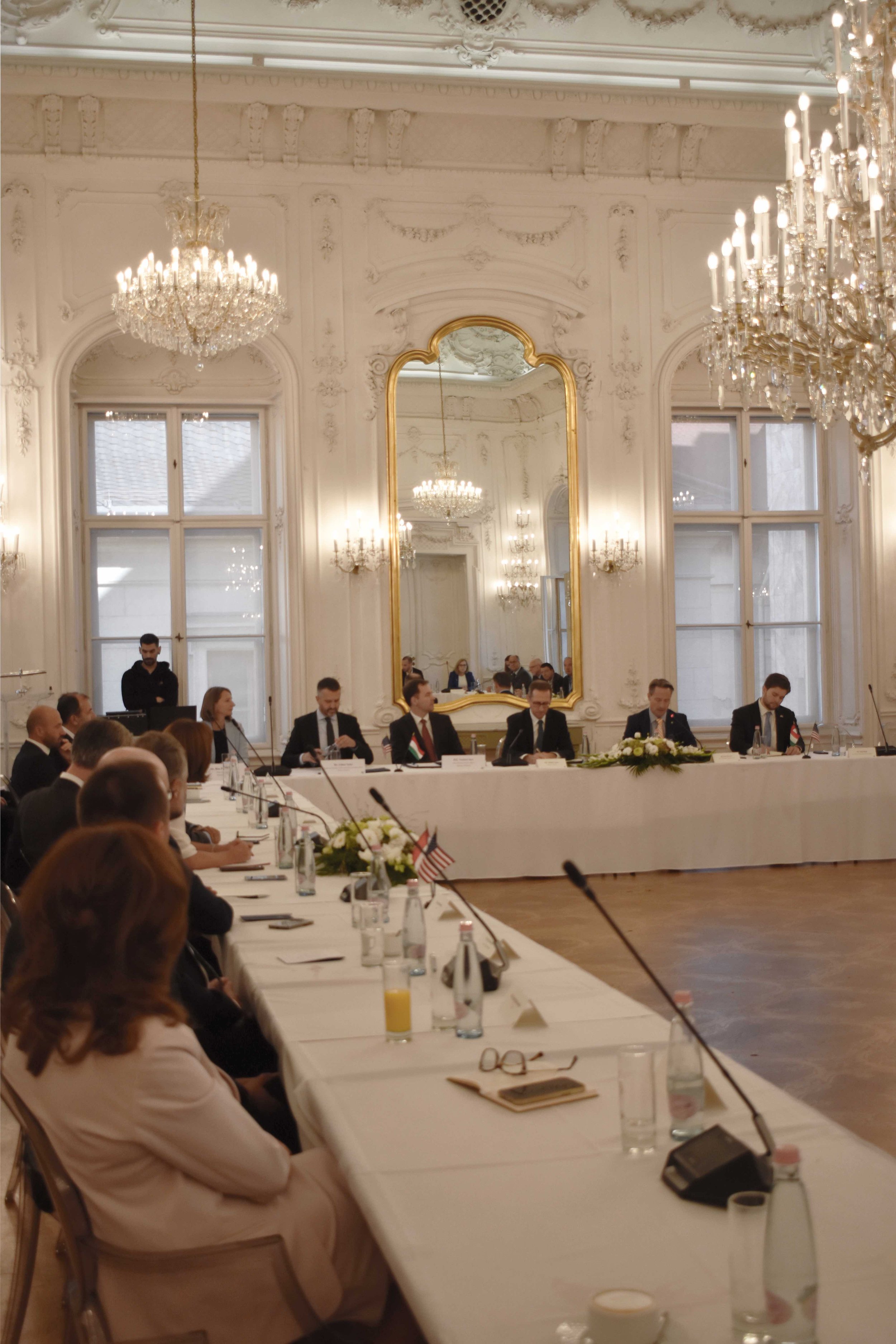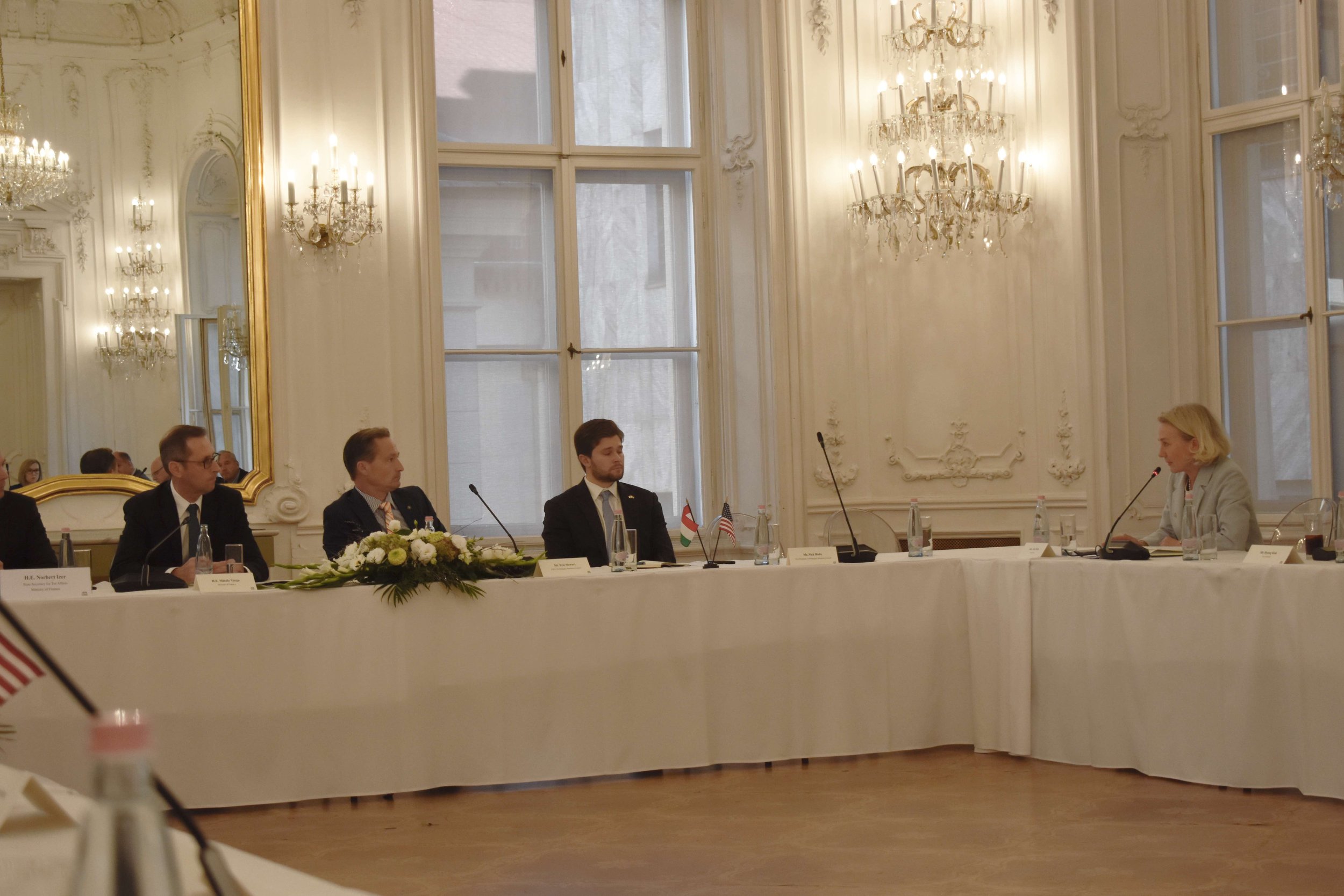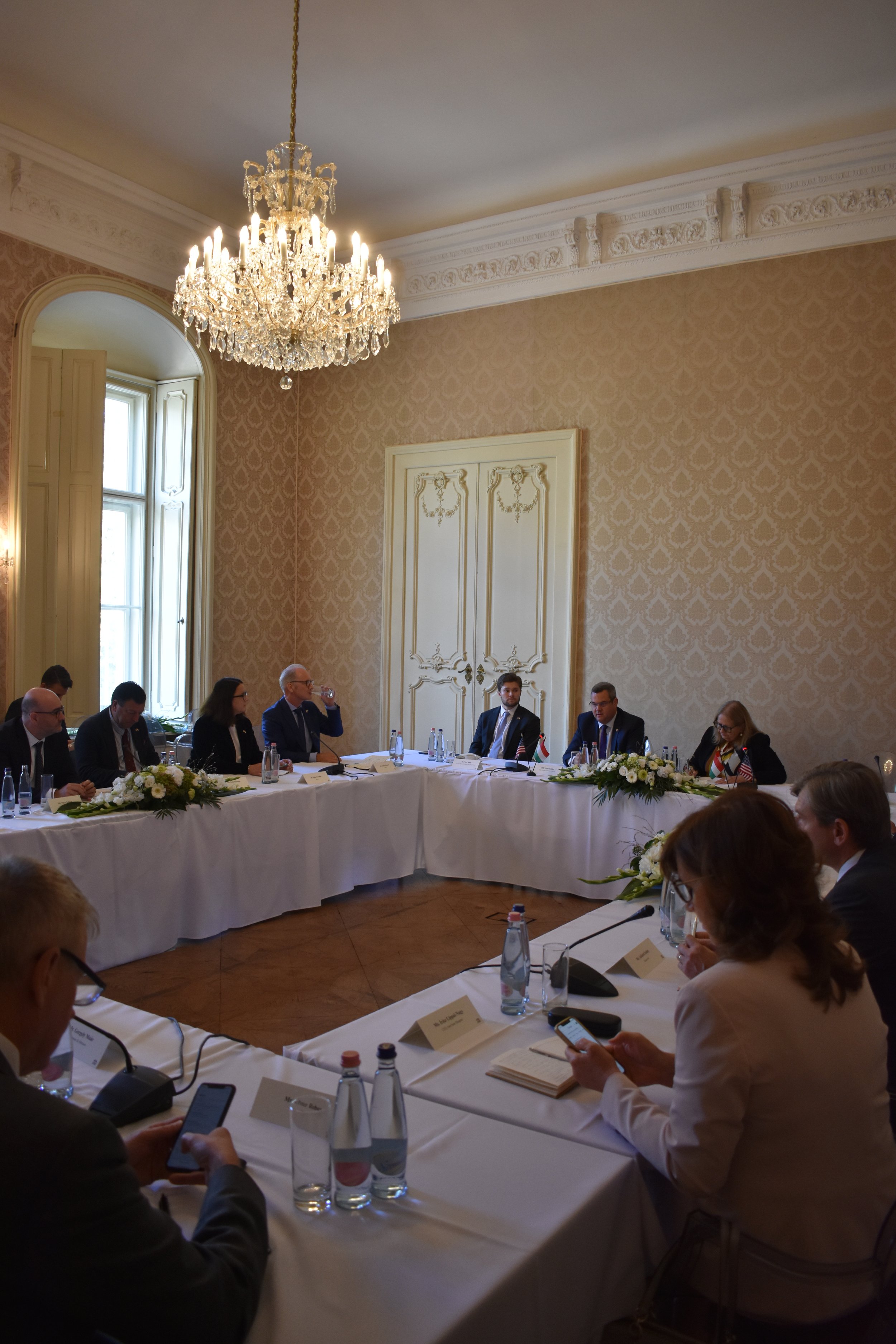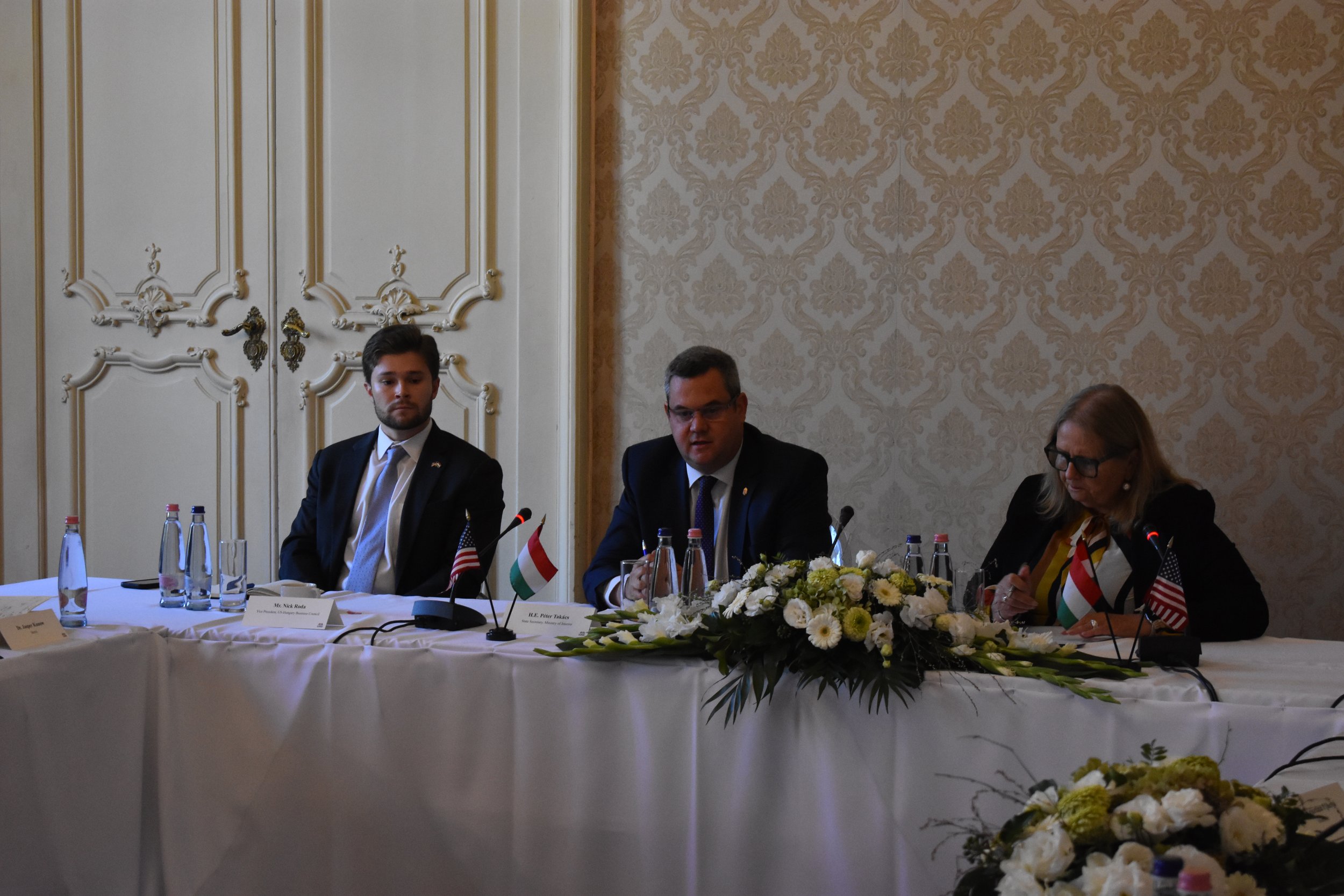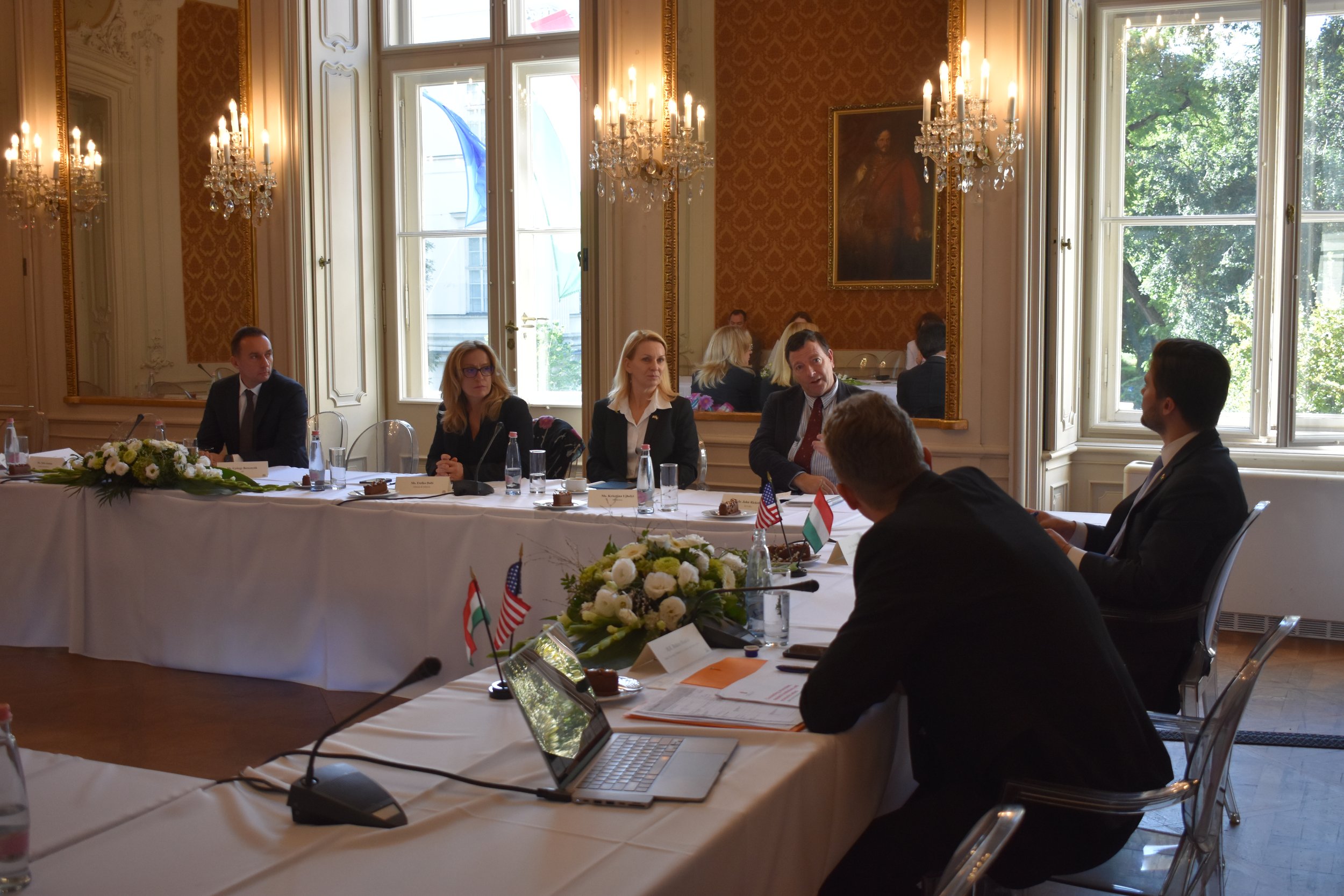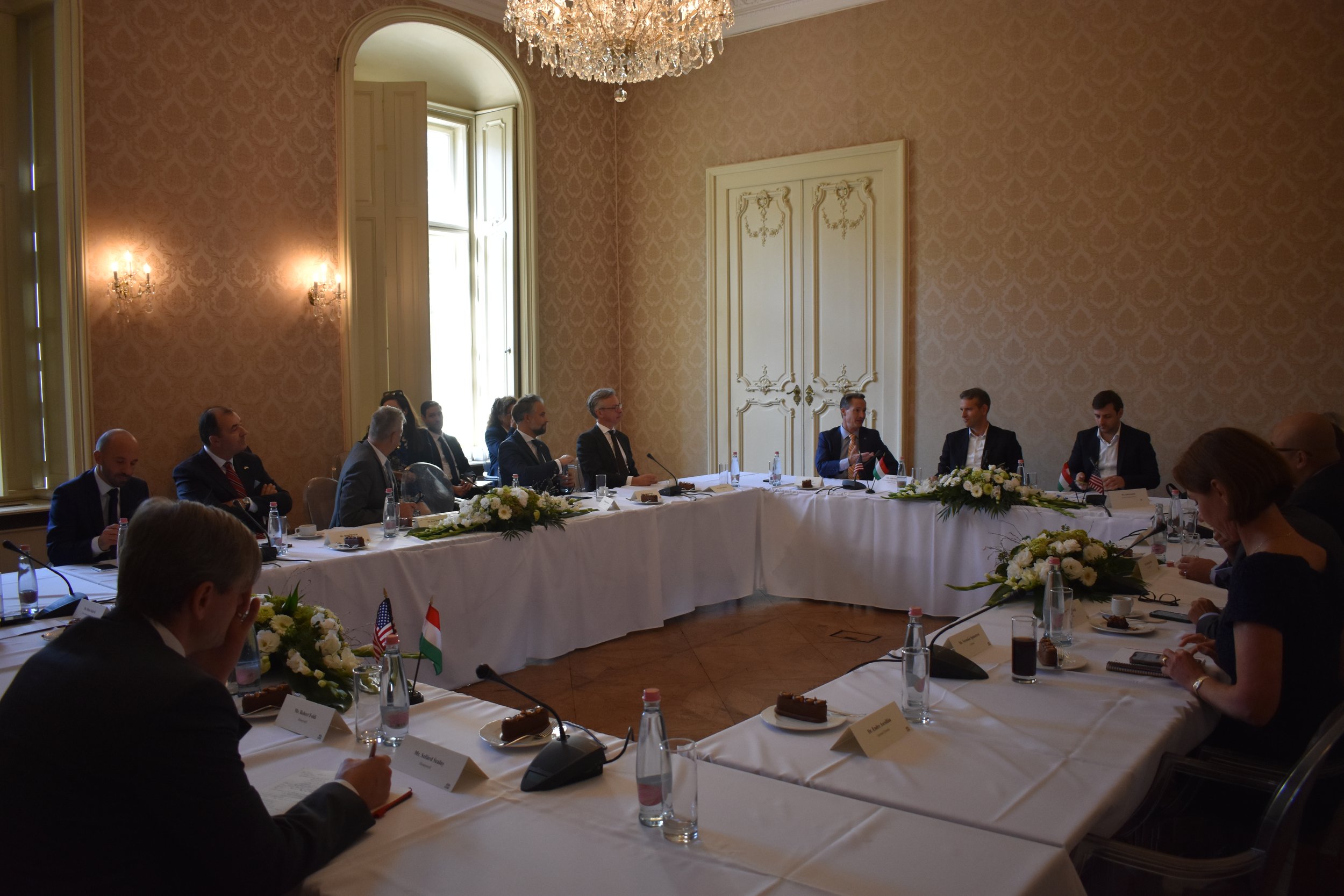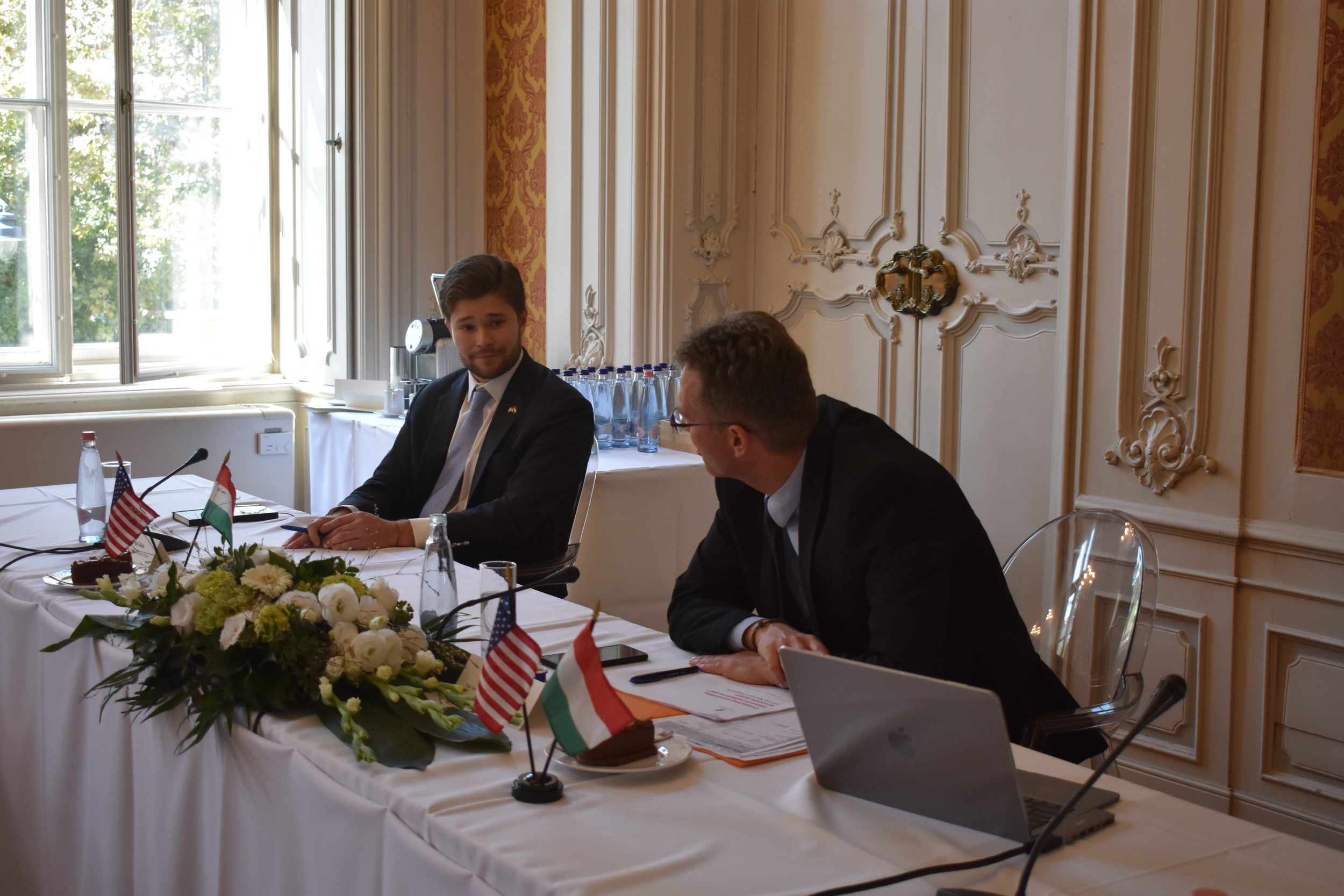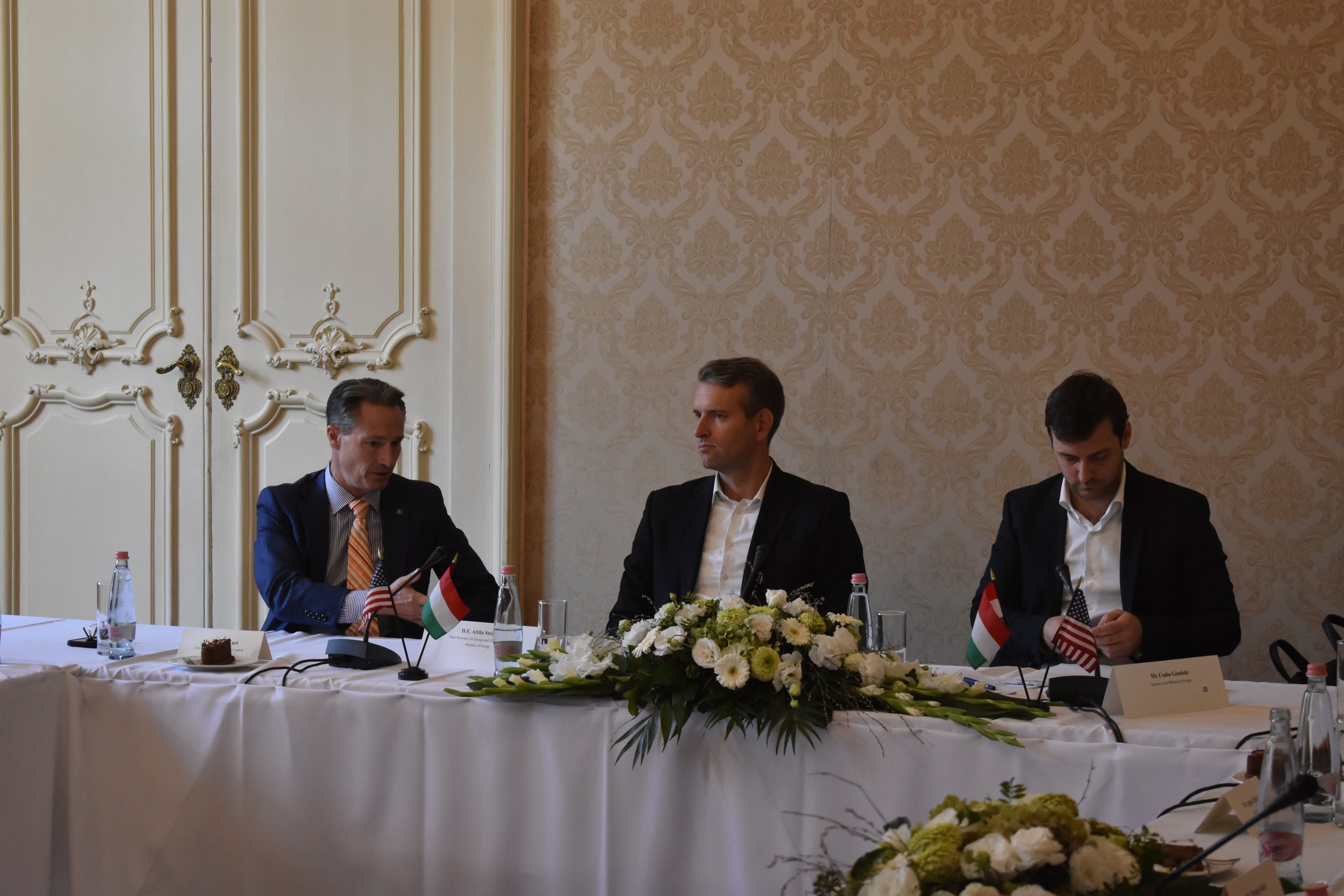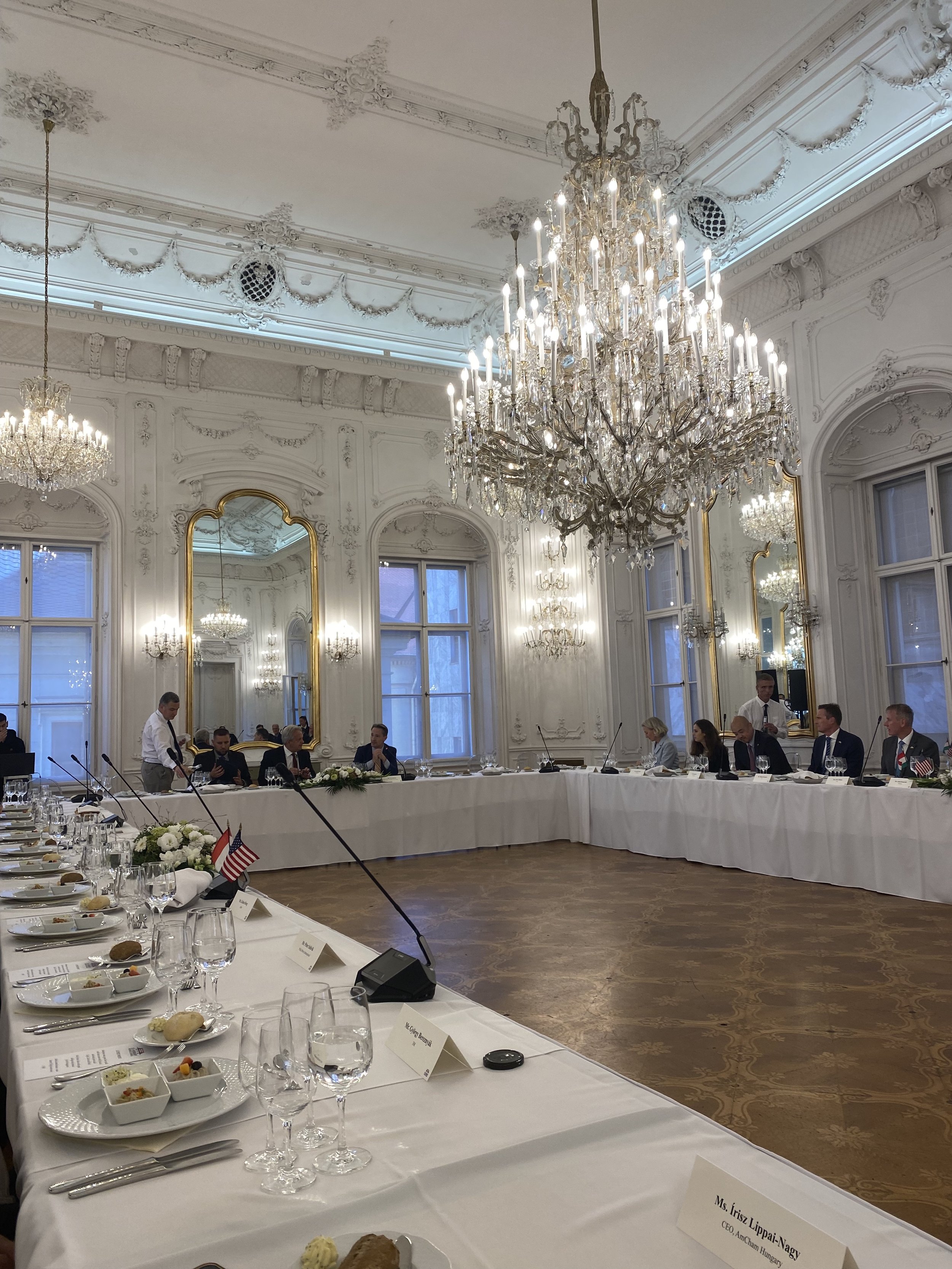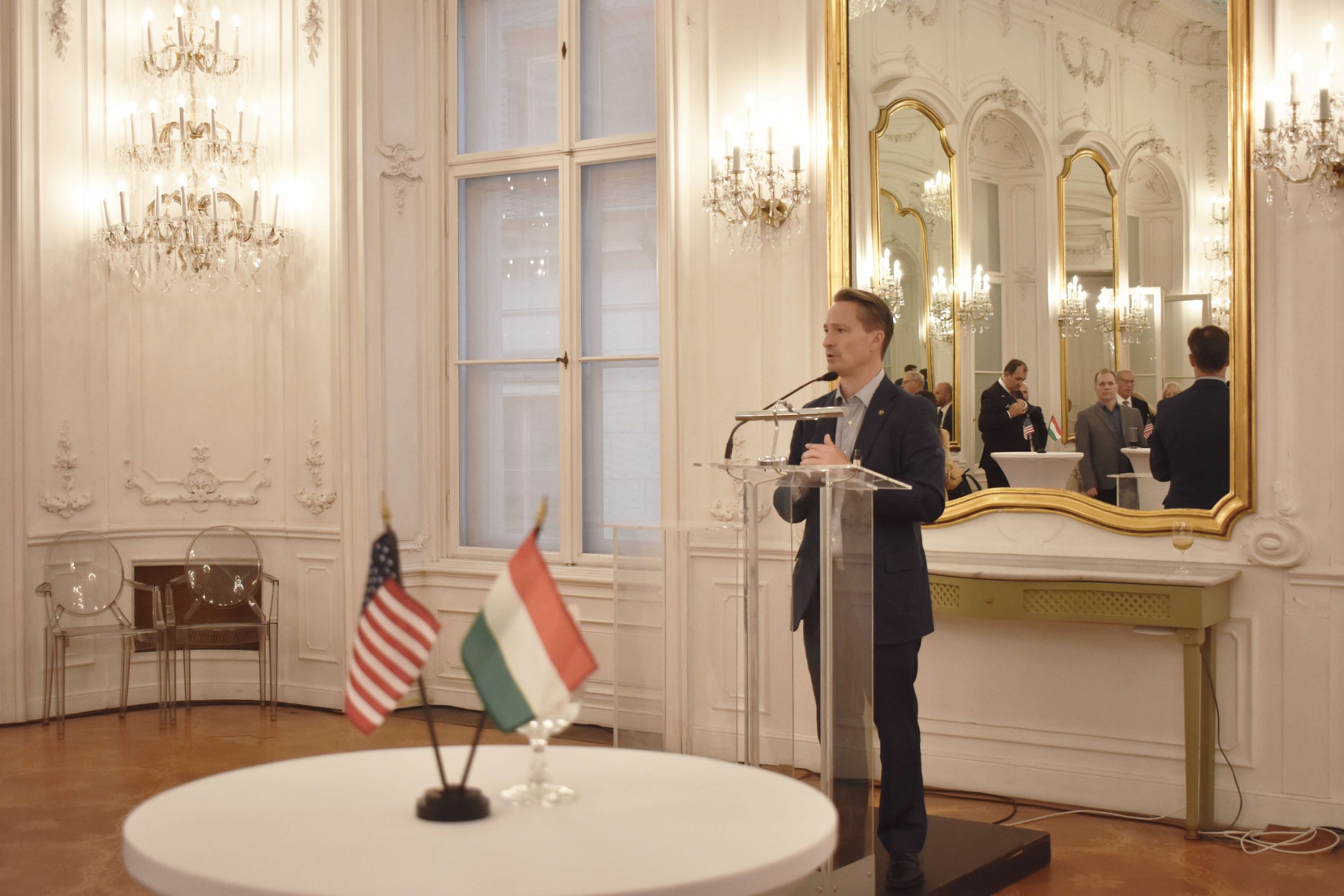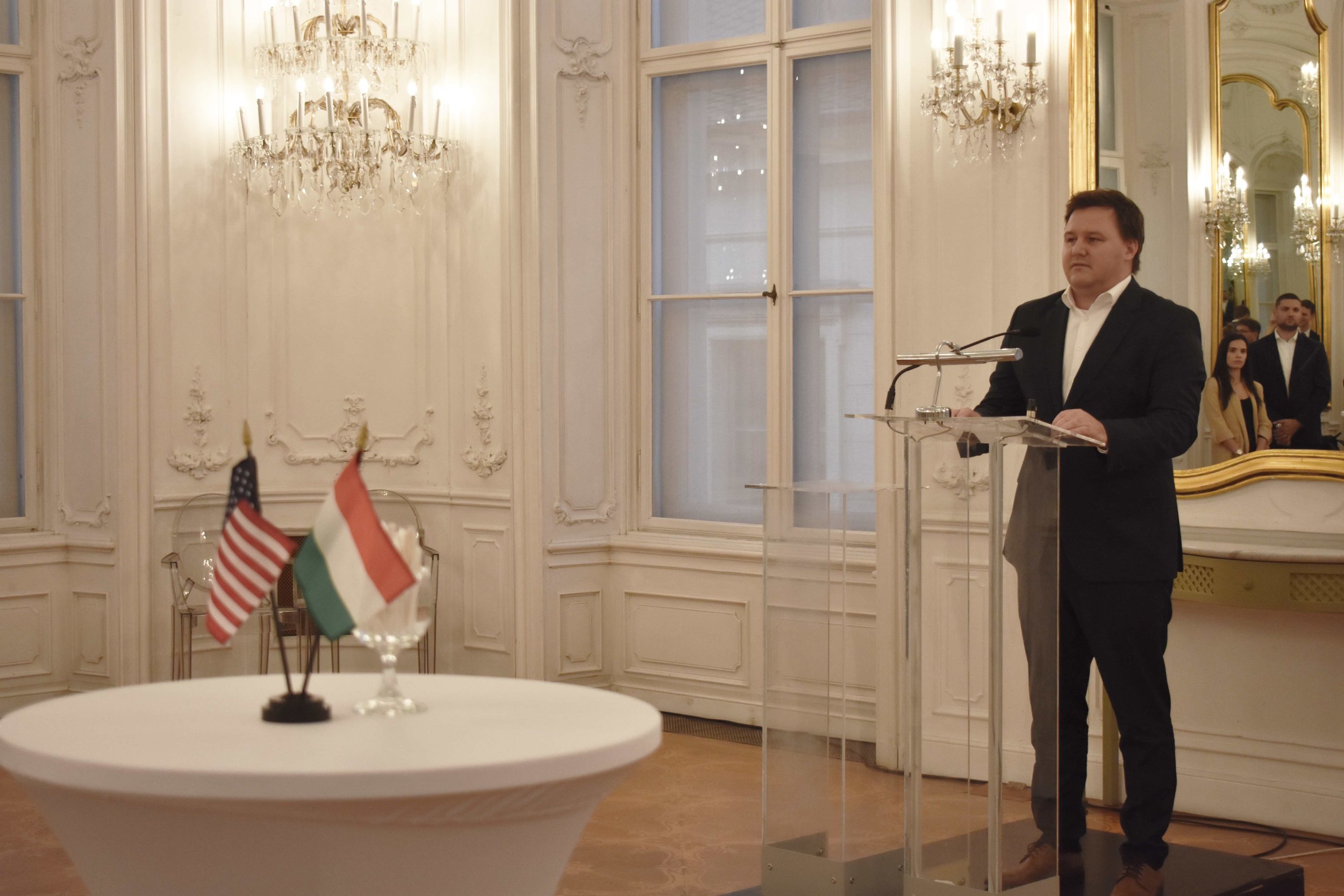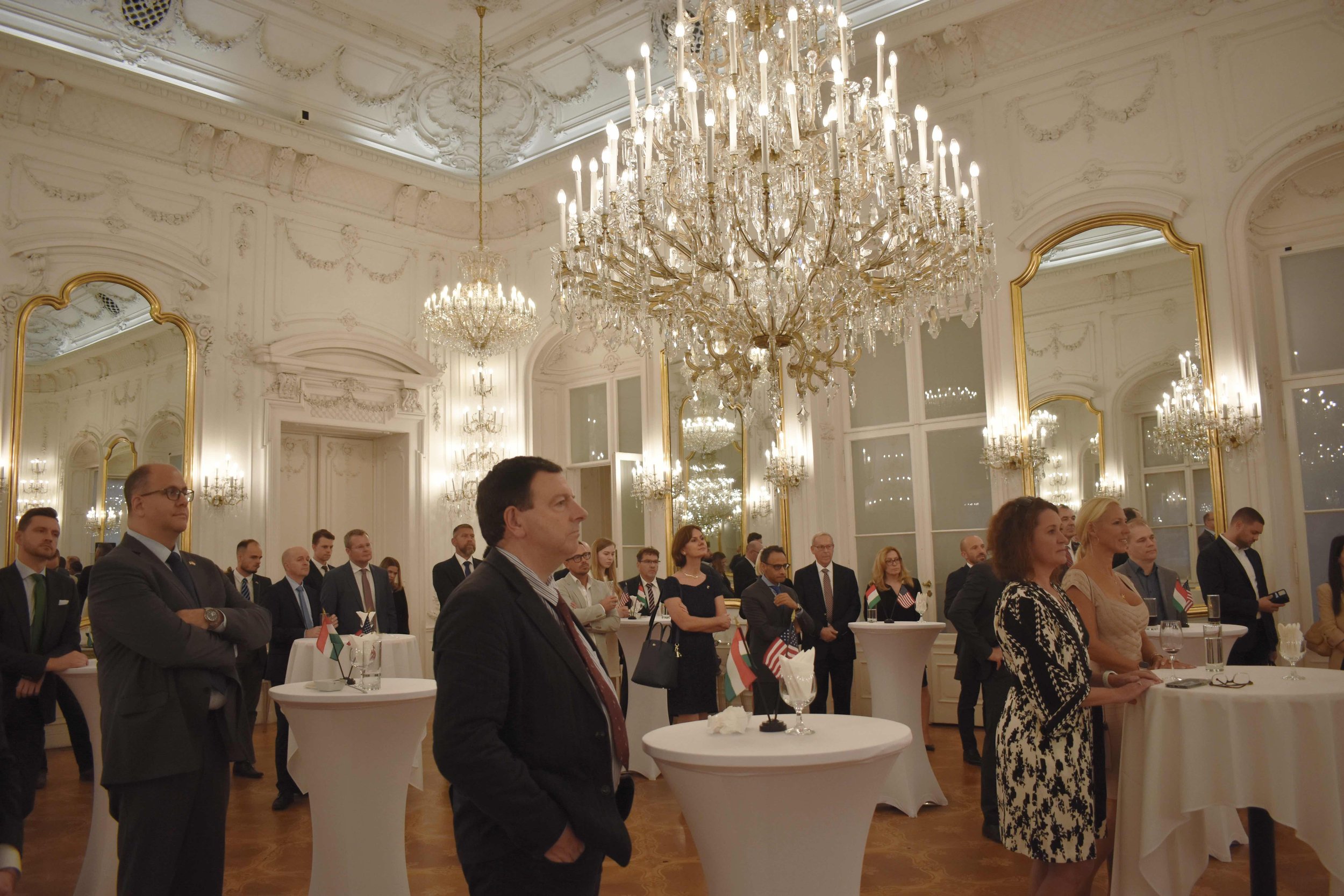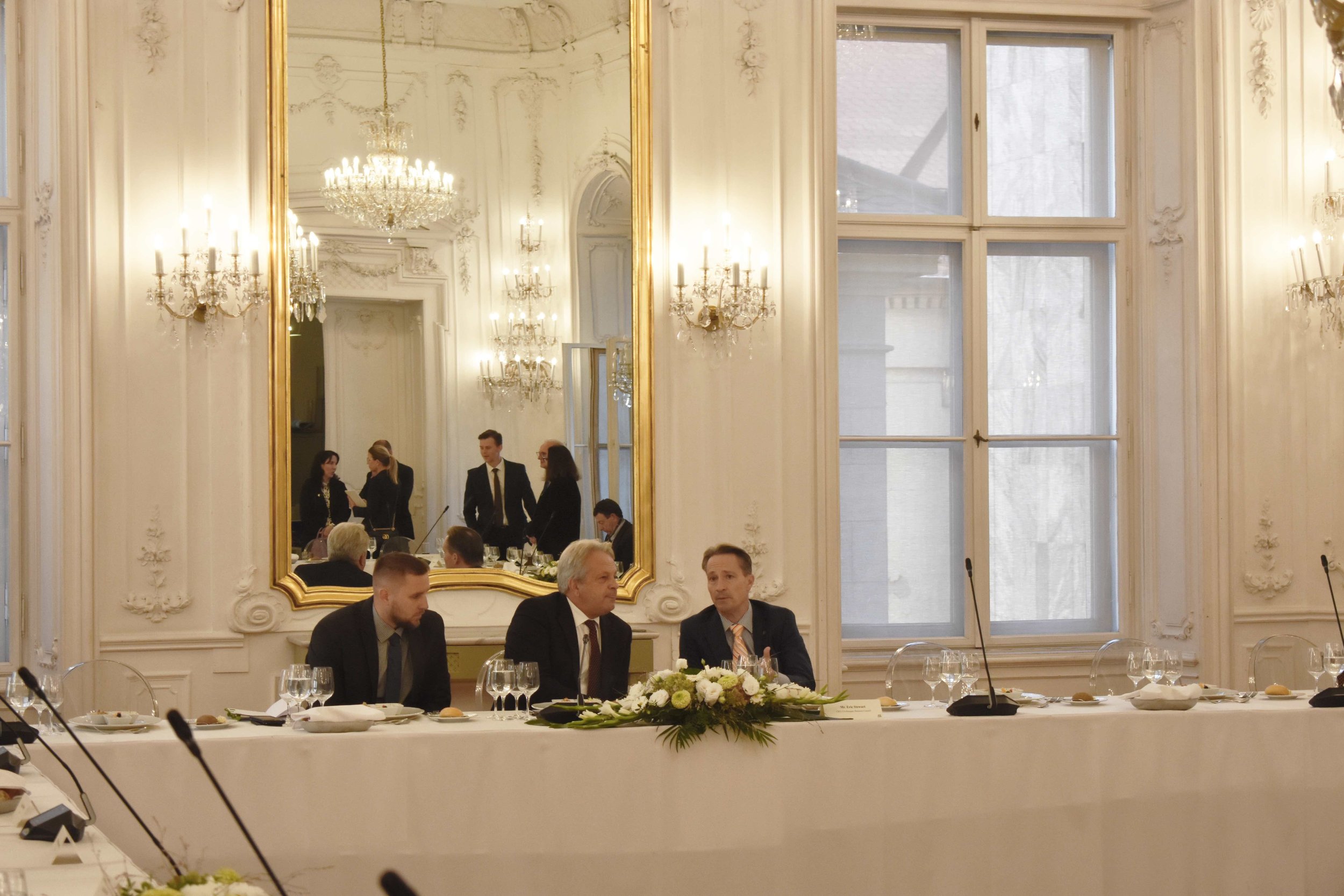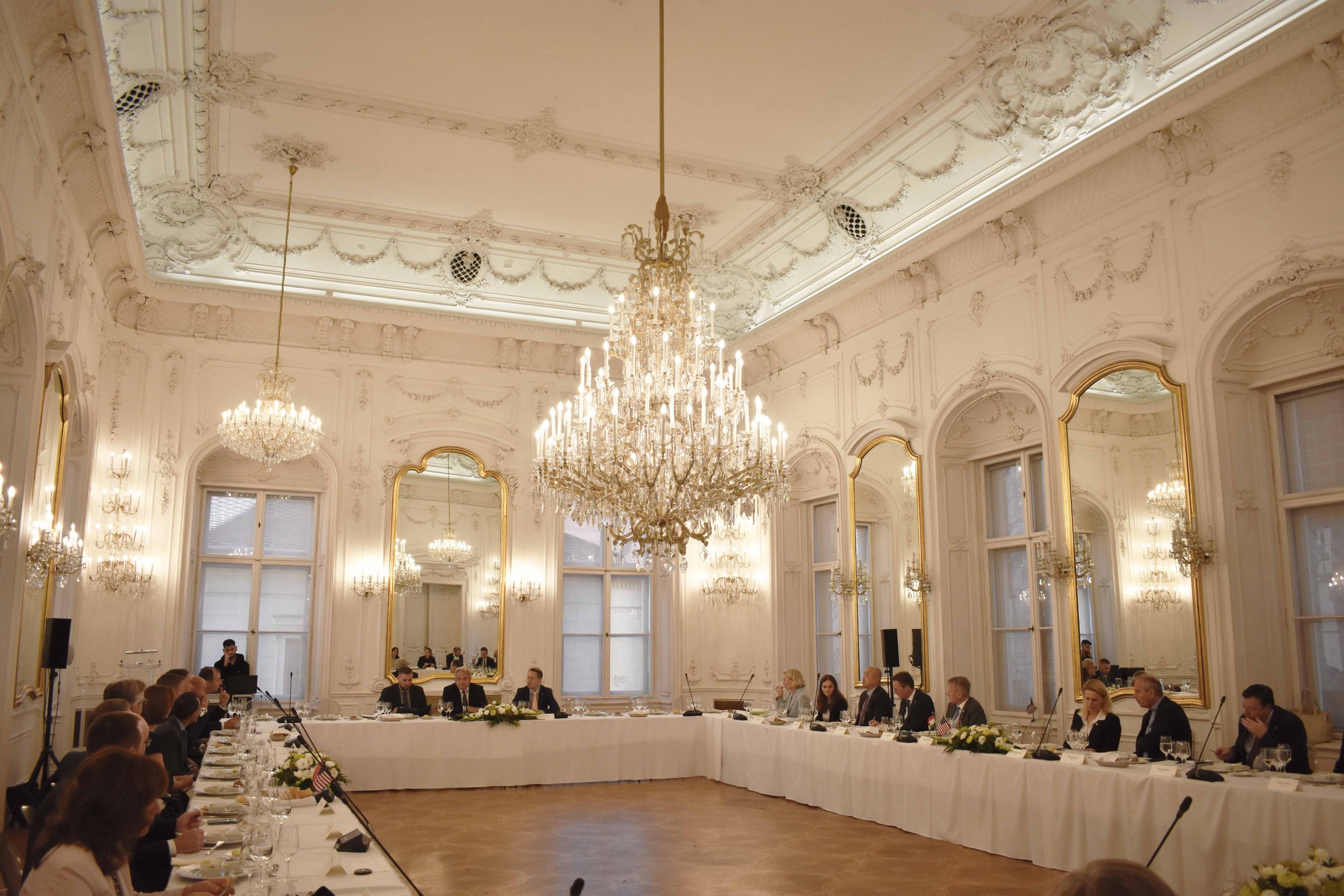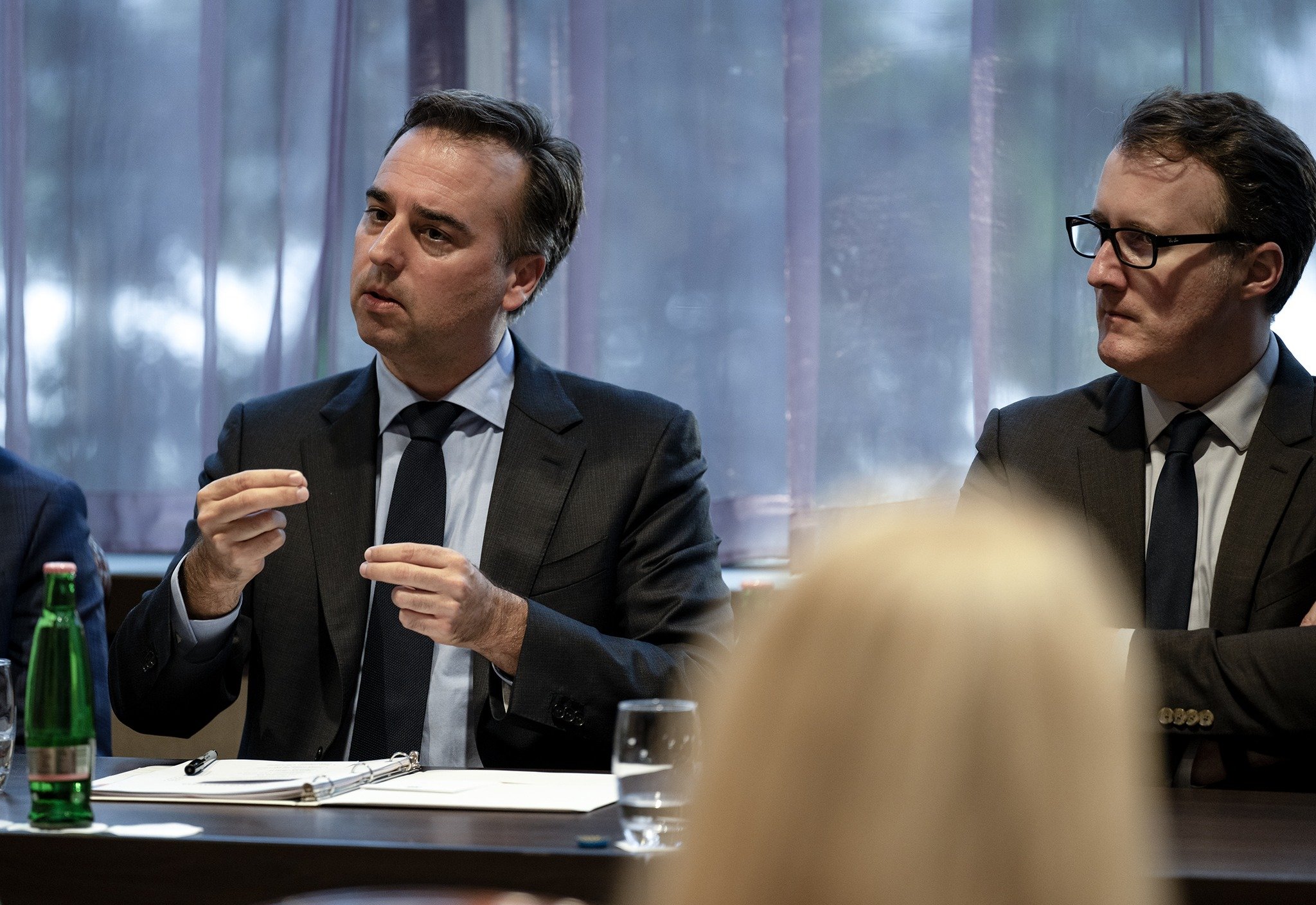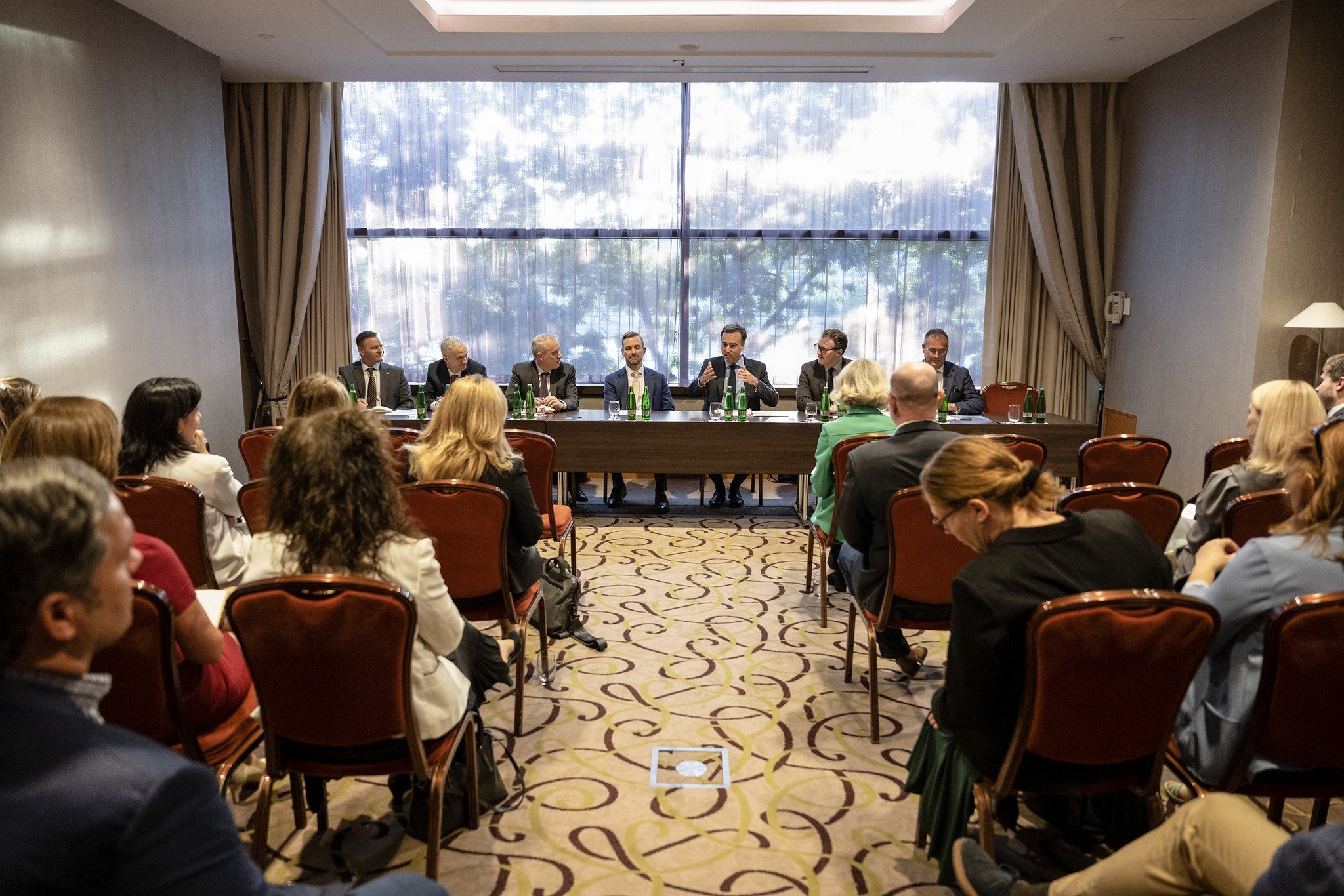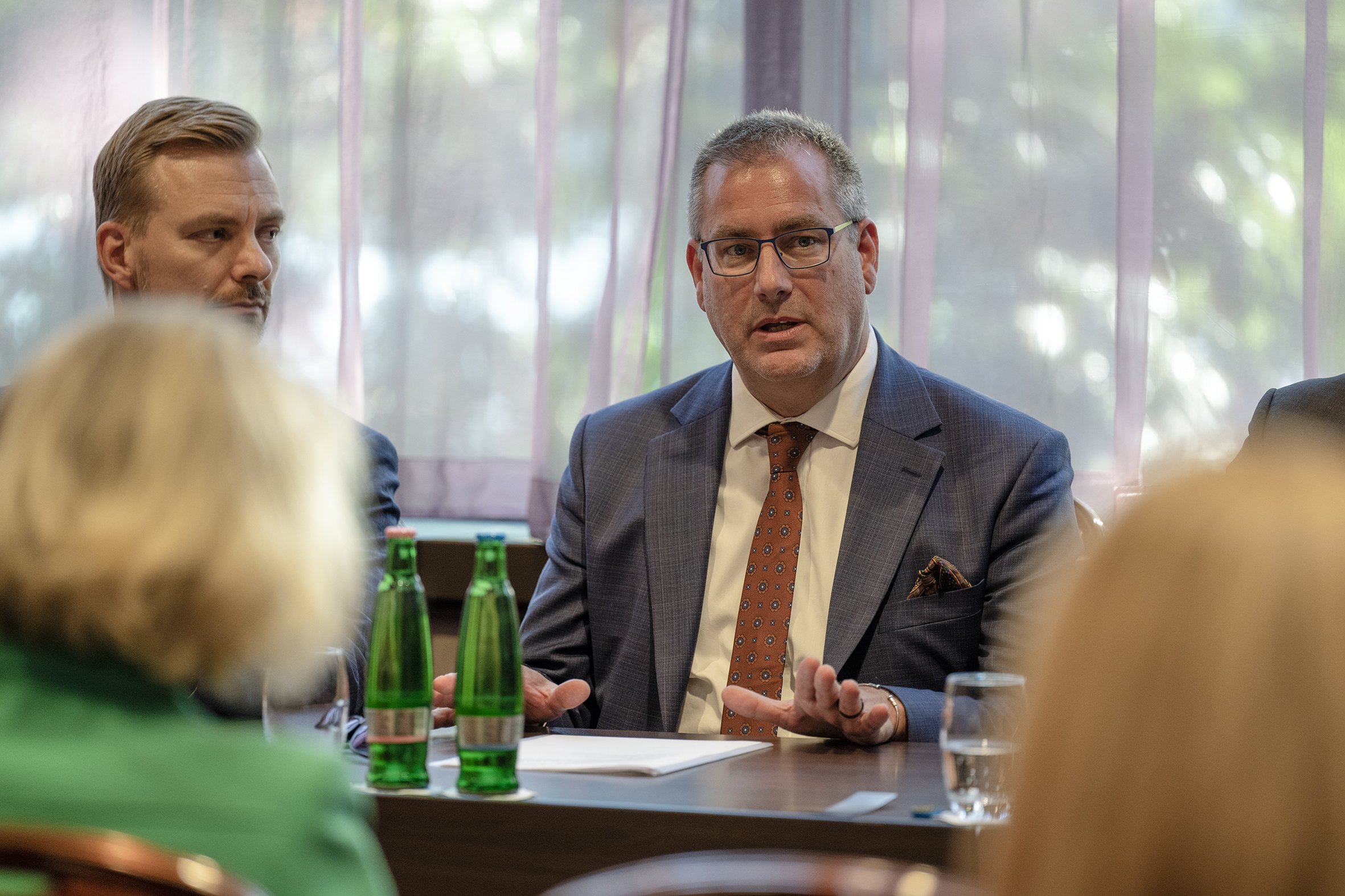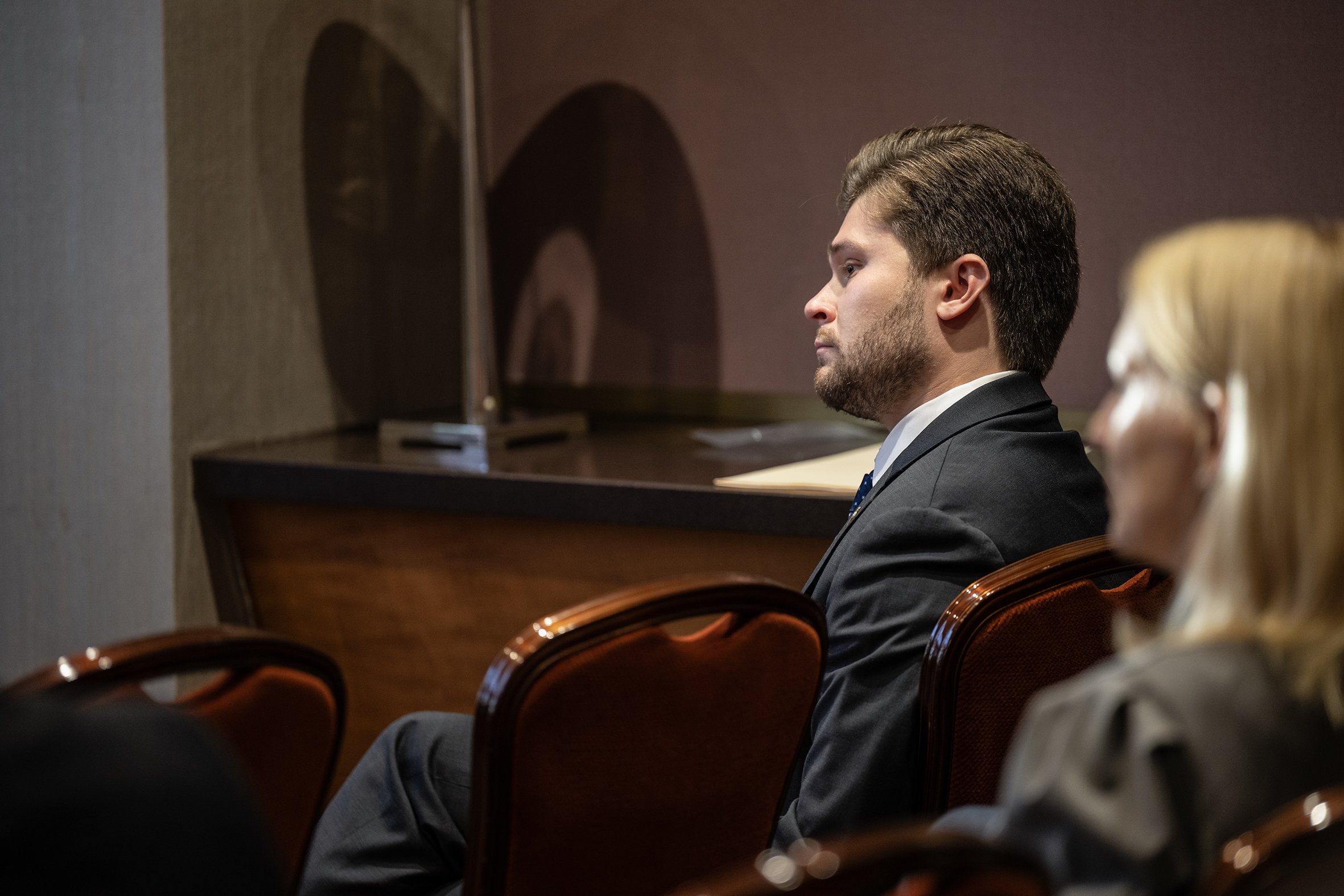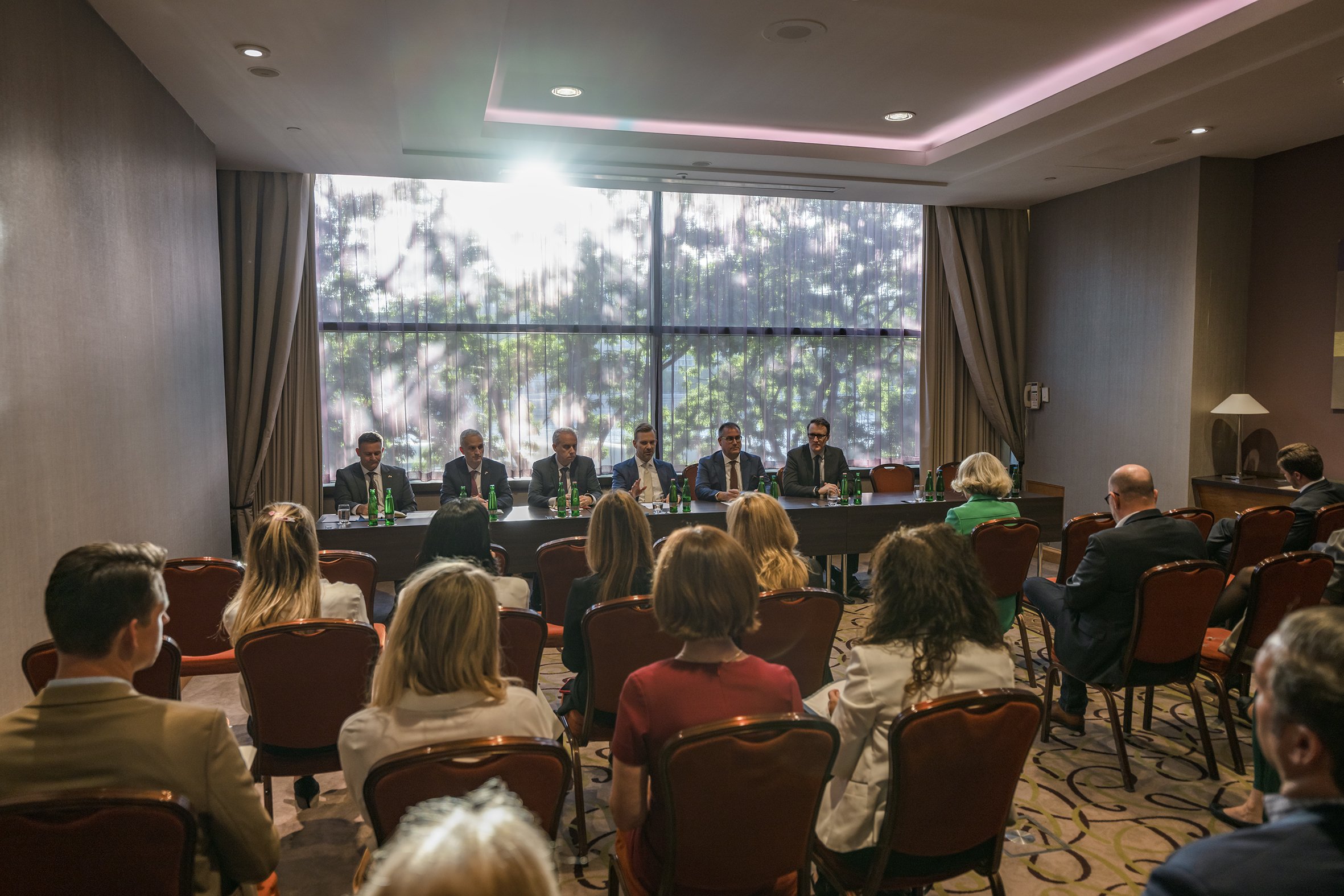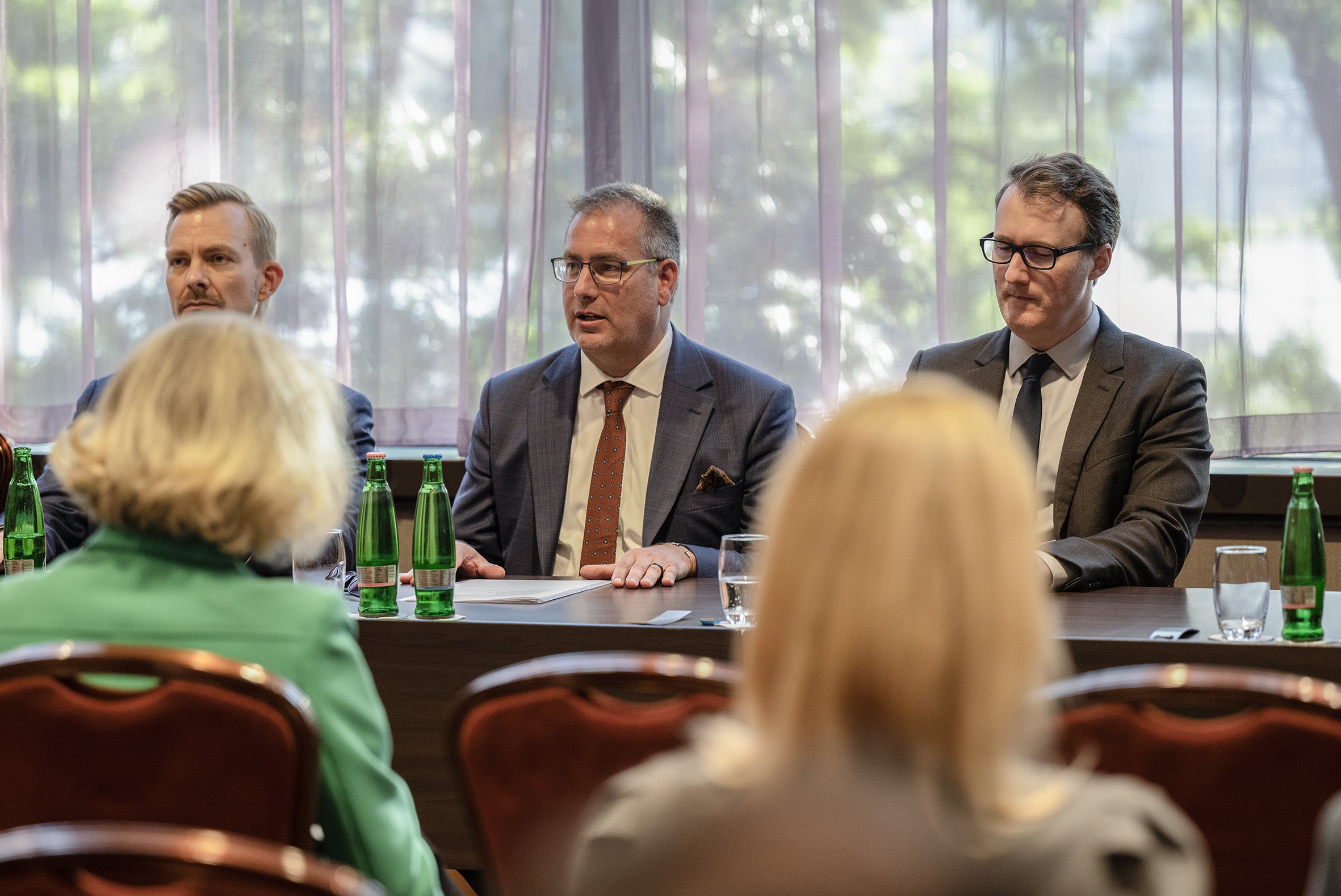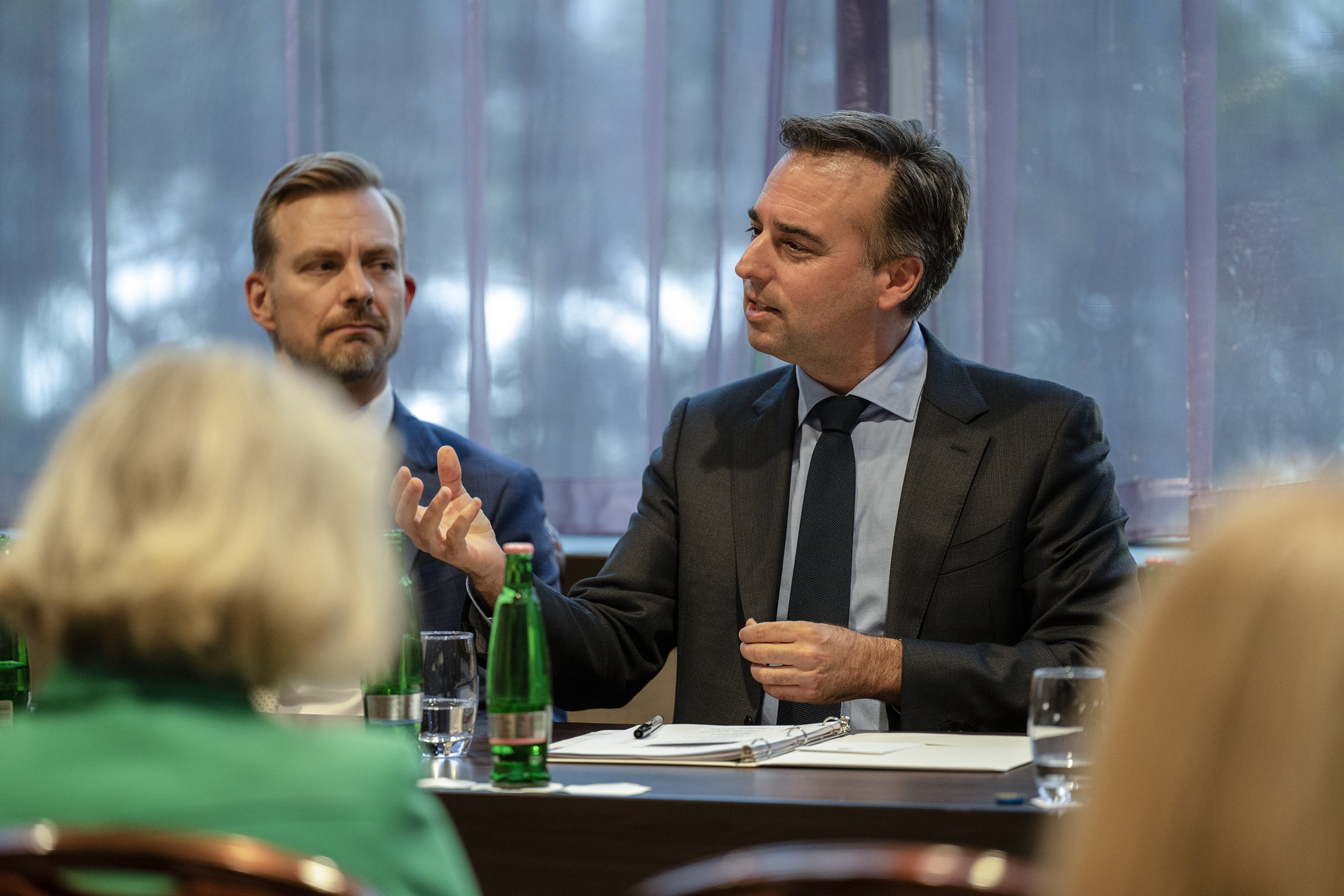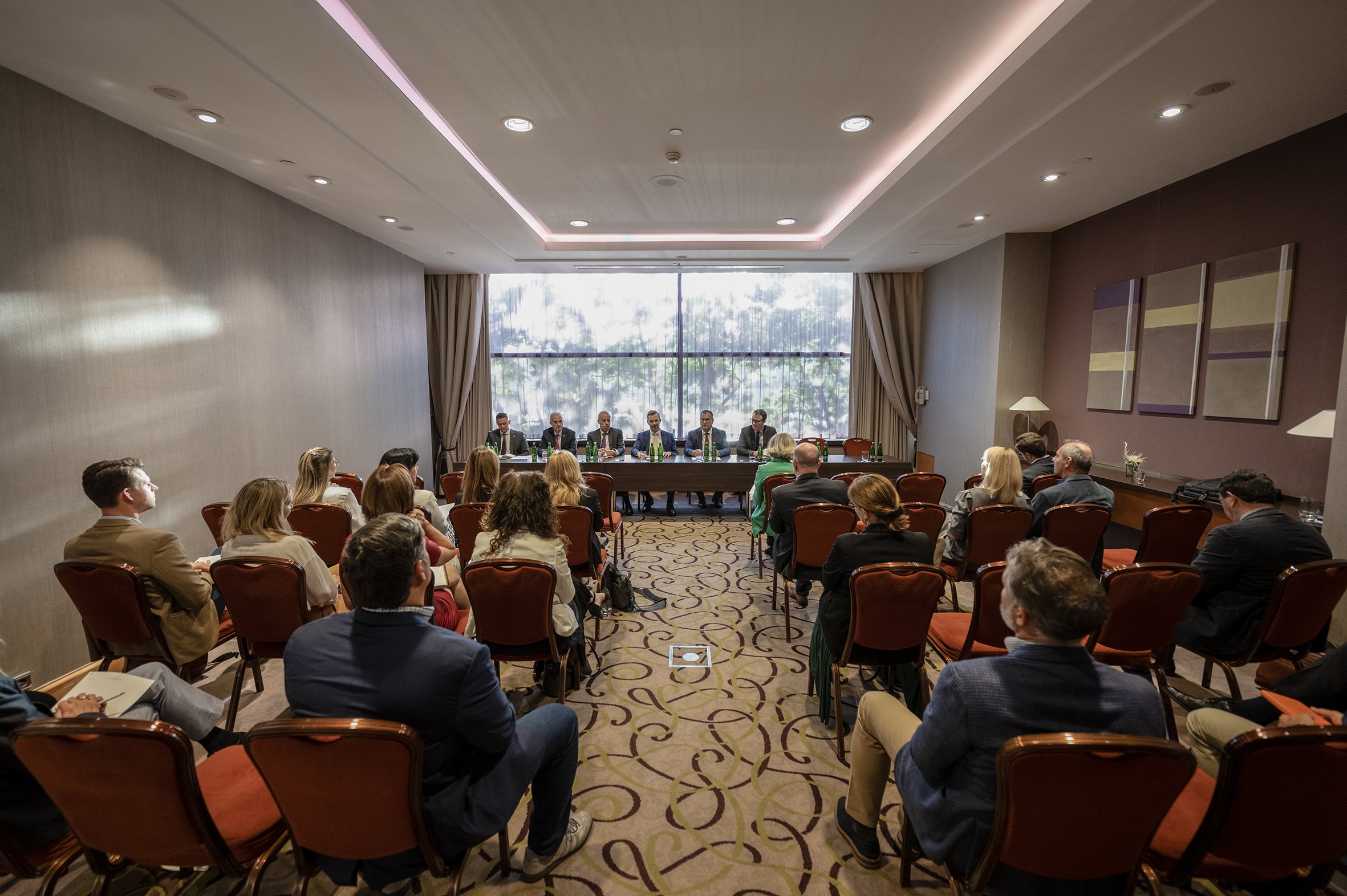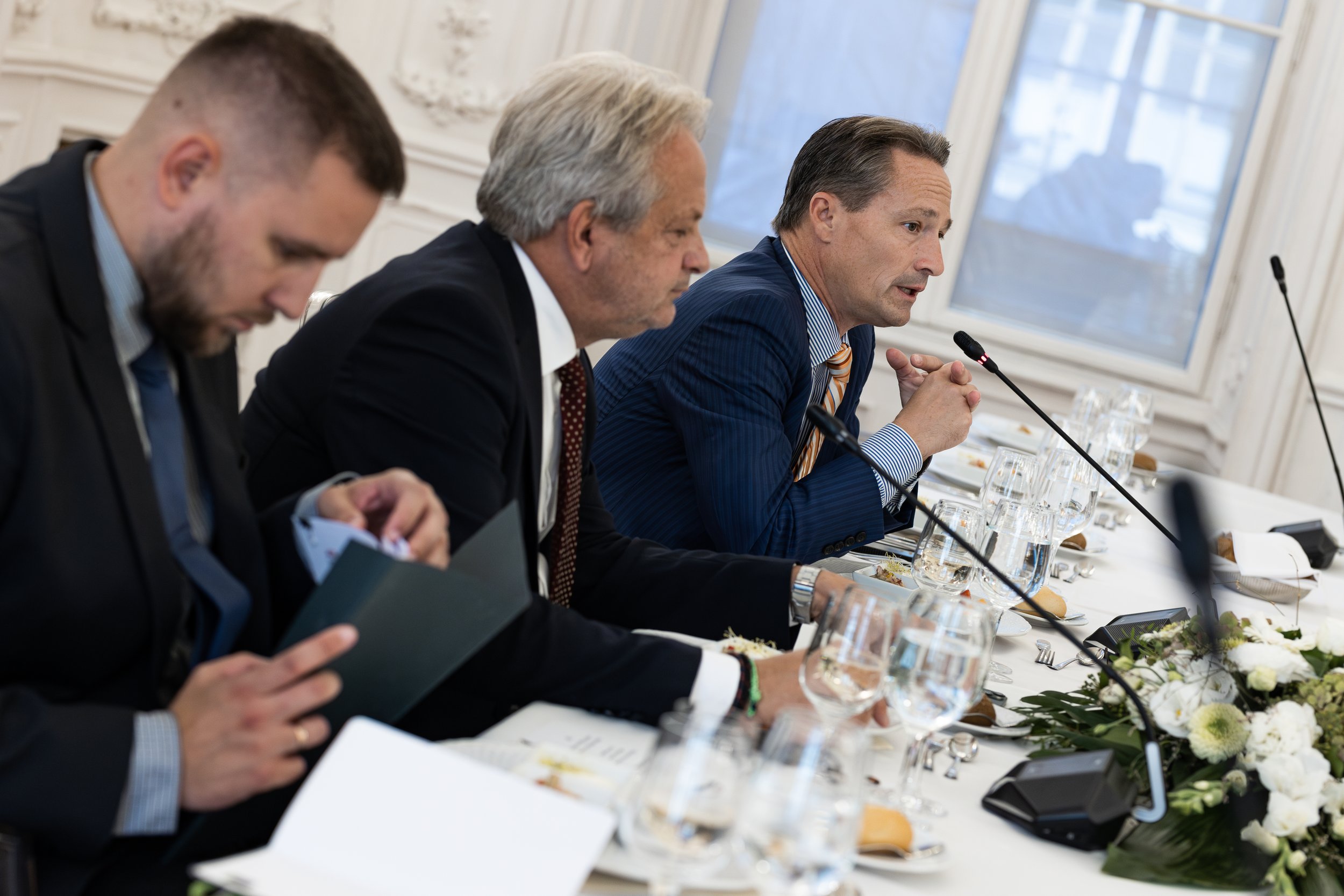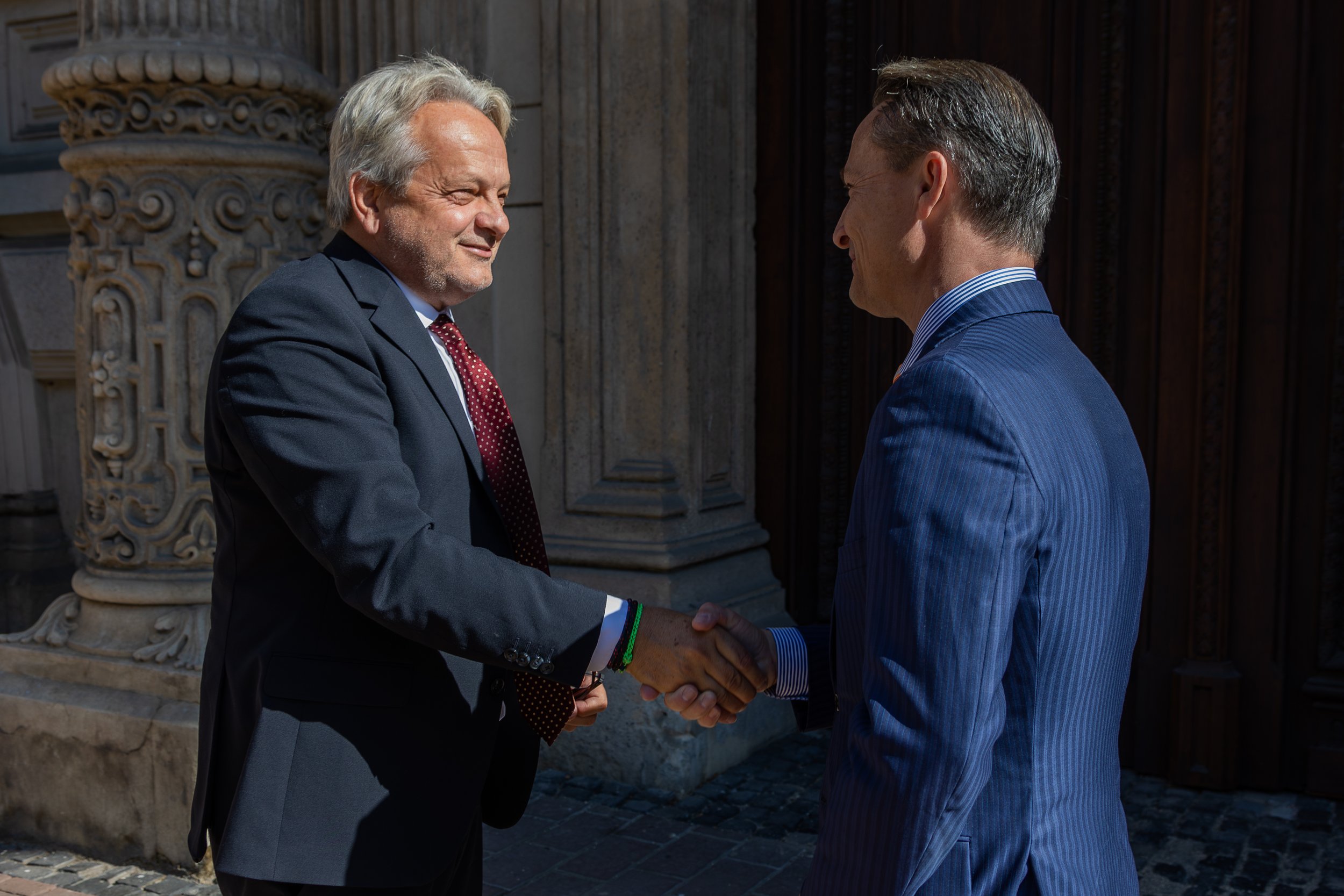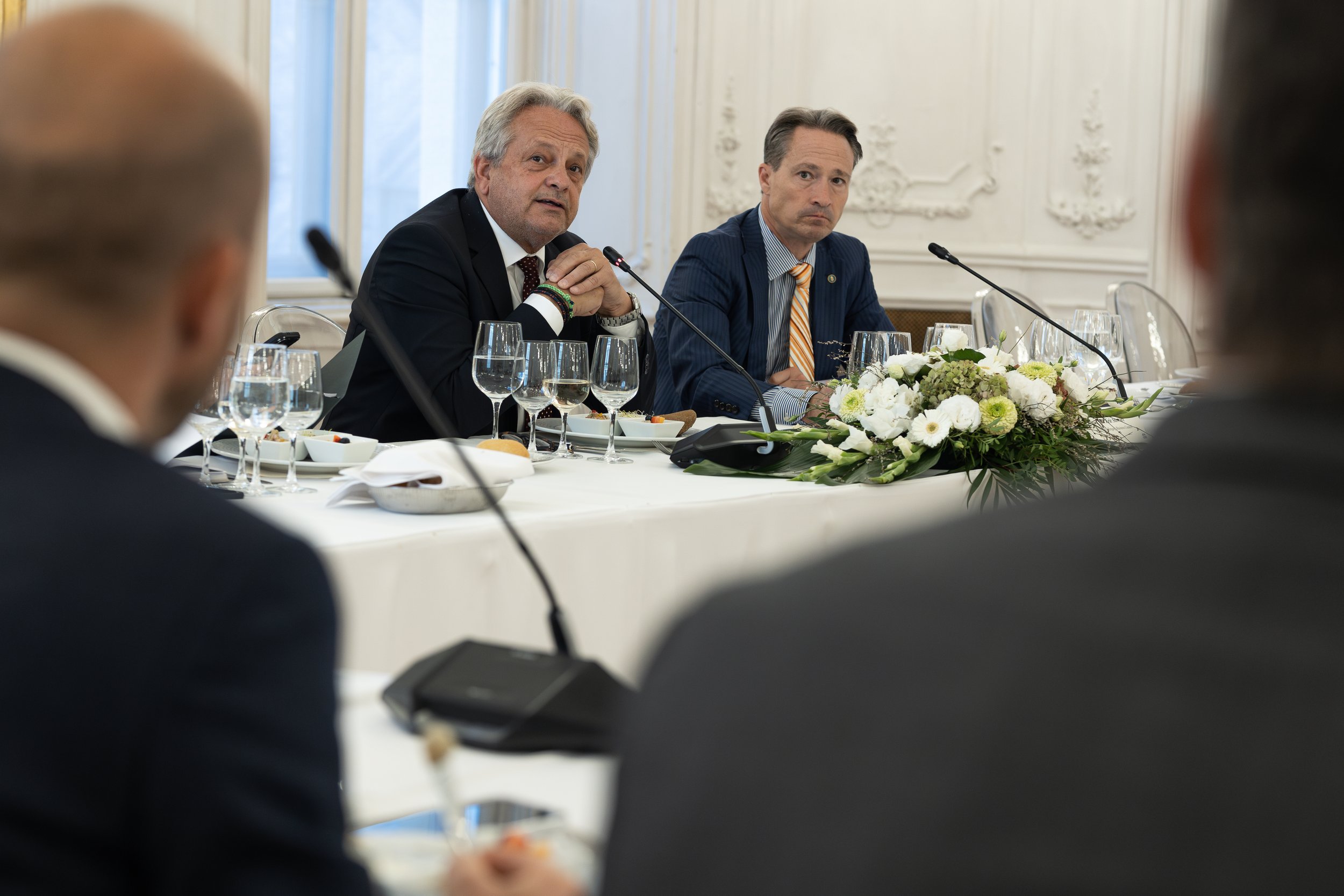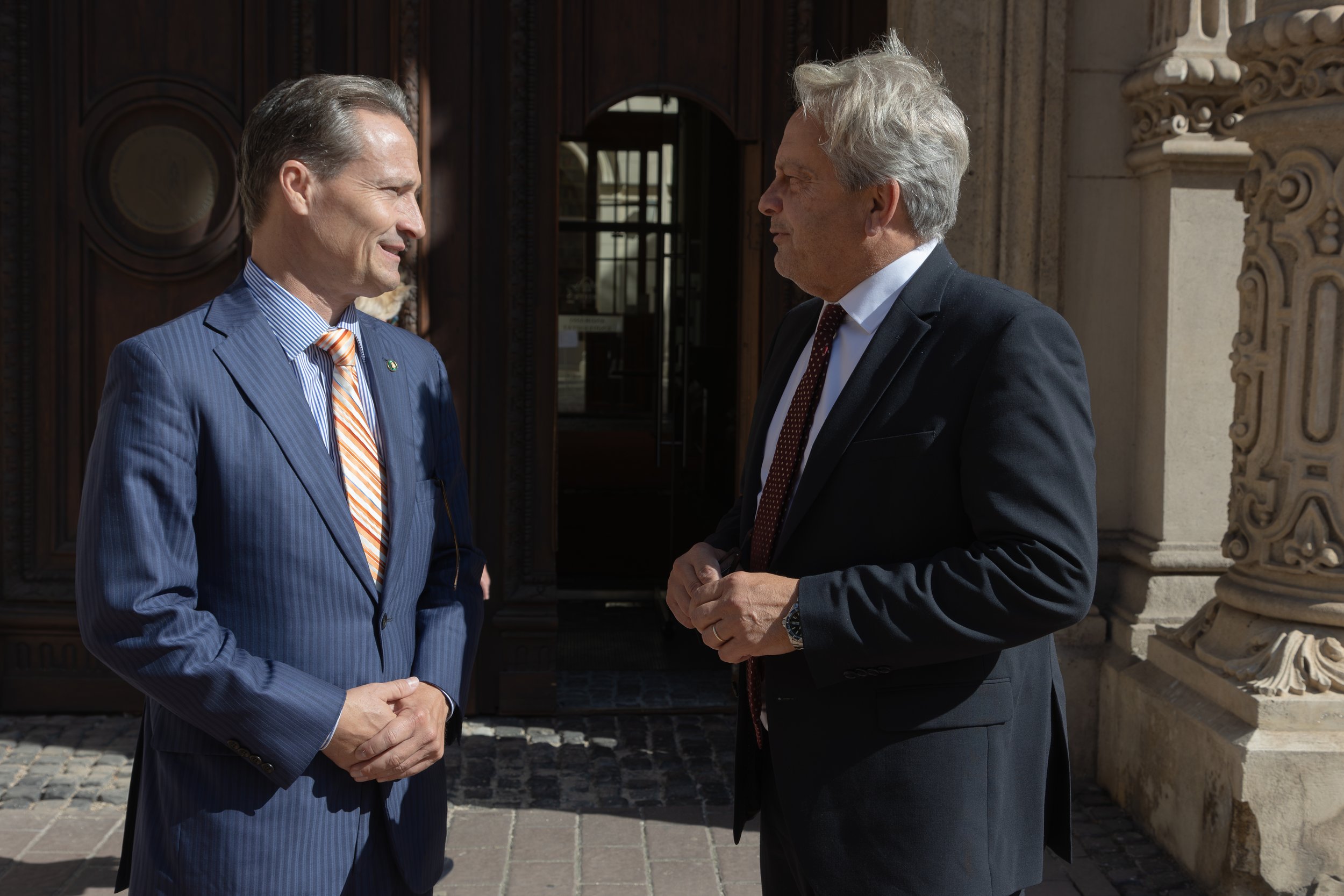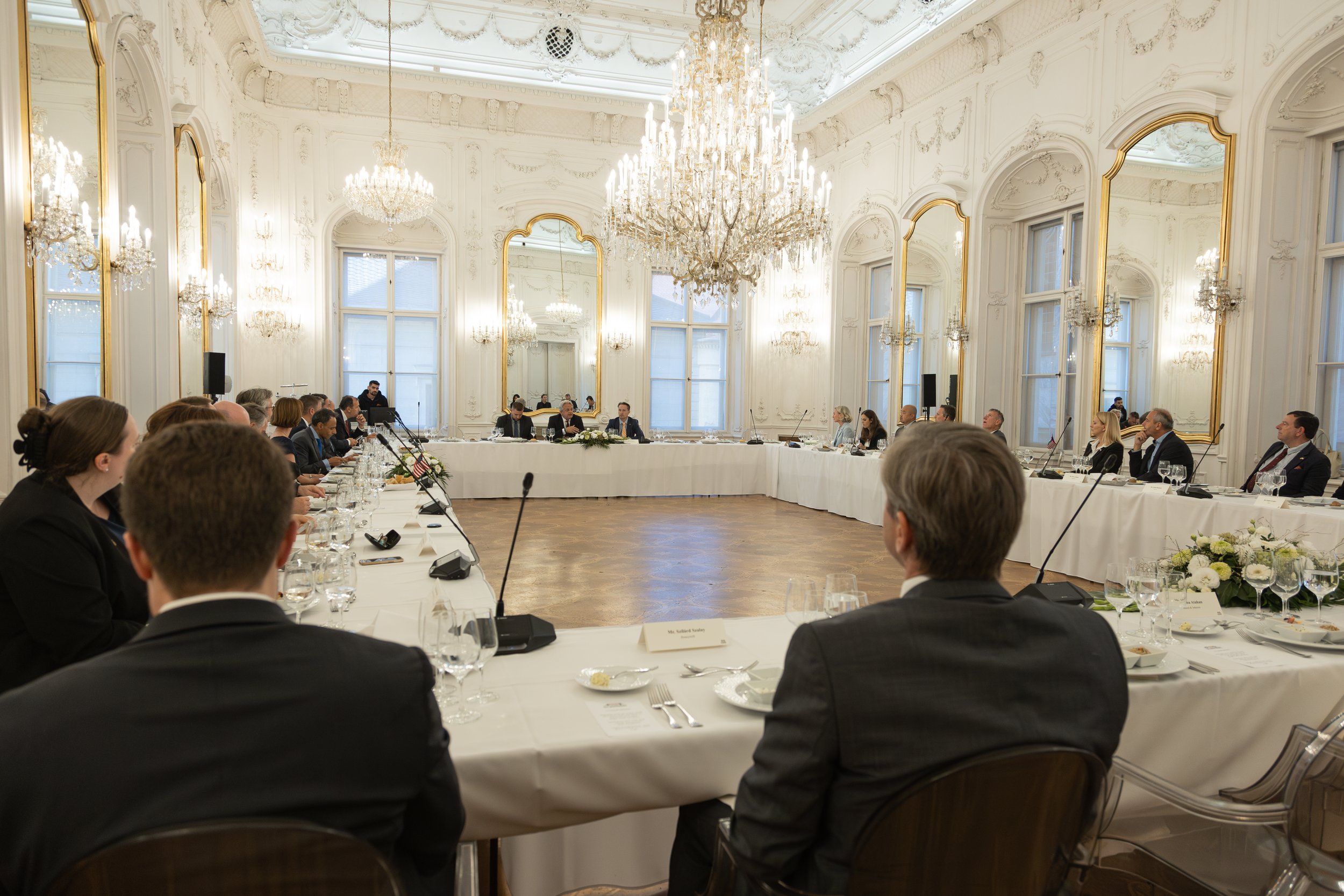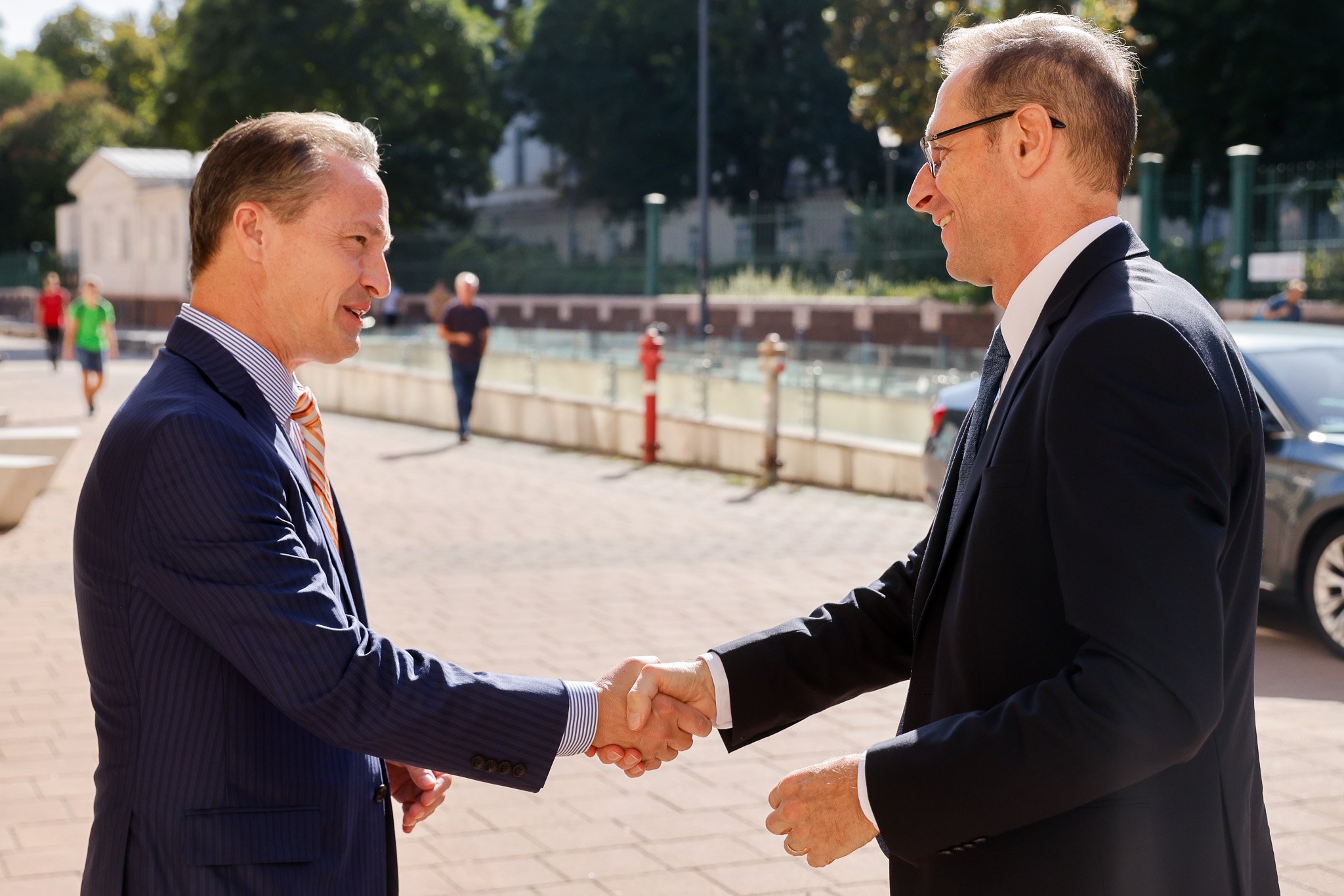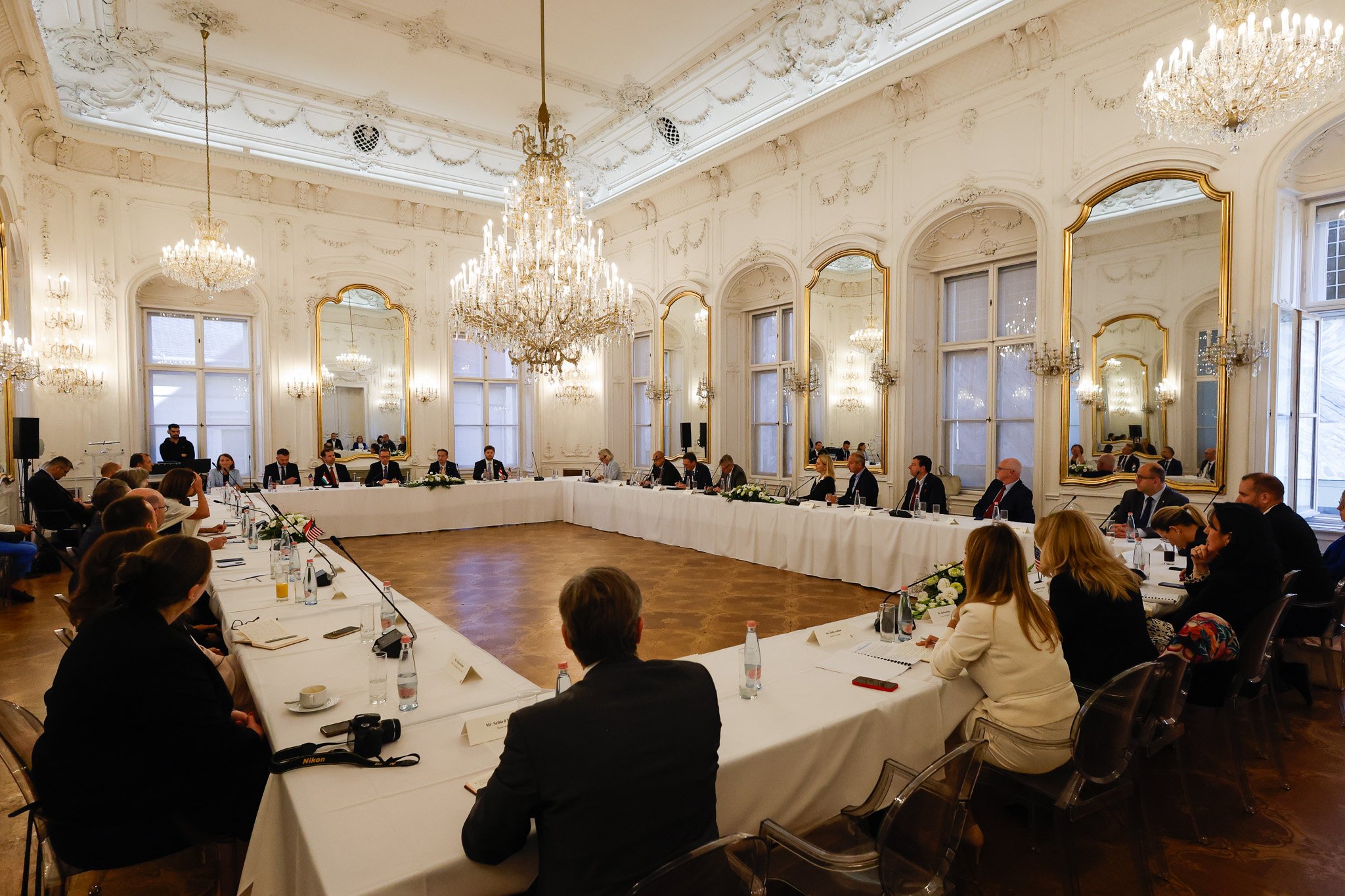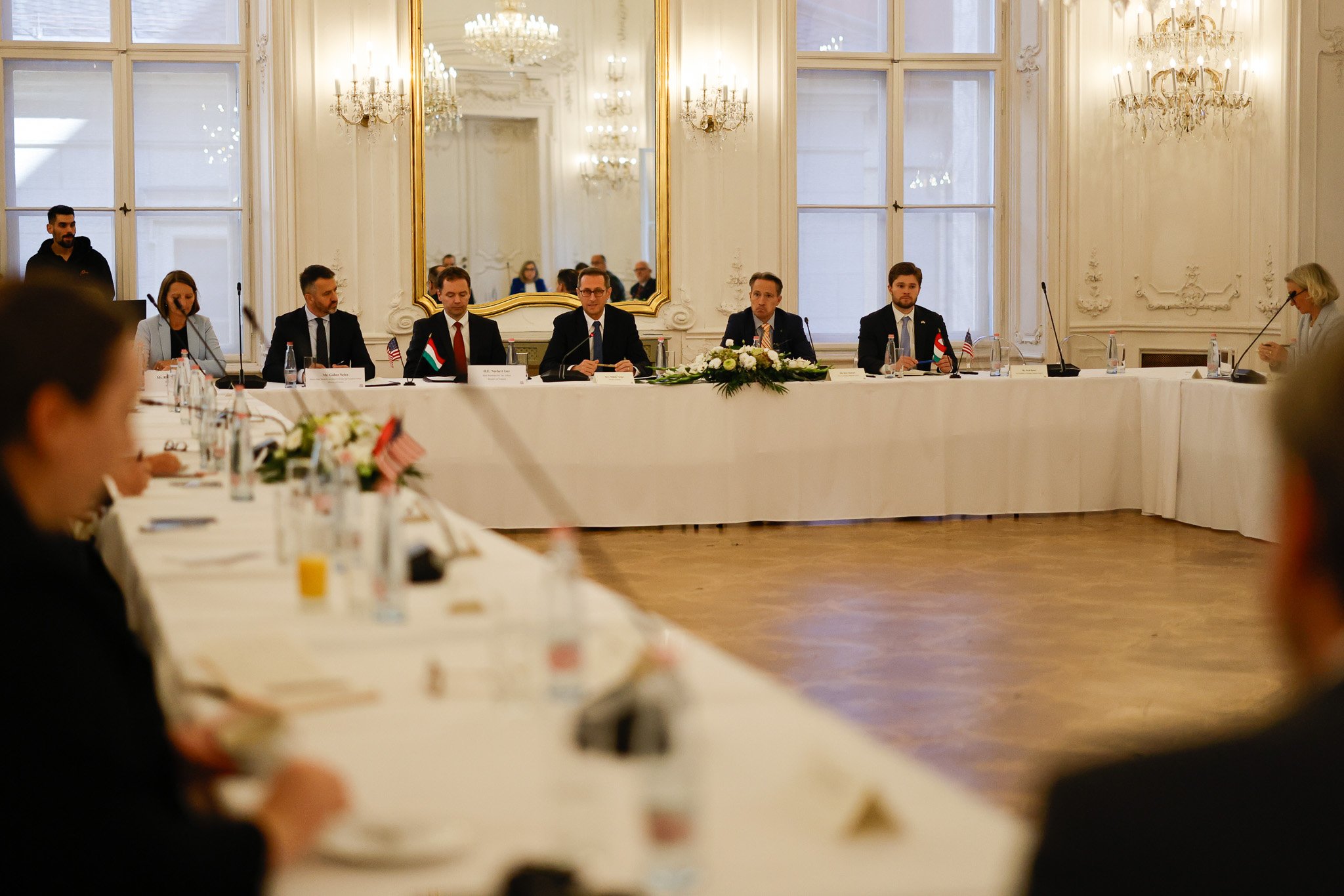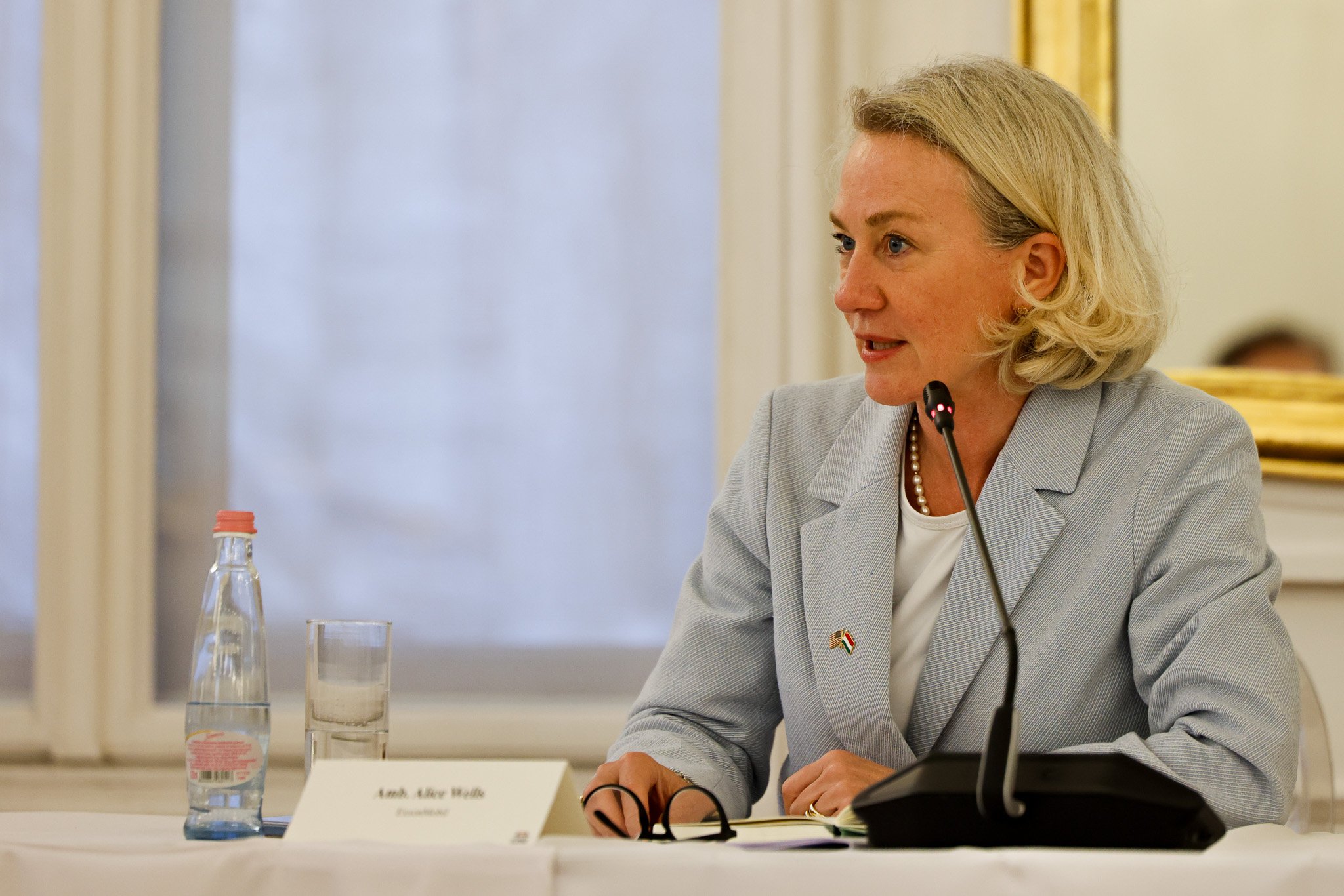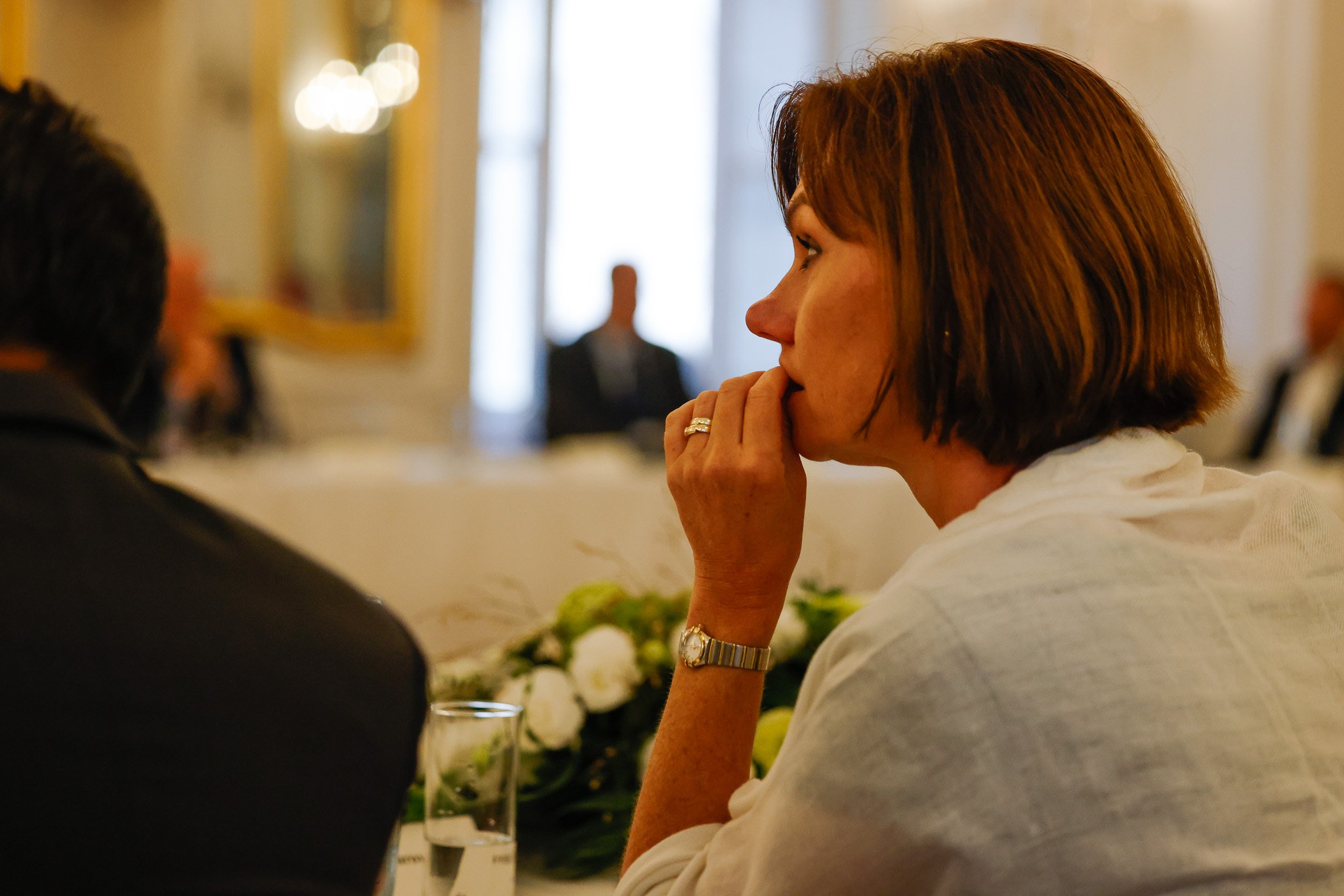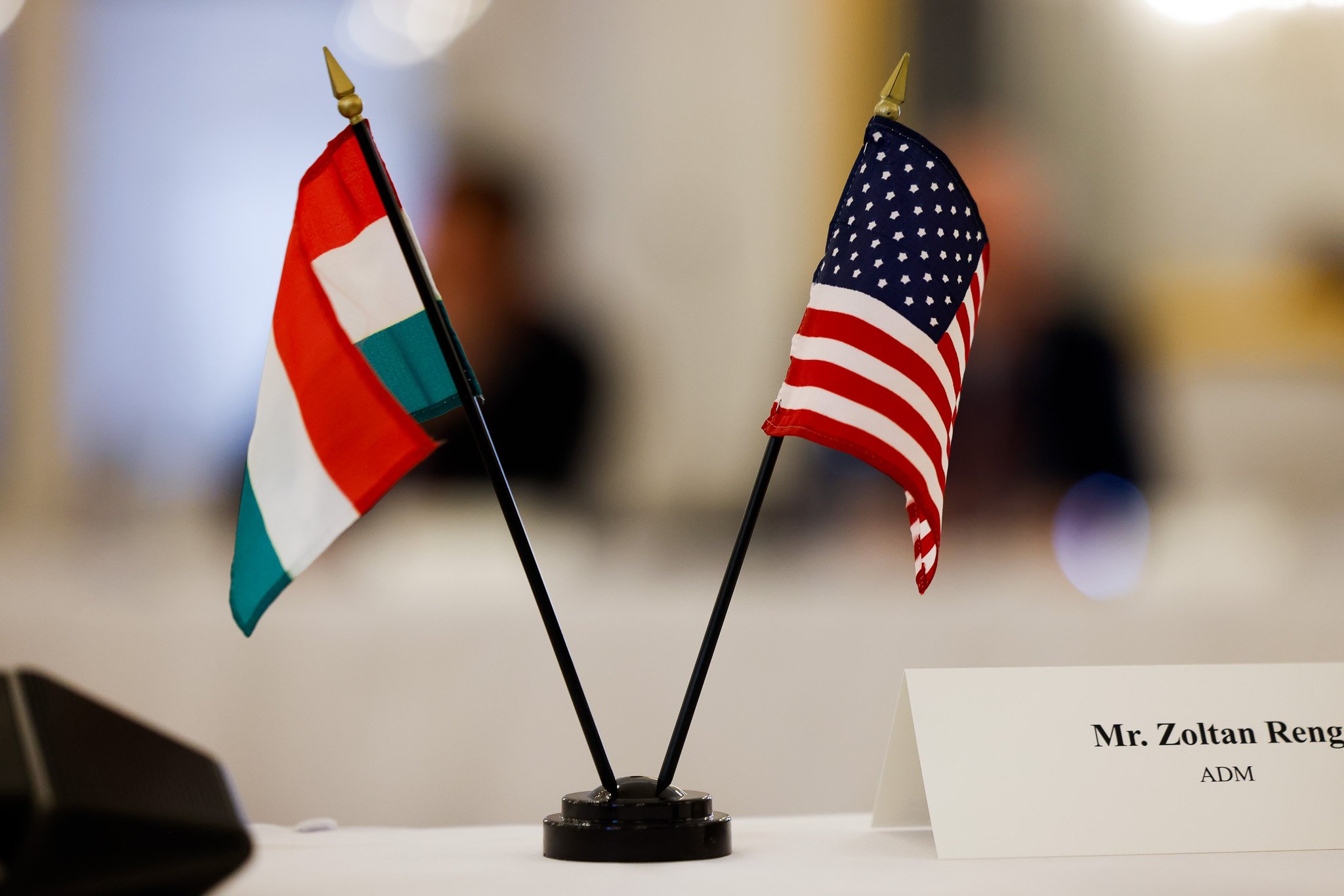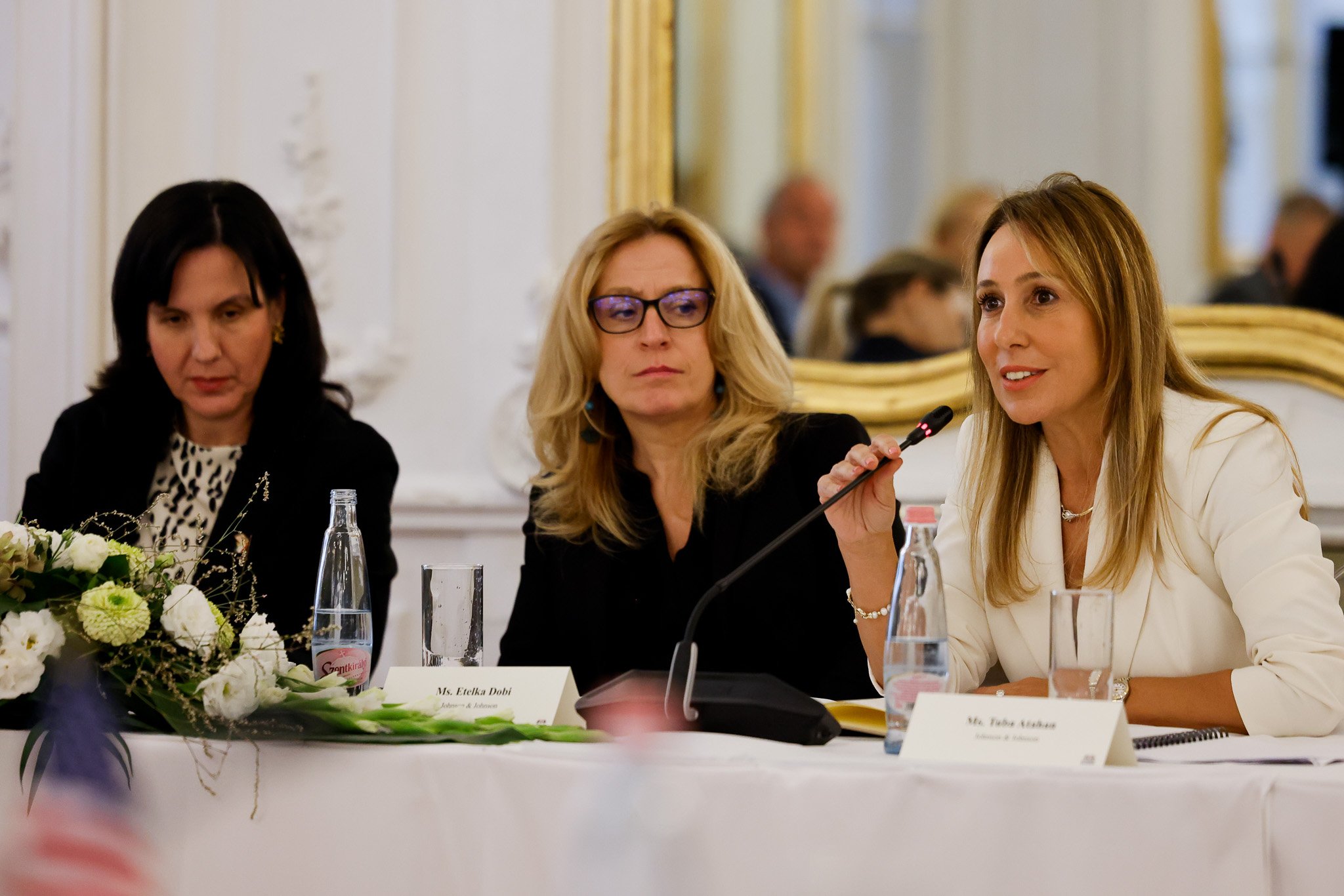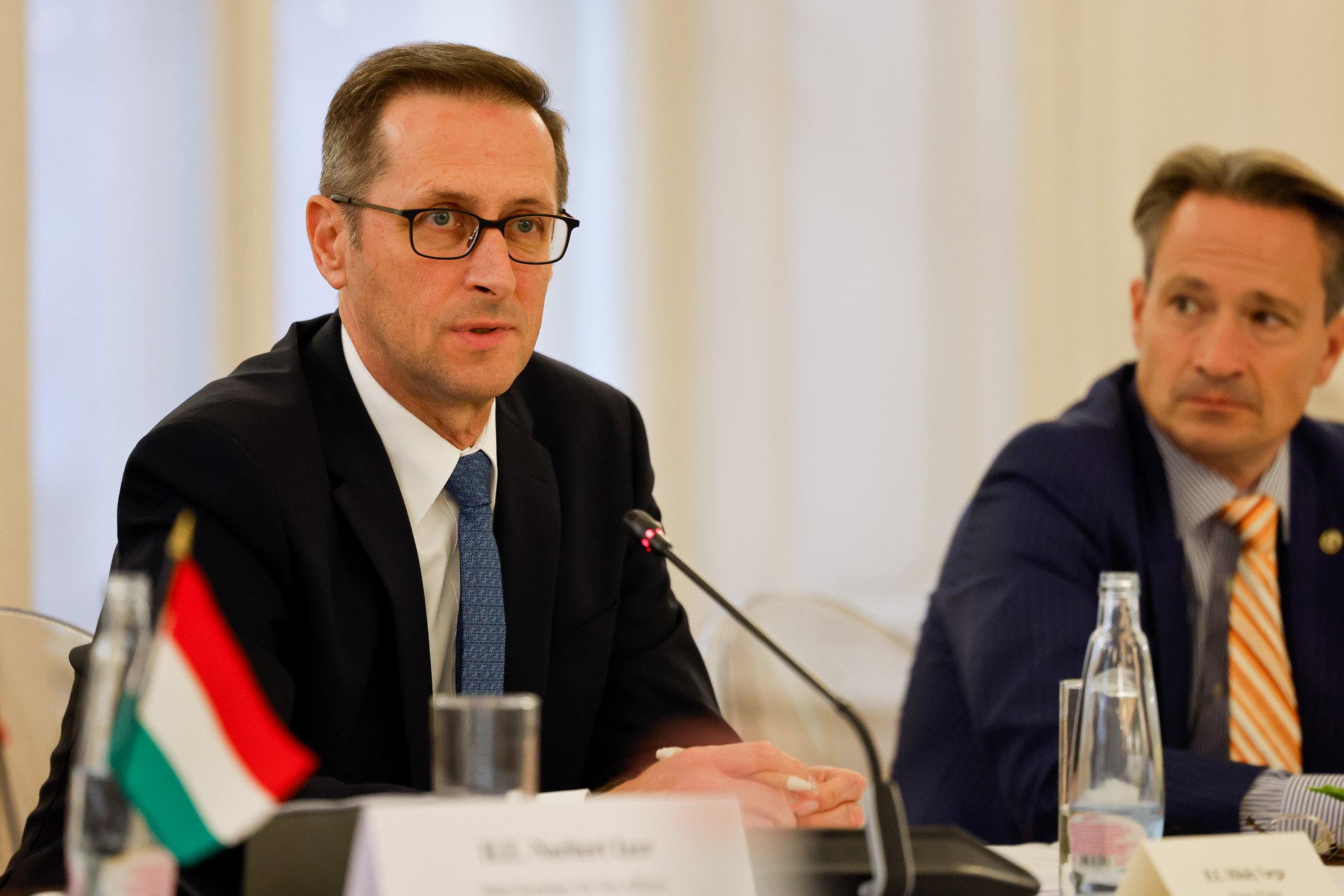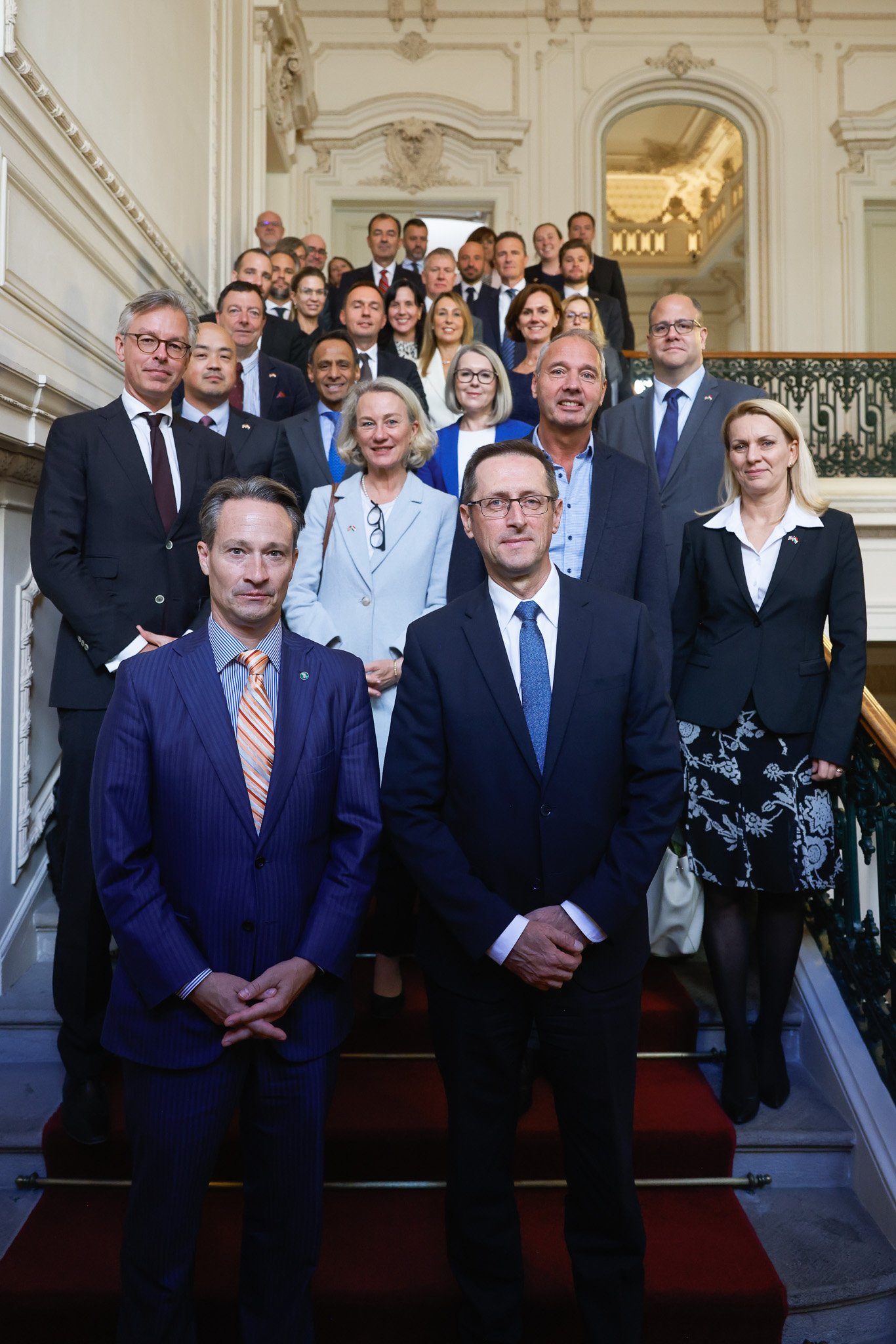Polish President Andrzej Duda’s and Prime Minister Donald Tusk’s March 12 White House visit was no mere diplomatic formality from an allied nation. It was a bold statement of solidarity and purpose that these two leaders, representing opposing political ideologies, set aside clear and compelling differences to urge continued American support for Ukraine — both political and financial.
That they would come together underscores not only how much the world looks to the United States for leadership, but also how much our ability to bridge our differences and deliver is under scrutiny. At this moment, we would do well to find inspiration in the example these political foes are setting themselves for us to follow.
Poland has come by democracy the hardest way imaginable, and perhaps for that reason, it is political competitors and opponents like President Duda and Prime Minister Tusk who are committed to ensuring its survival in Ukraine. Their joint appearance, representing dramatically distinctive political parties, is powerful proof that those who know best the dangers of an undeterred Moscow speak with the clearest moral urgency on the question of Kyiv’s survival in the face of Russian aggression.
This visit to Washington marked the 25th anniversary of Poland’s accession to NATO. Since joining NATO and the European Union, Warsaw has emerged as the European Union’s sixth-largest economy whose GDP has grown substantially since the democratic transition in 1989.
Poland now faces challenges to its political institutions and polarization that are familiar to our country and have contributed to a recession in global democracy now entering its 15th year. But, in traveling together for their historic White House meeting, Poland’s leaders demonstrated that their commitment to democracy and global solidarity was strong enough to do what we sometimes struggle to do as the world’s oldest democracy: act as if some issues really do stop at the water’s edge.
Of course, at a time when some suggest that the United States should align itself more with Russian President Vladimir Putin and Europe’s autocrats, it is worth understanding that the people of Poland, who live in a neighborhood made more insecure by Russia, look towards the West for a reason. The Pew Research Center found that 91 percent of Poles hold a favorable view of the United States, contrasting sharply with their 97 percent unfavorable view of Russia. Perhaps we should listen to an ally that knows more about Moscow than its gleaming subways.
Democracy and inclusiveness have not always come in a straight line in a nation wrestling with its own challenges. But because of that — not despite it — we would do well to learn from how Poles put cultural clashes and unresolved differences to the side when it came time to embrace unifying, galvanizing generational challenges.
Most importantly, Poland’s role as Europe’s frontline defender is difficult to overstate. With one of Europe’s largest militaries and 10,000 U.S. troops stationed on its soil, Poland is at the forefront of efforts to support Ukraine and provide aid, health care and refuge to Ukrainians fleeing conflict.
Now, of course, in the face of mounting military and economic challenges, Poland is pressing the United States to do what only the United States can: not give up on Ukraine and Europe. Unpersuaded leaders of Congress should know that this was no ordinary visit. We’d be making a mistake of historic proportions if we can’t put aside our political differences long enough to stand with Ukraine, especially when Poland’s leaders put aside fissures to appeal to the United States.
By standing with these two unmatched bookends of leaders from Poland, from Washington to Warsaw, we can send a strong message to Moscow and Kyiv. Today, it’s the younger of these two democracies setting an example we’d do best to follow.
Lee Feinstein was the United States ambassador to Poland under President Obama. Eric Stewart was the U.S. deputy assistant secretary of Commerce for Europe/Eurasia under President George W. Bush. He serves as the founder/CEO of the U.S.-Poland Business Council.
Eric Stewart

